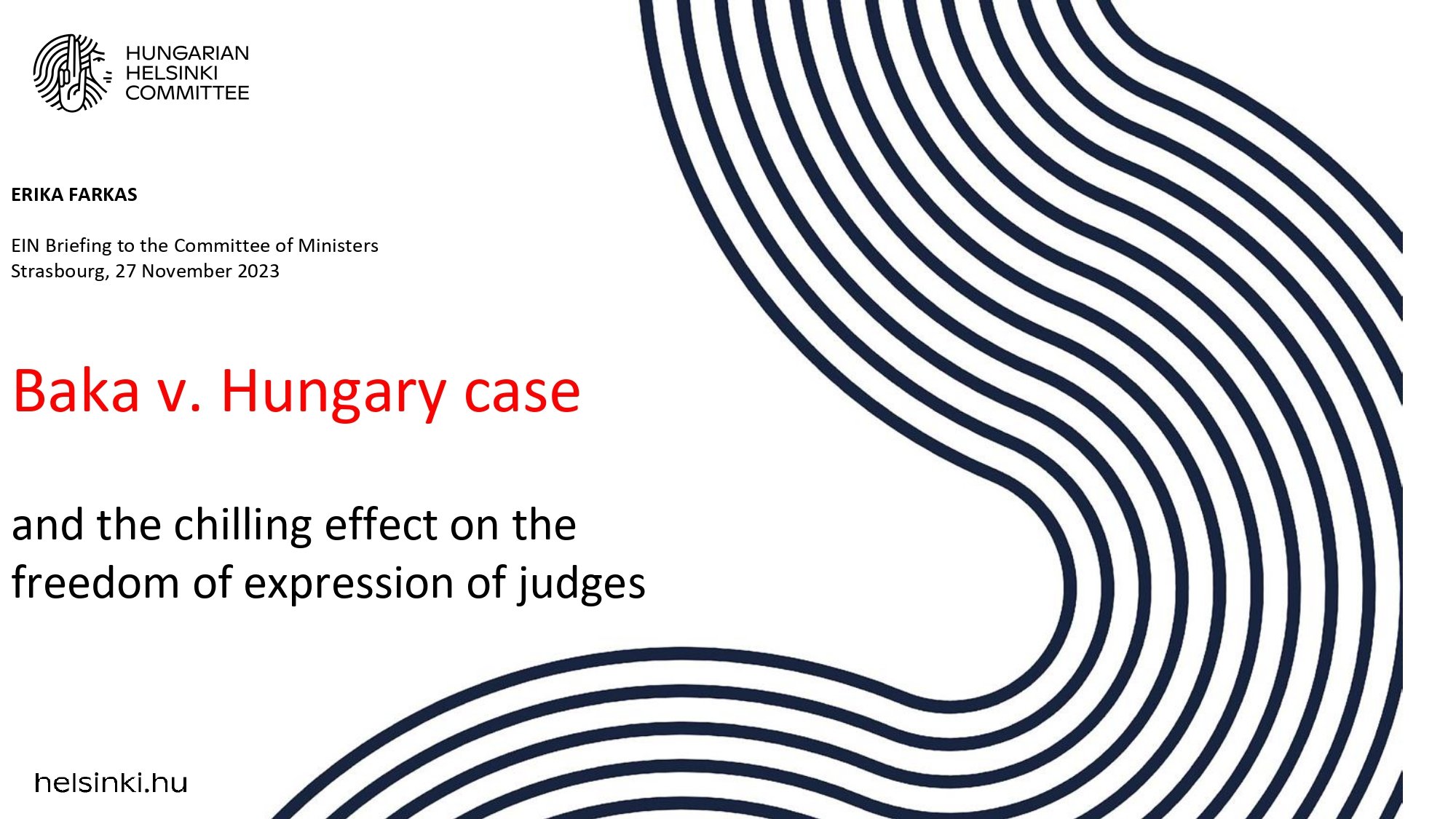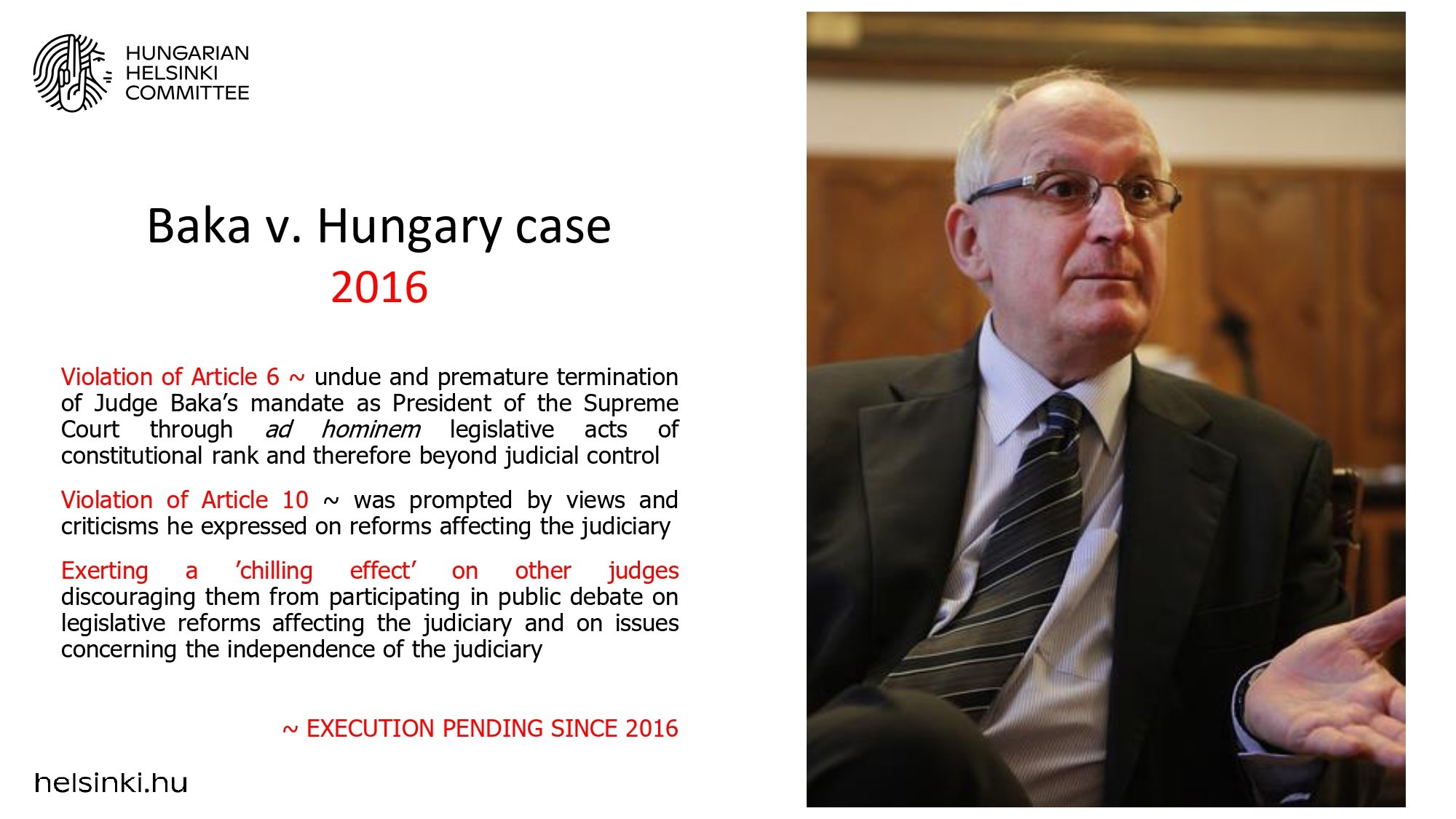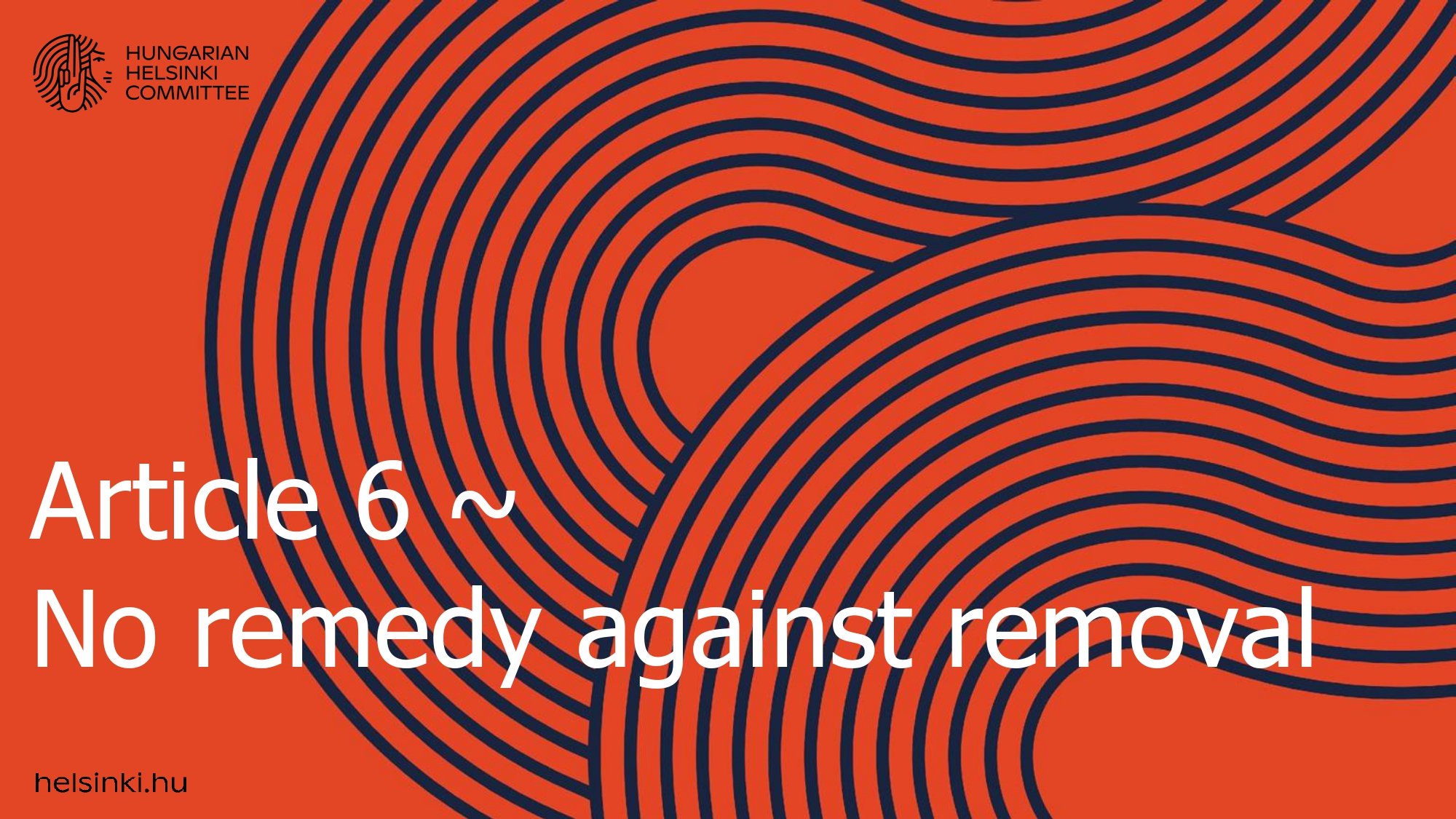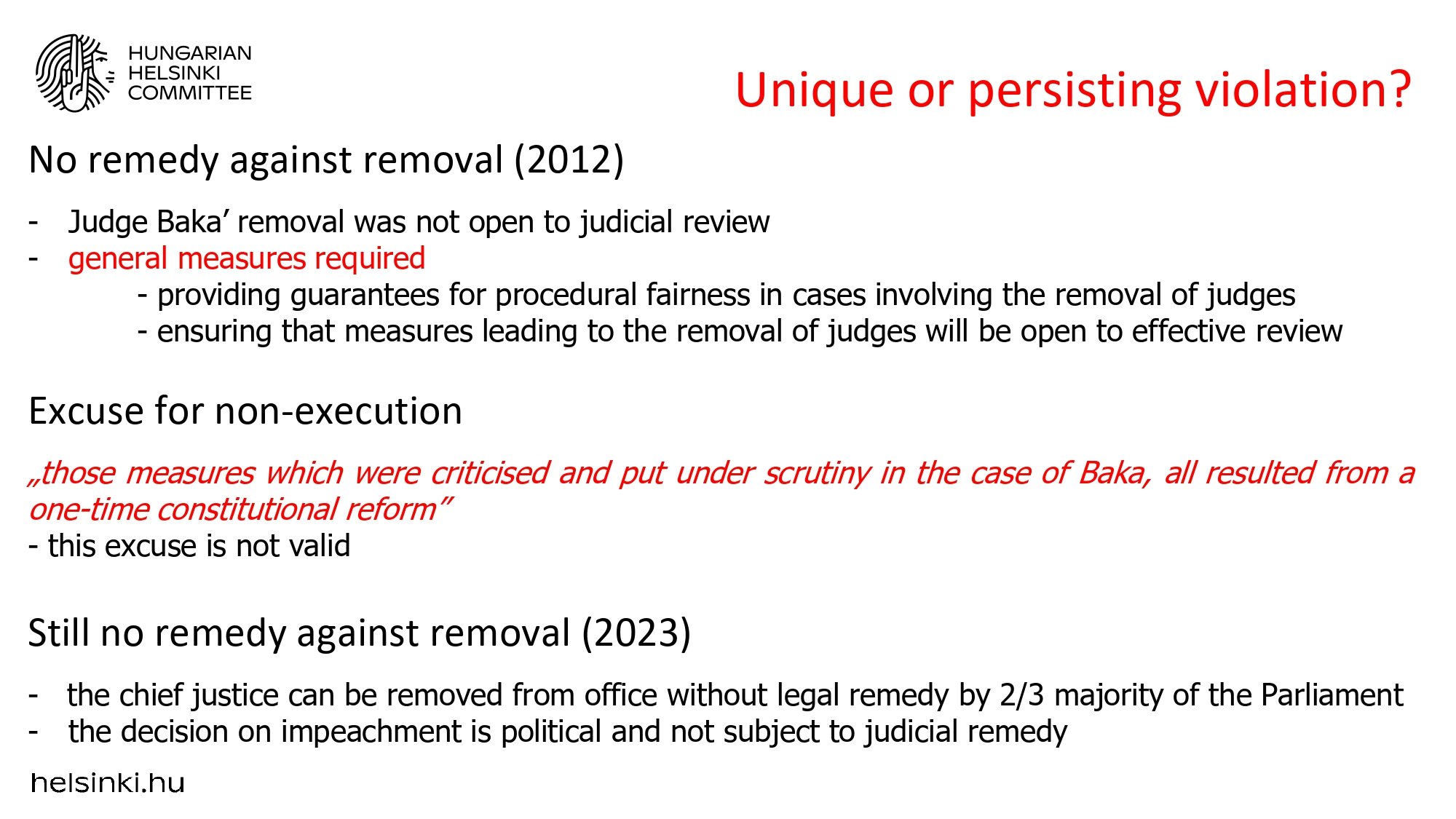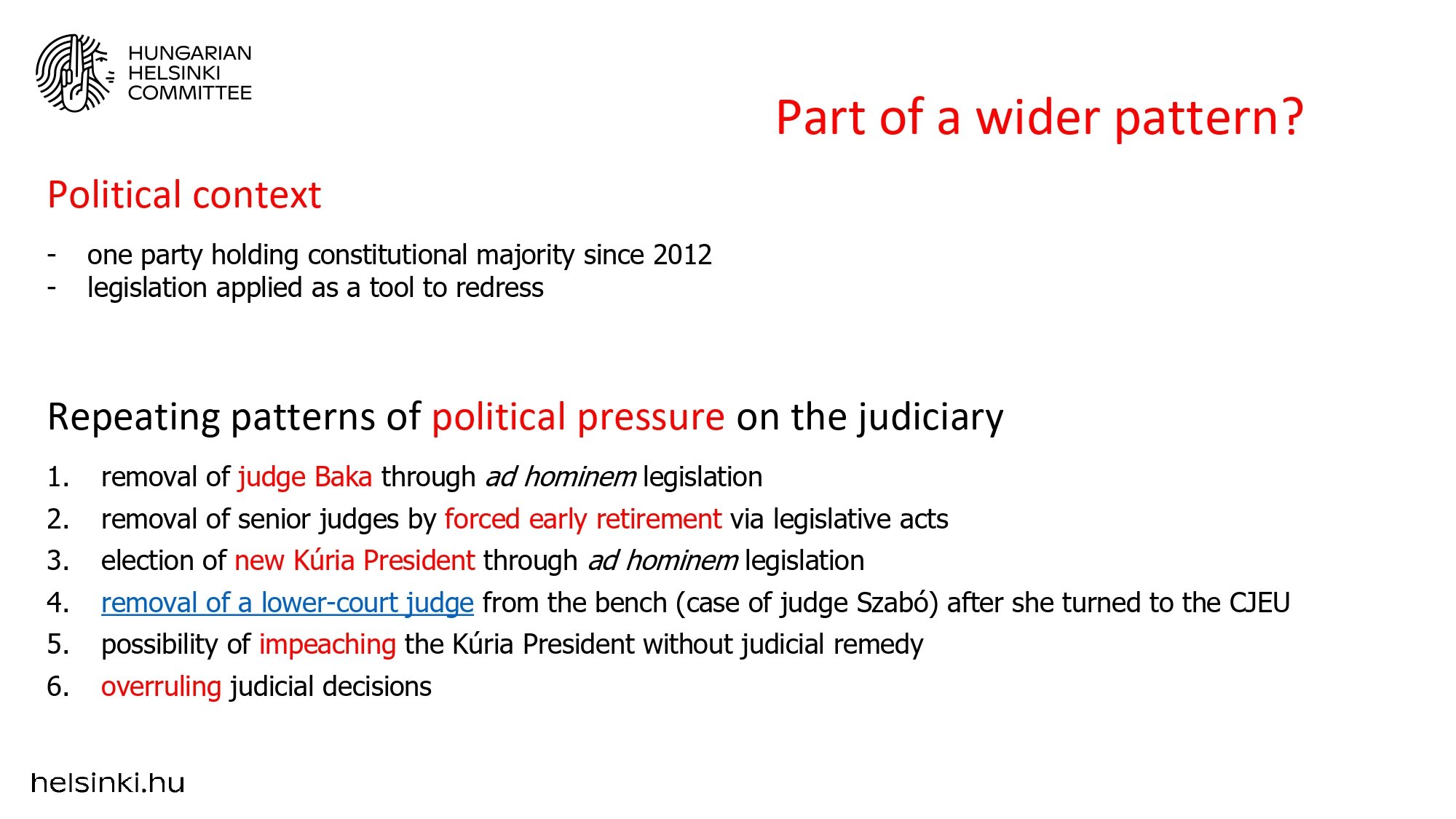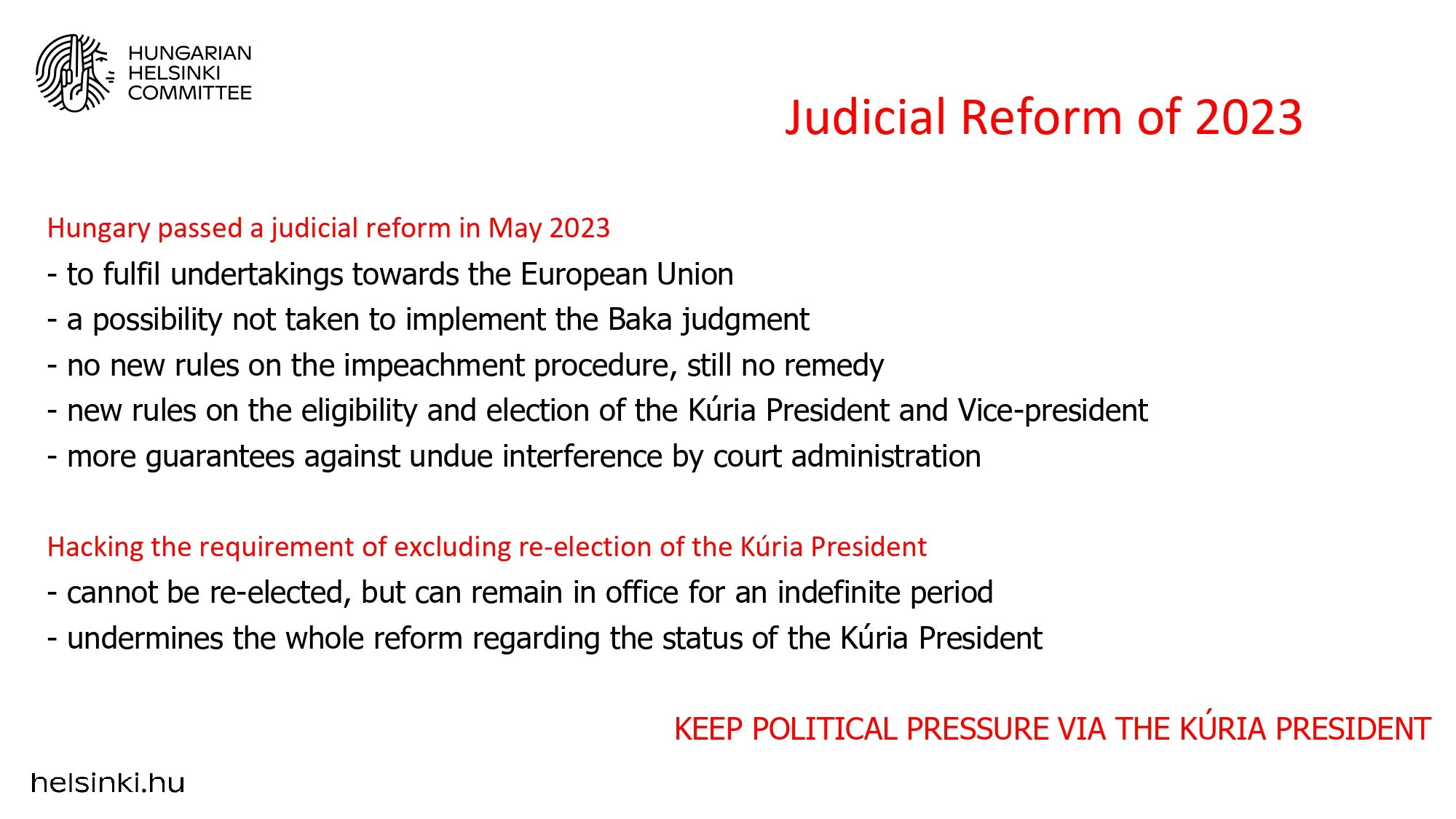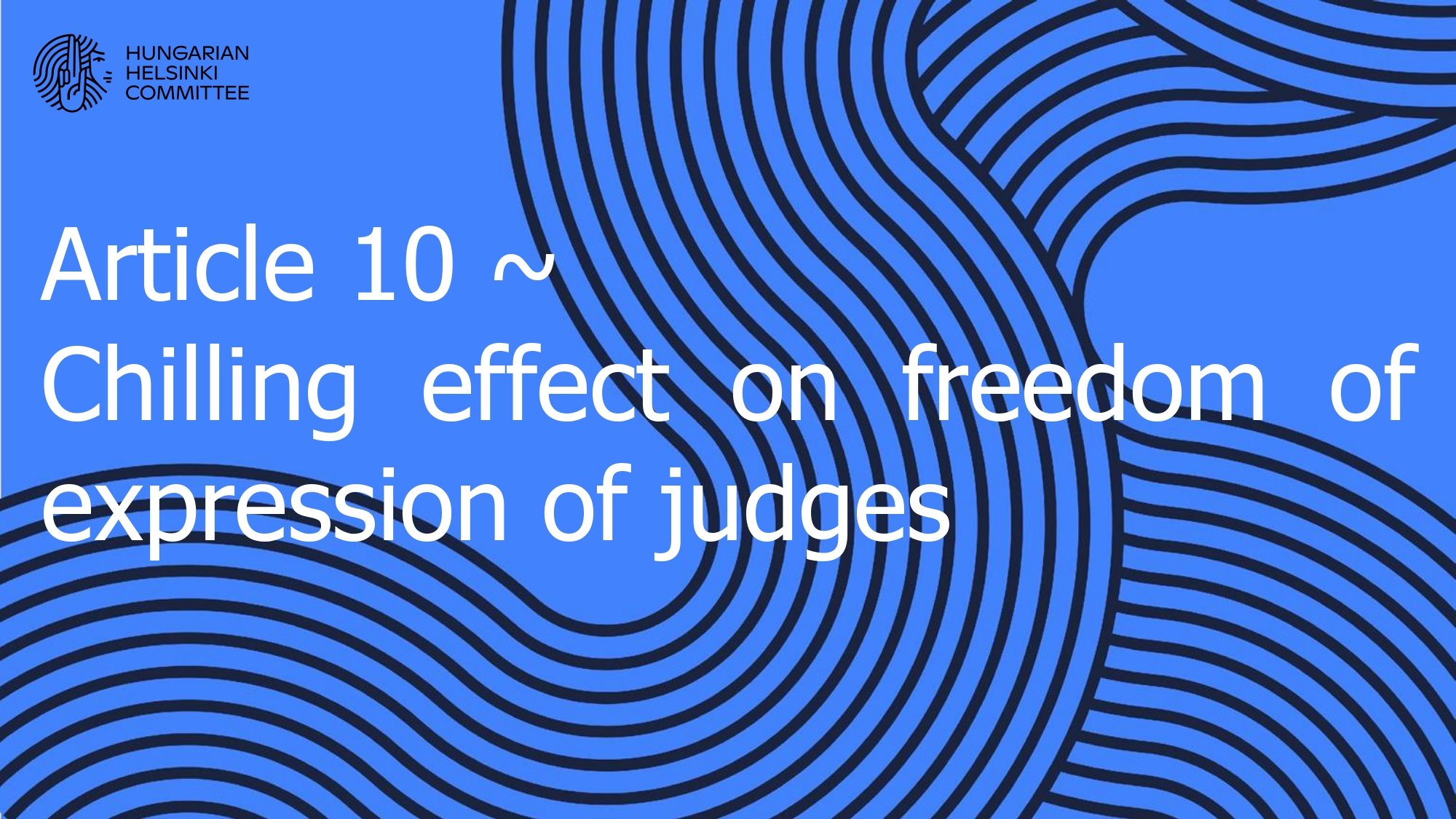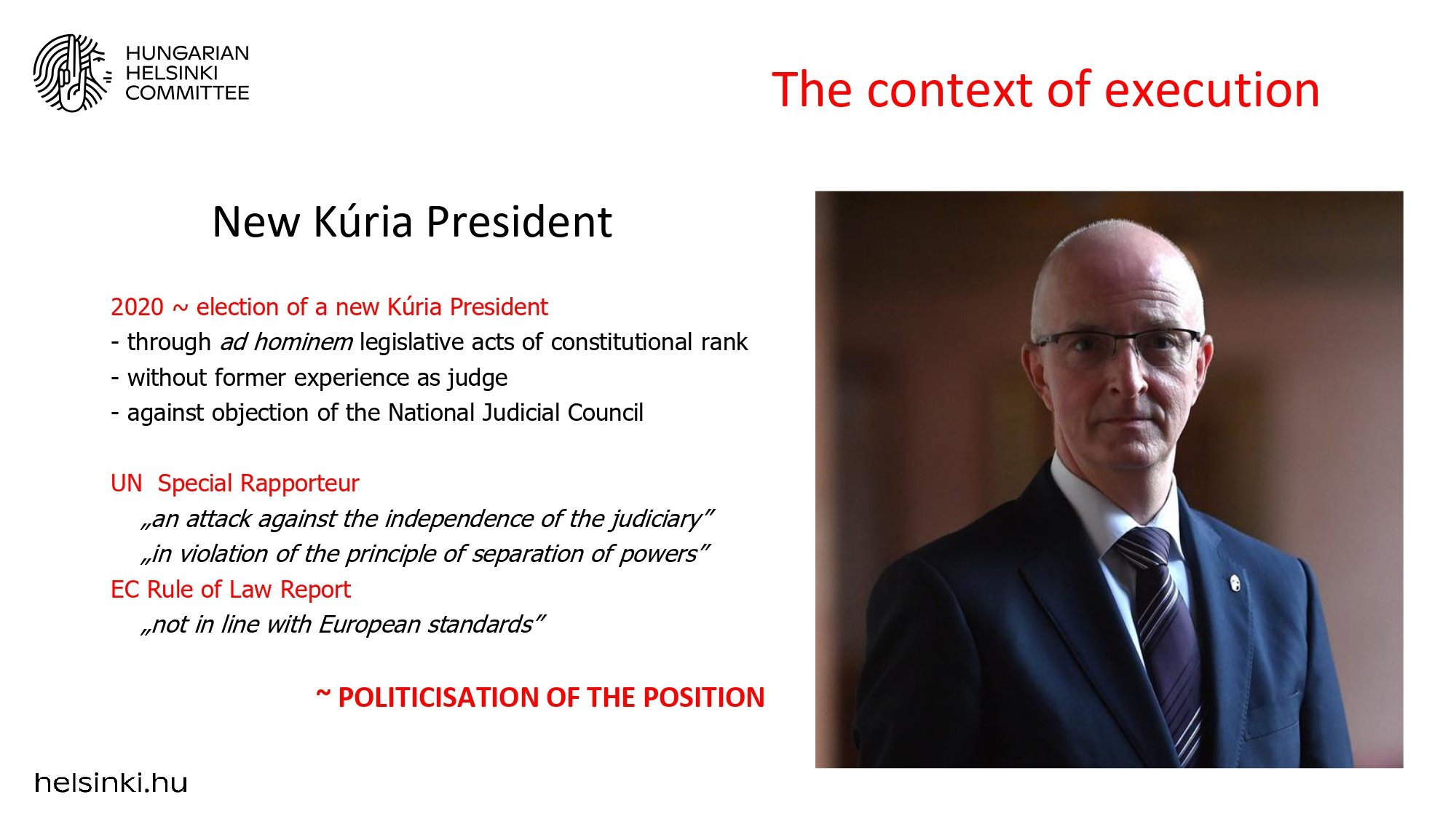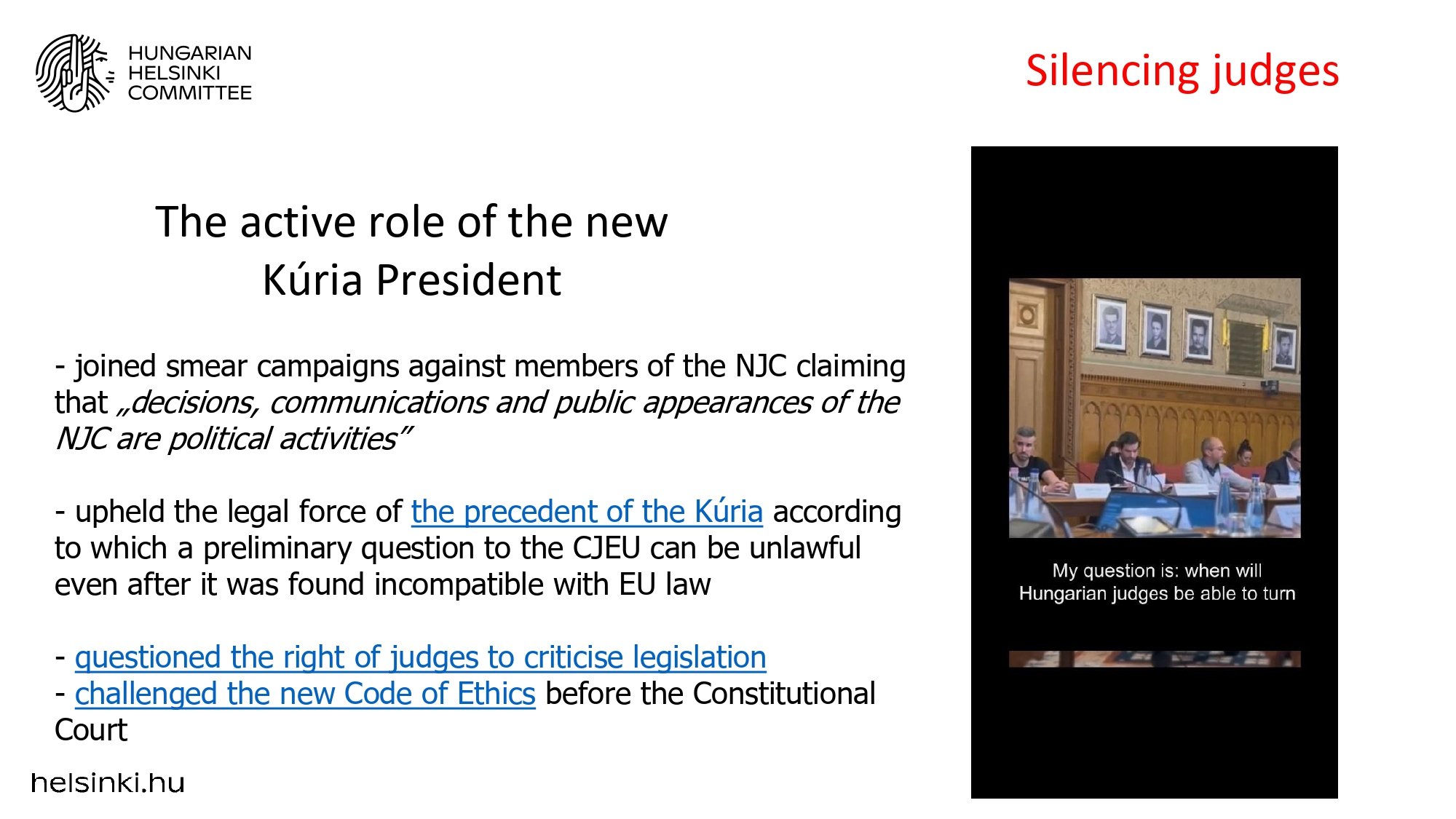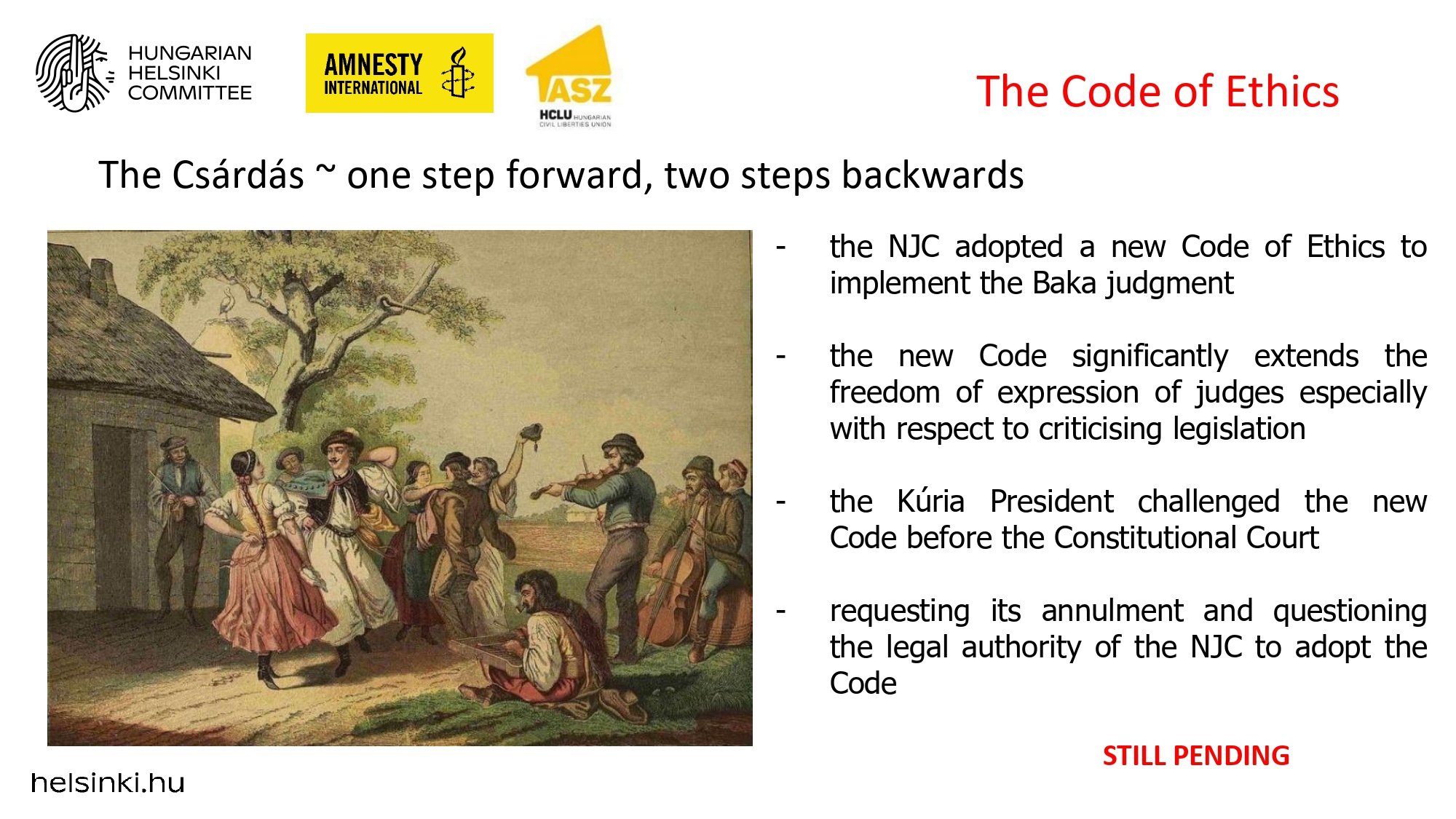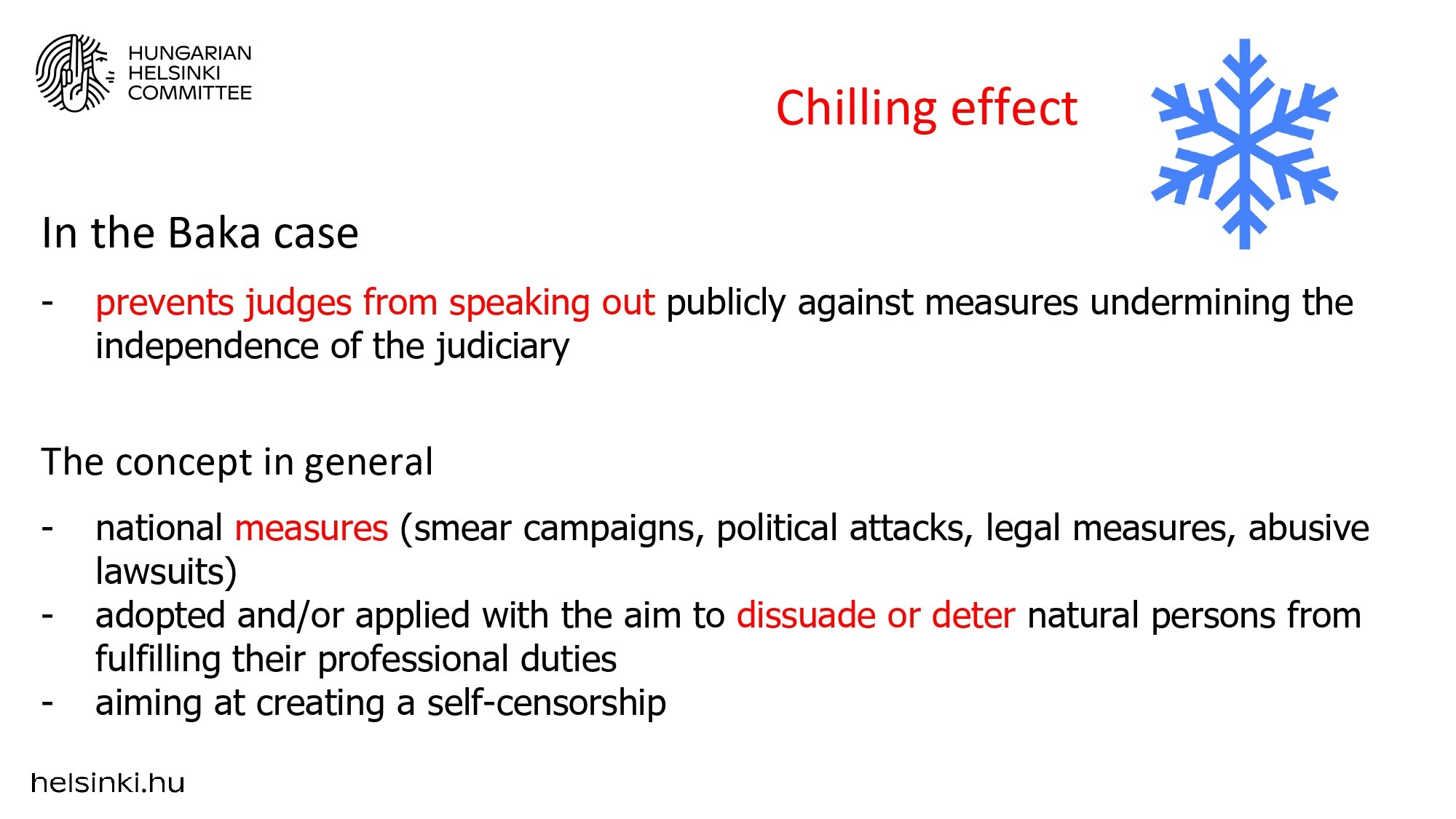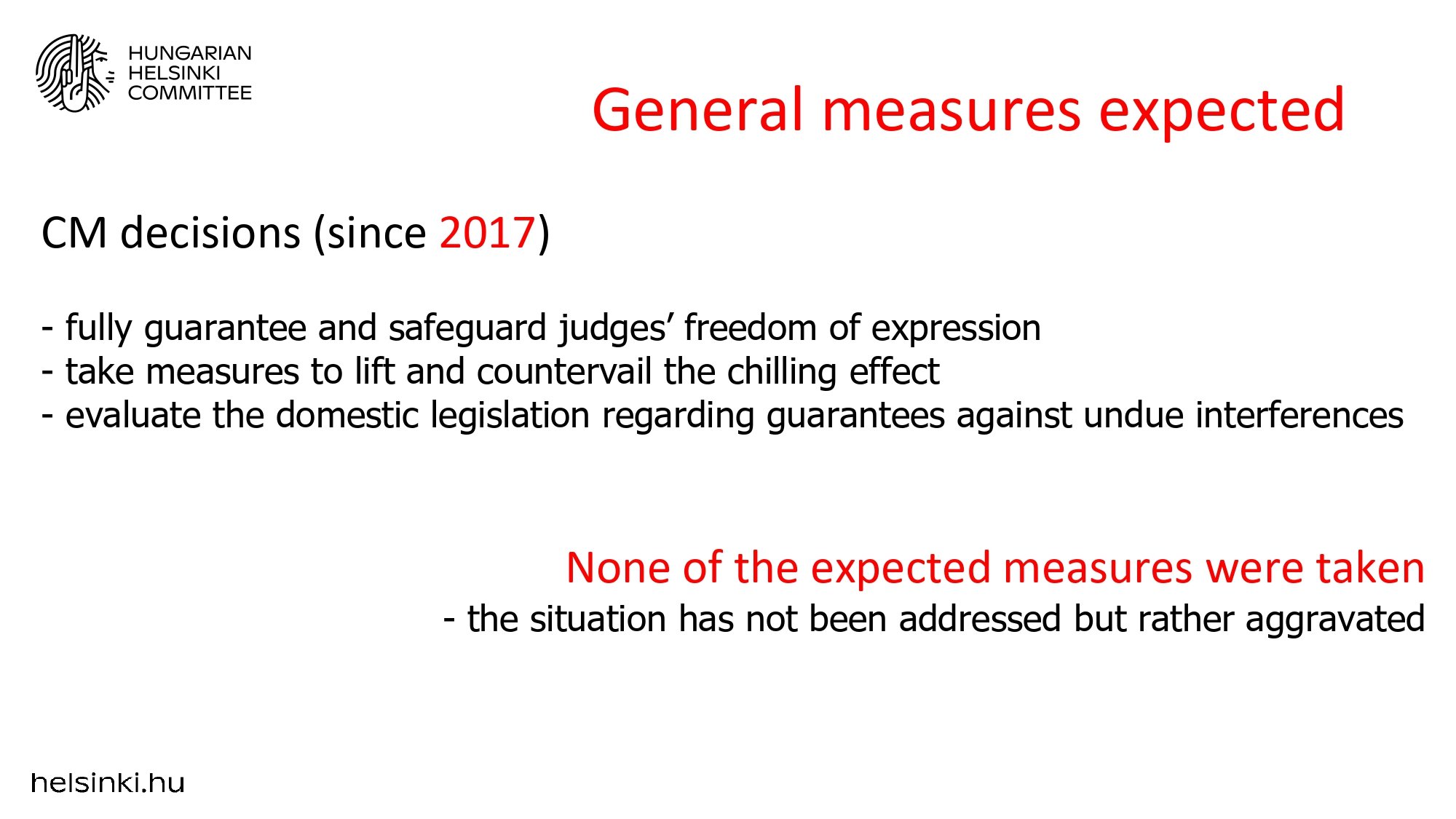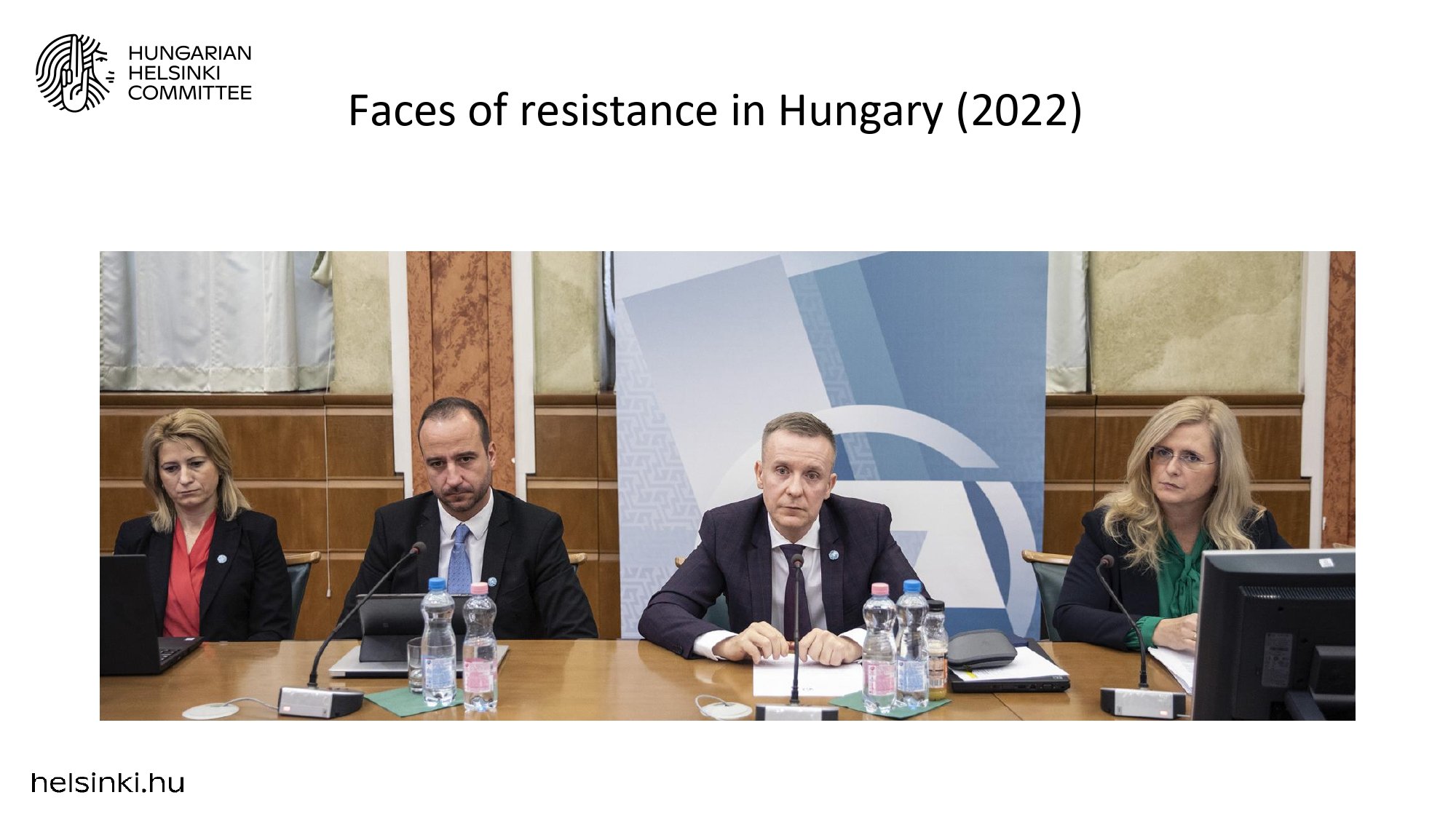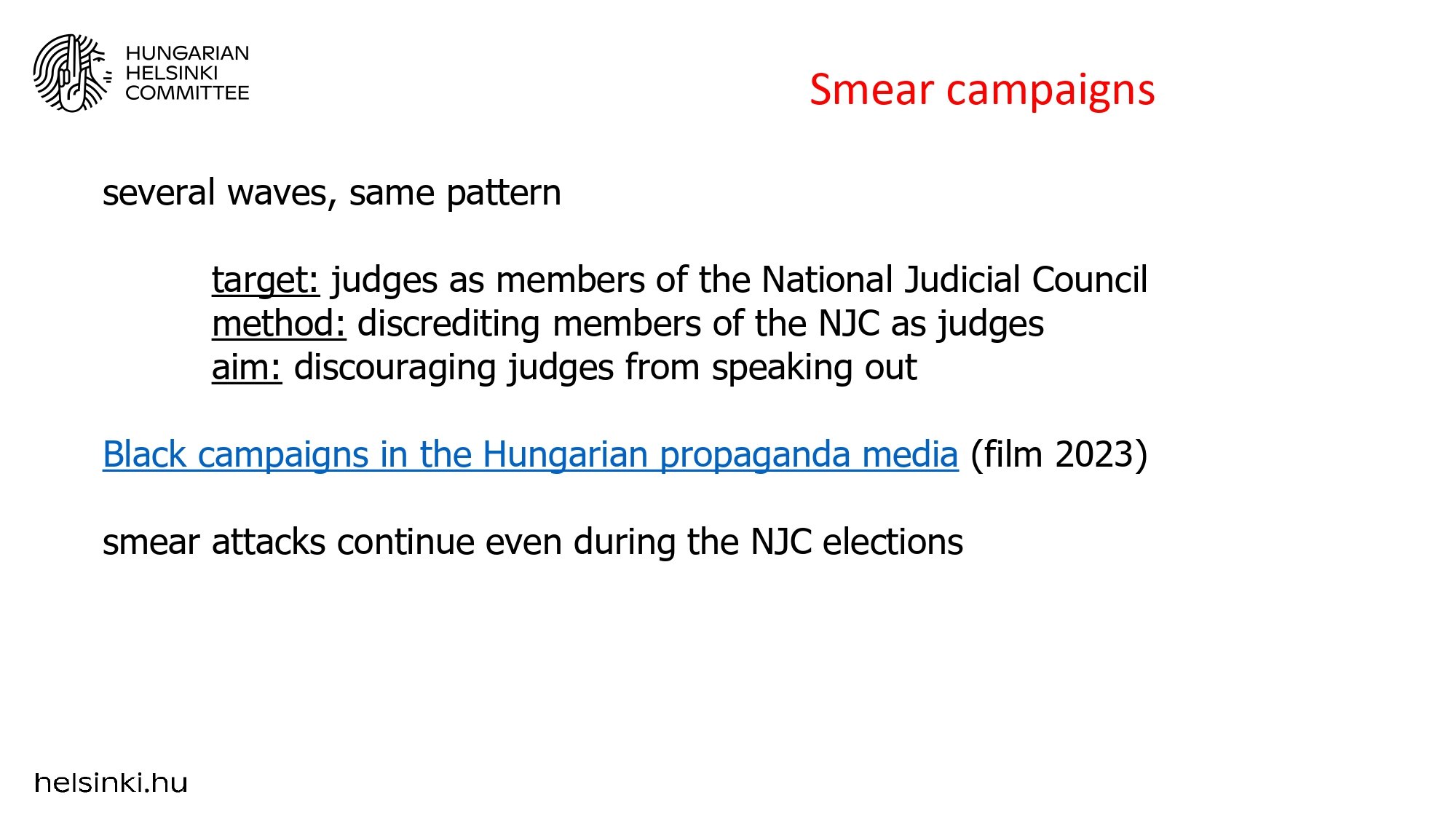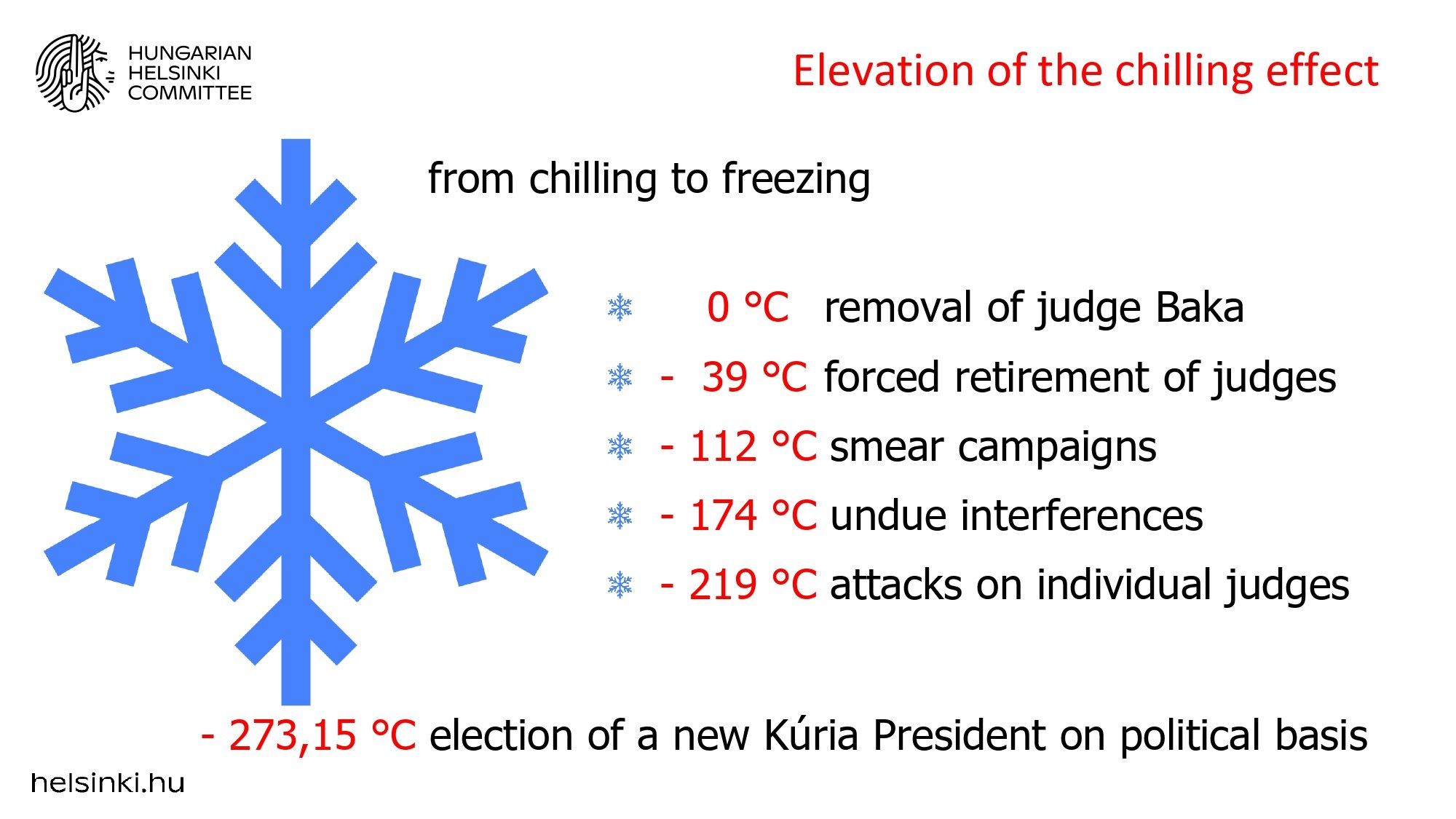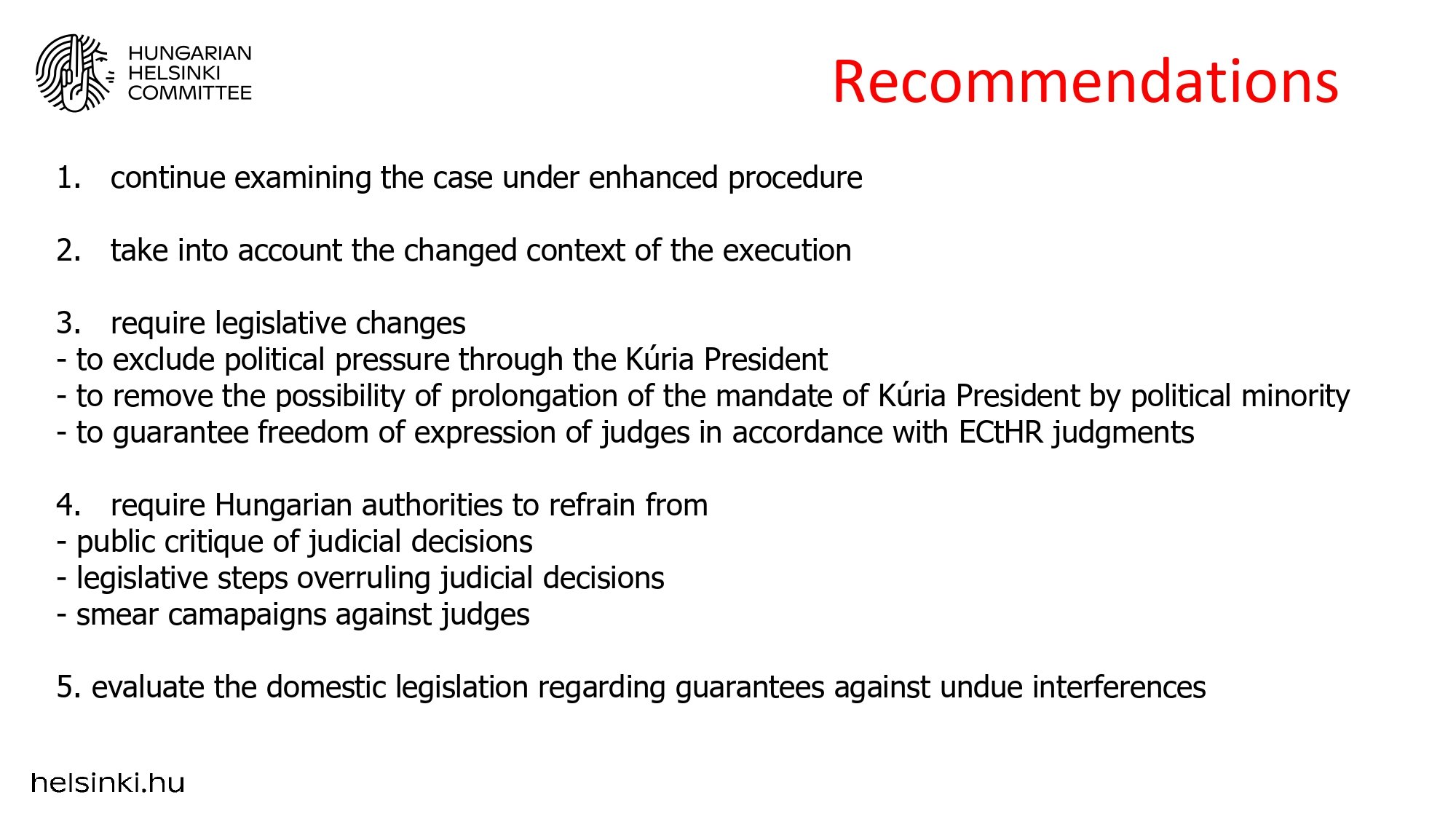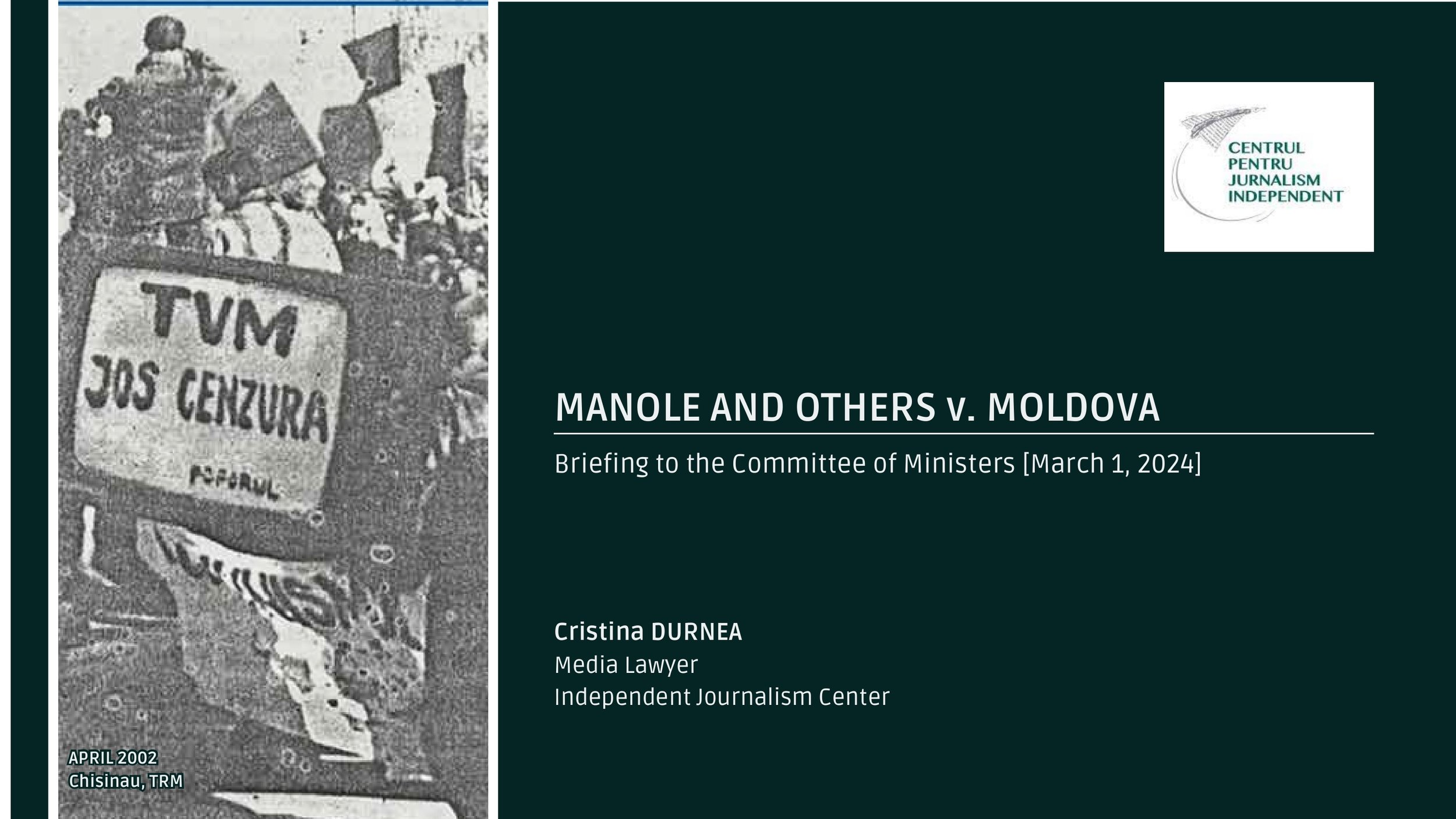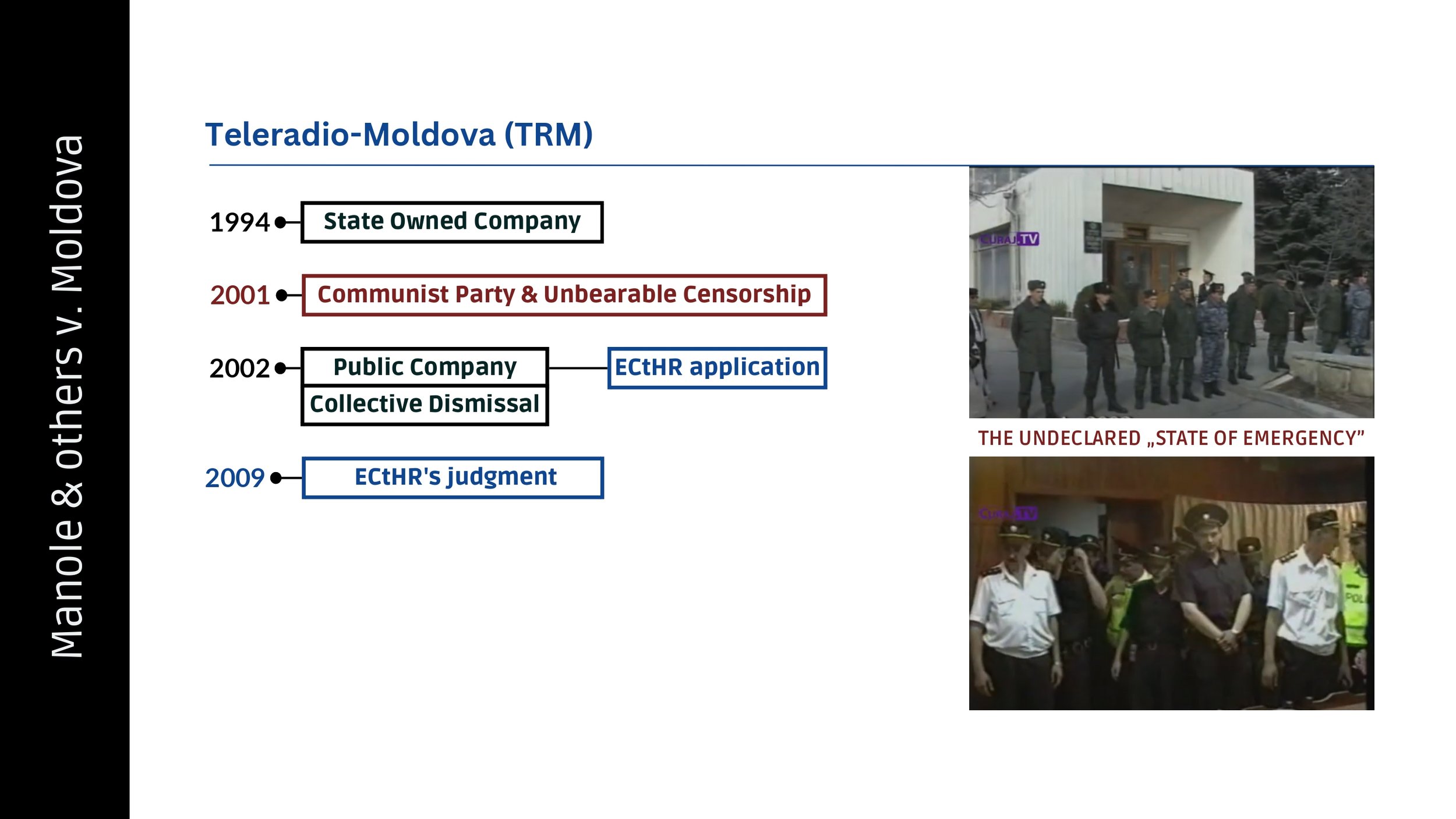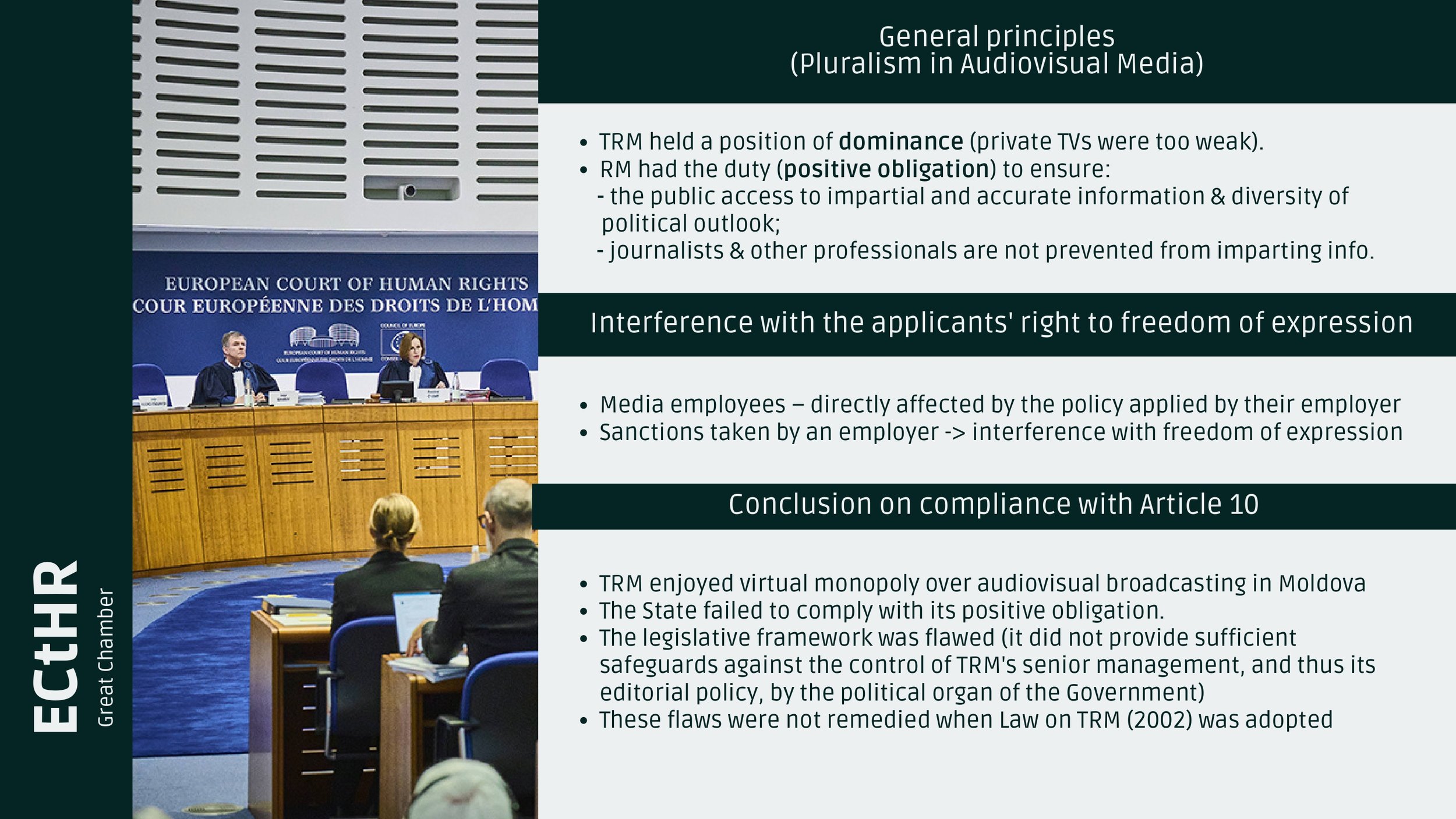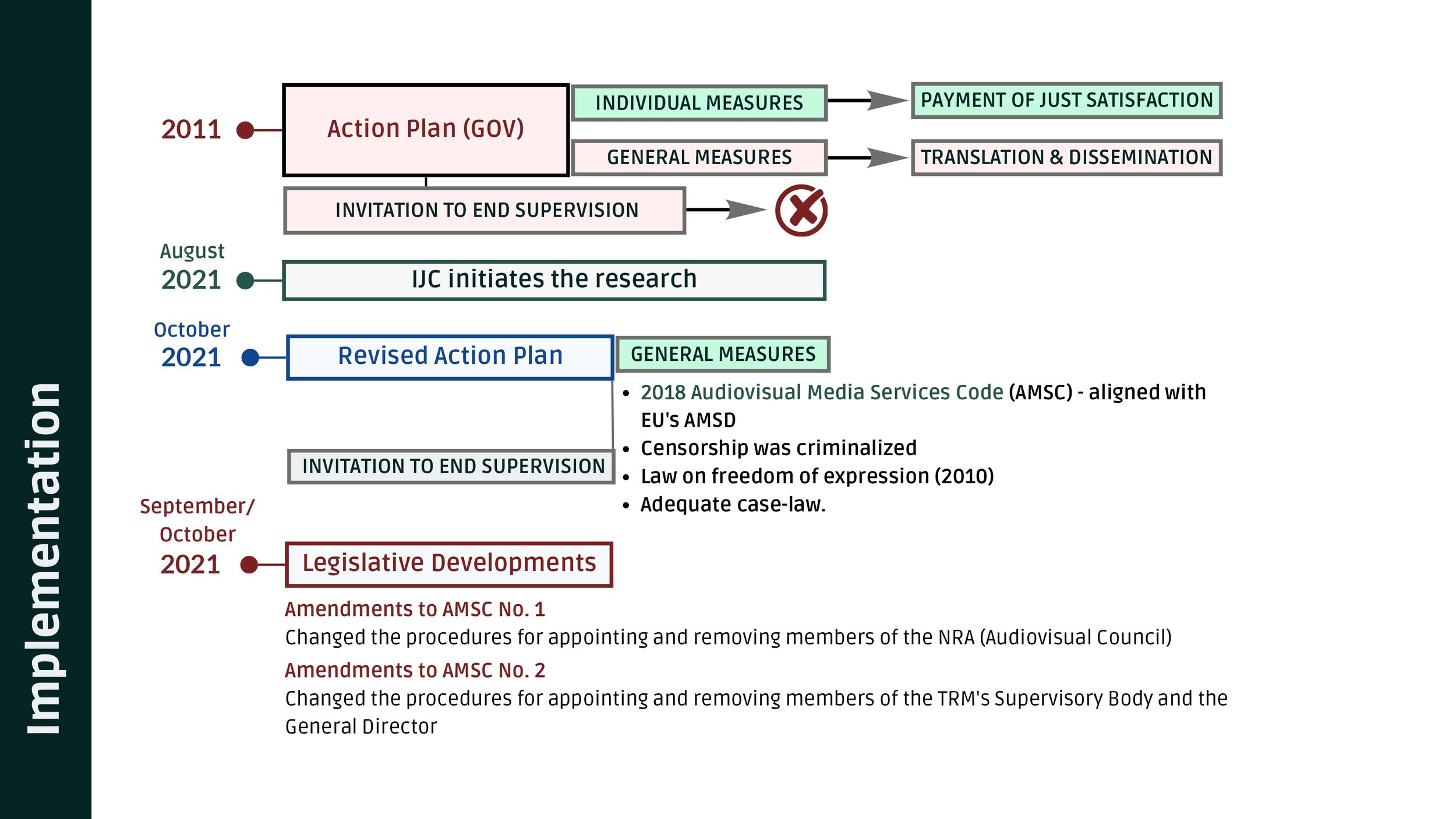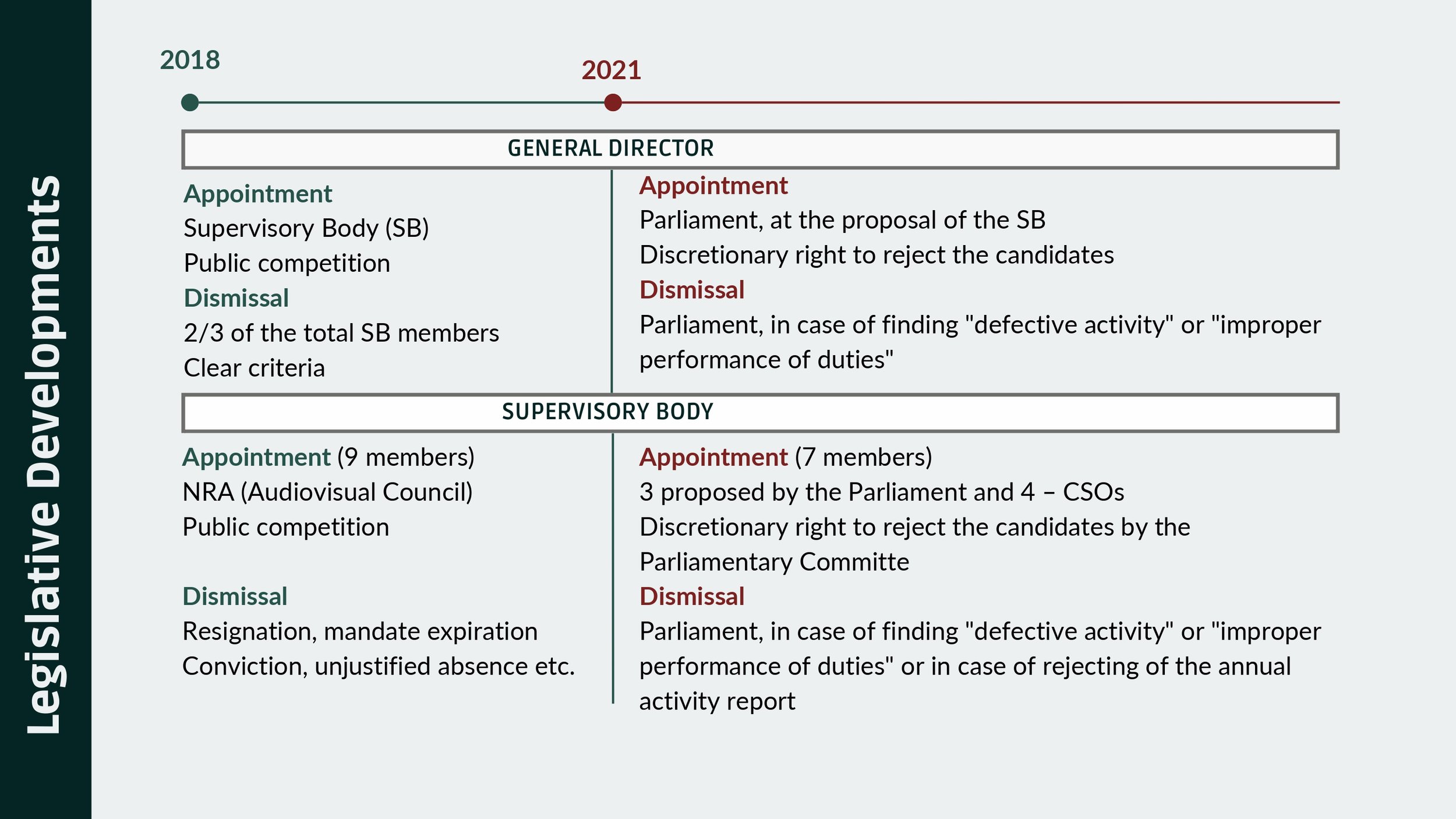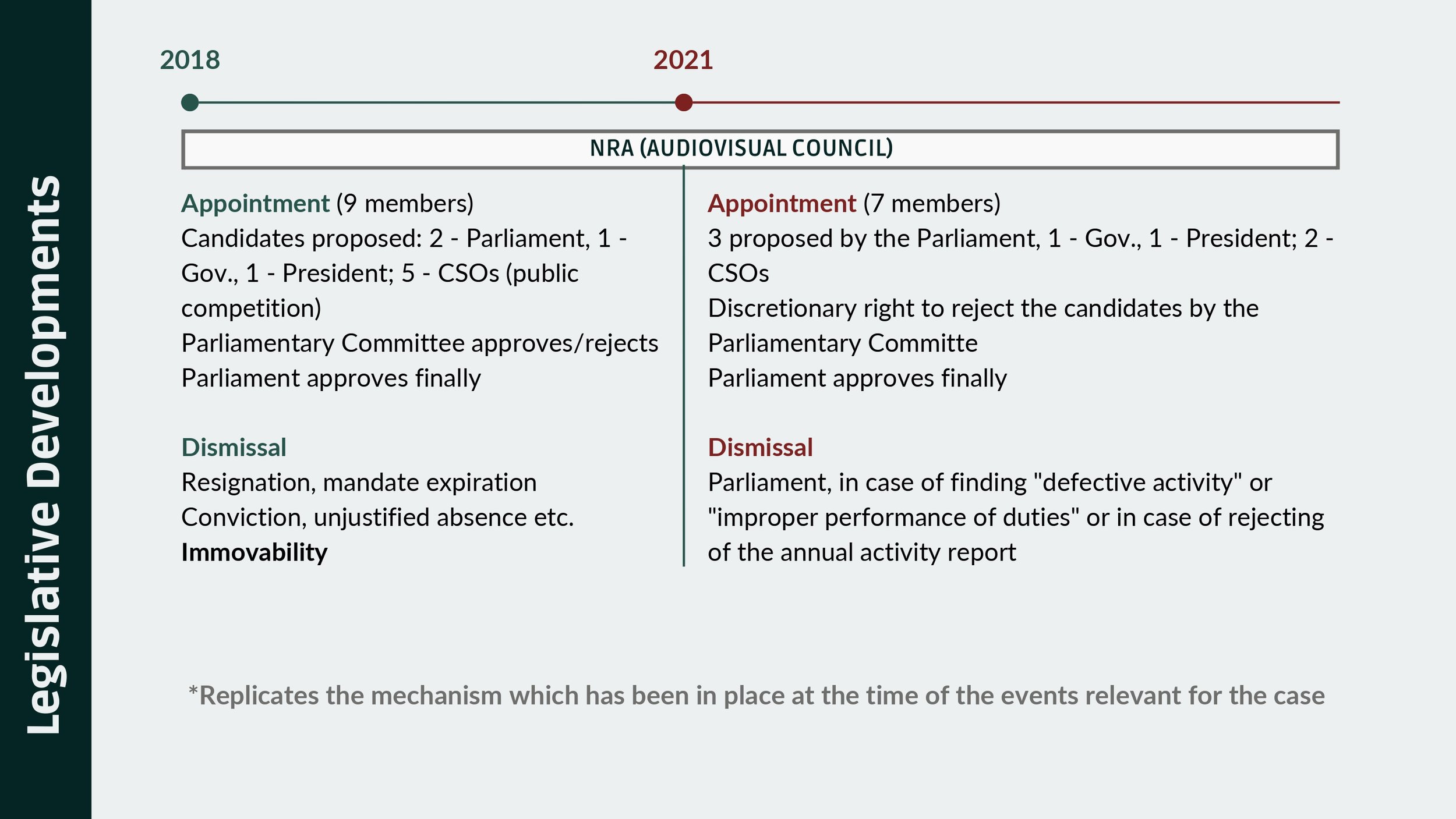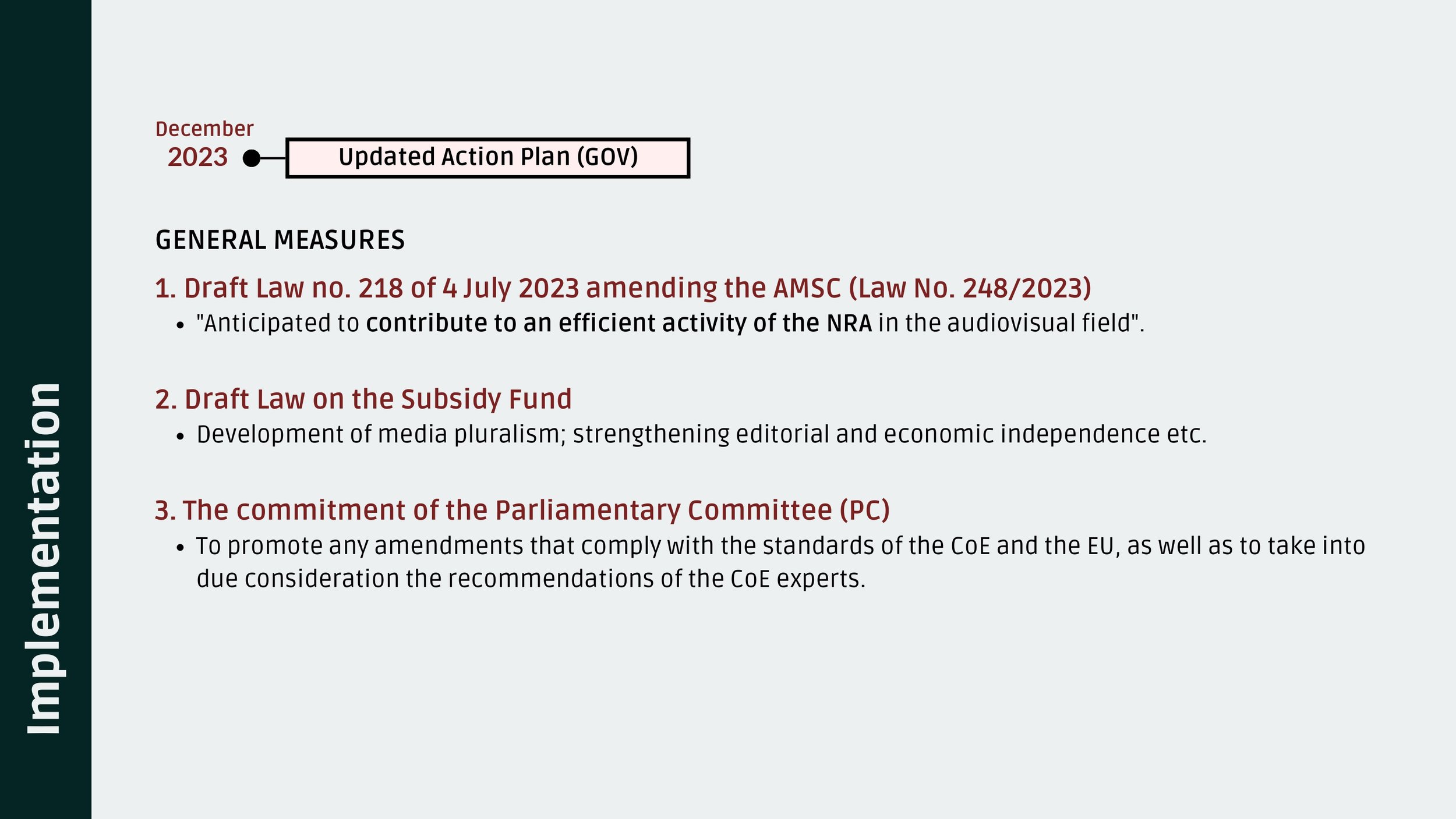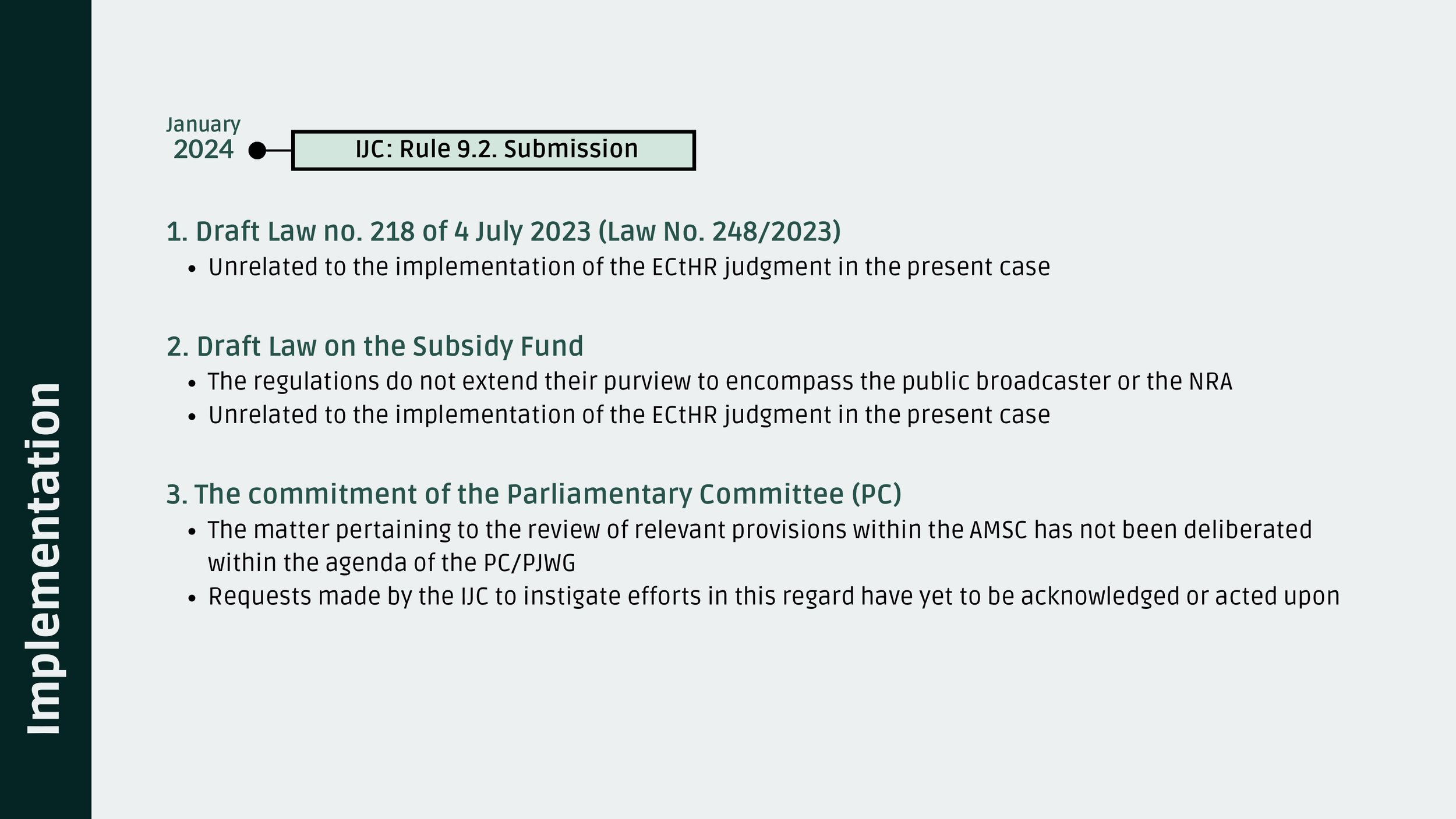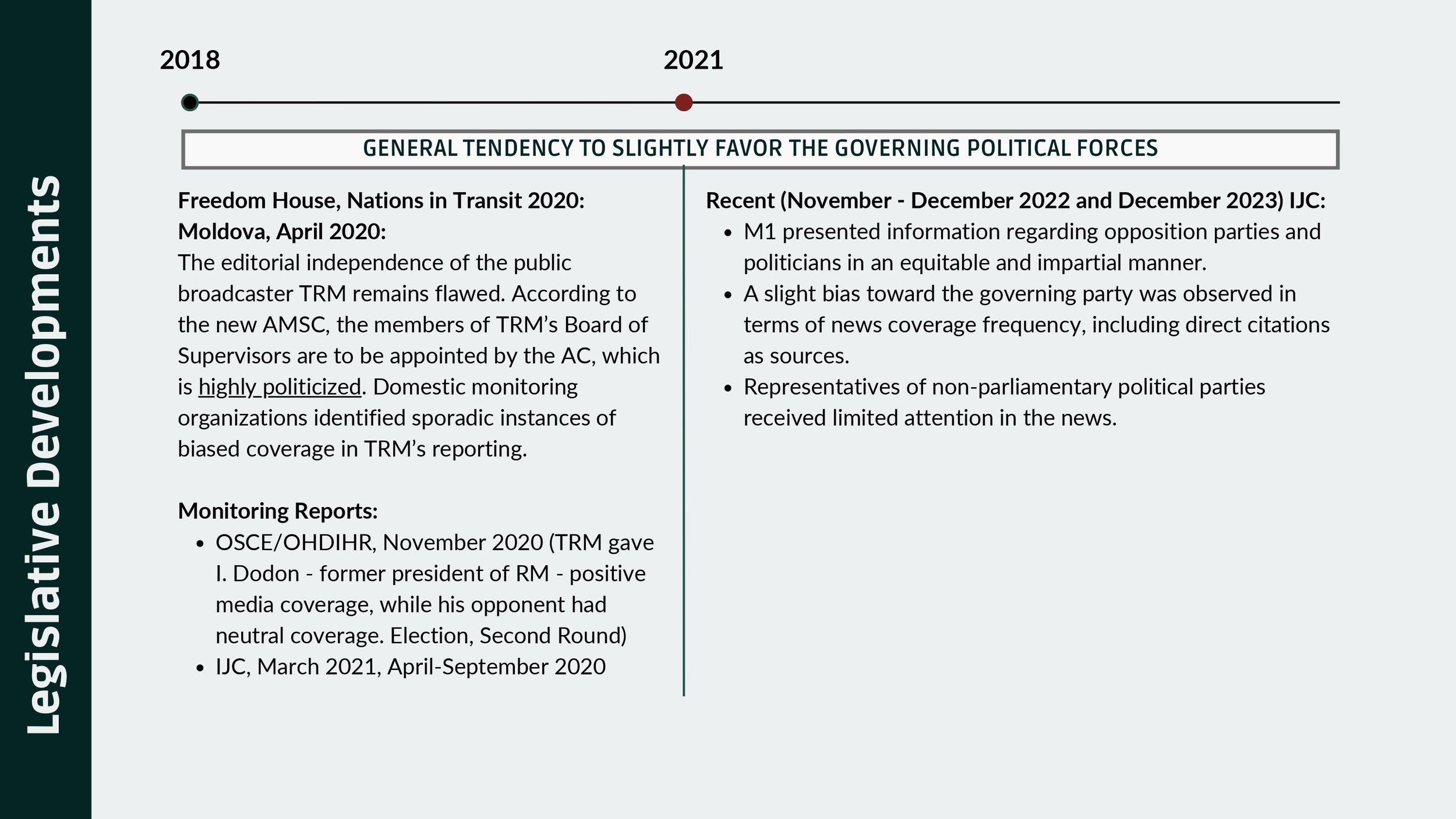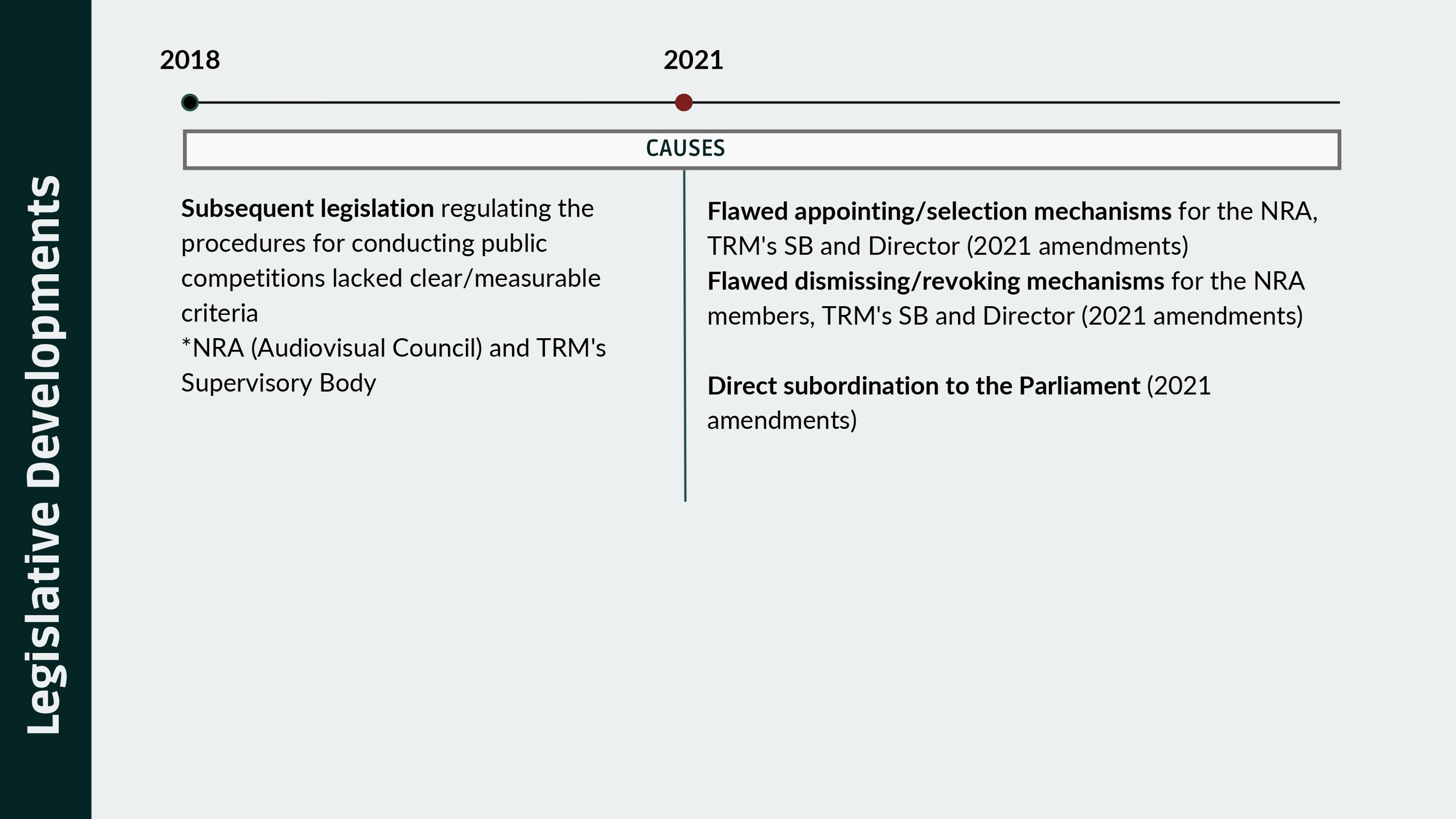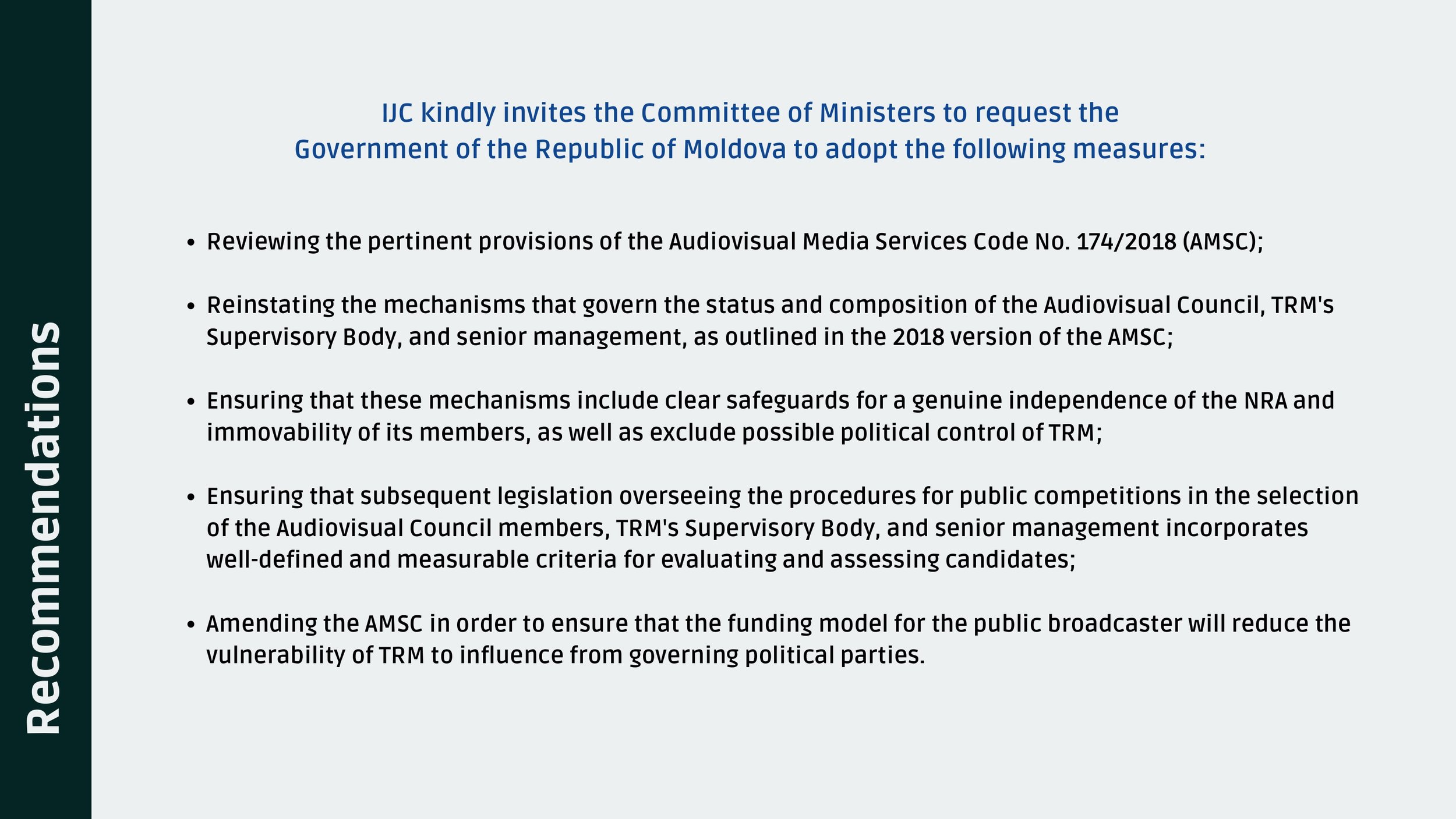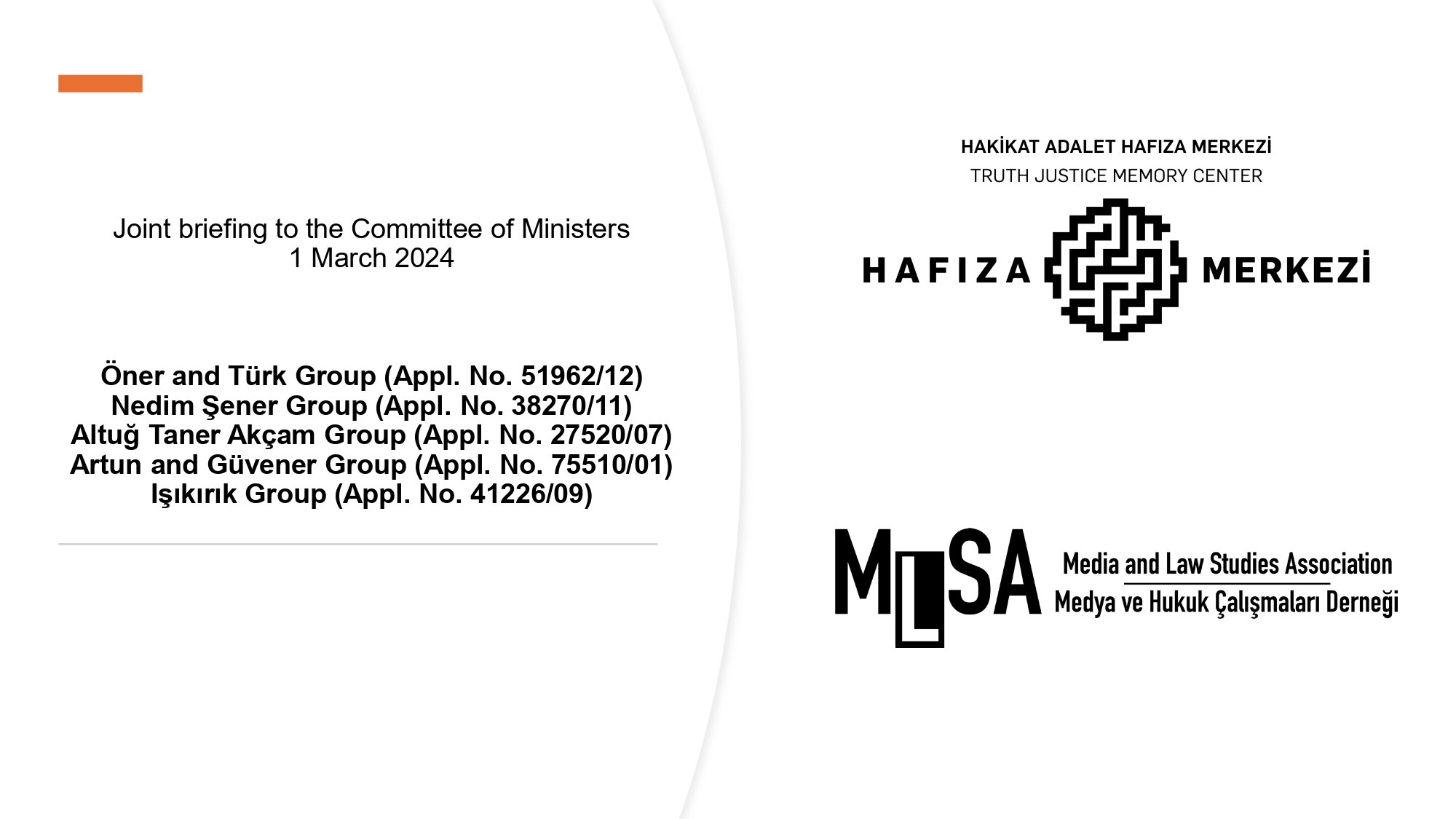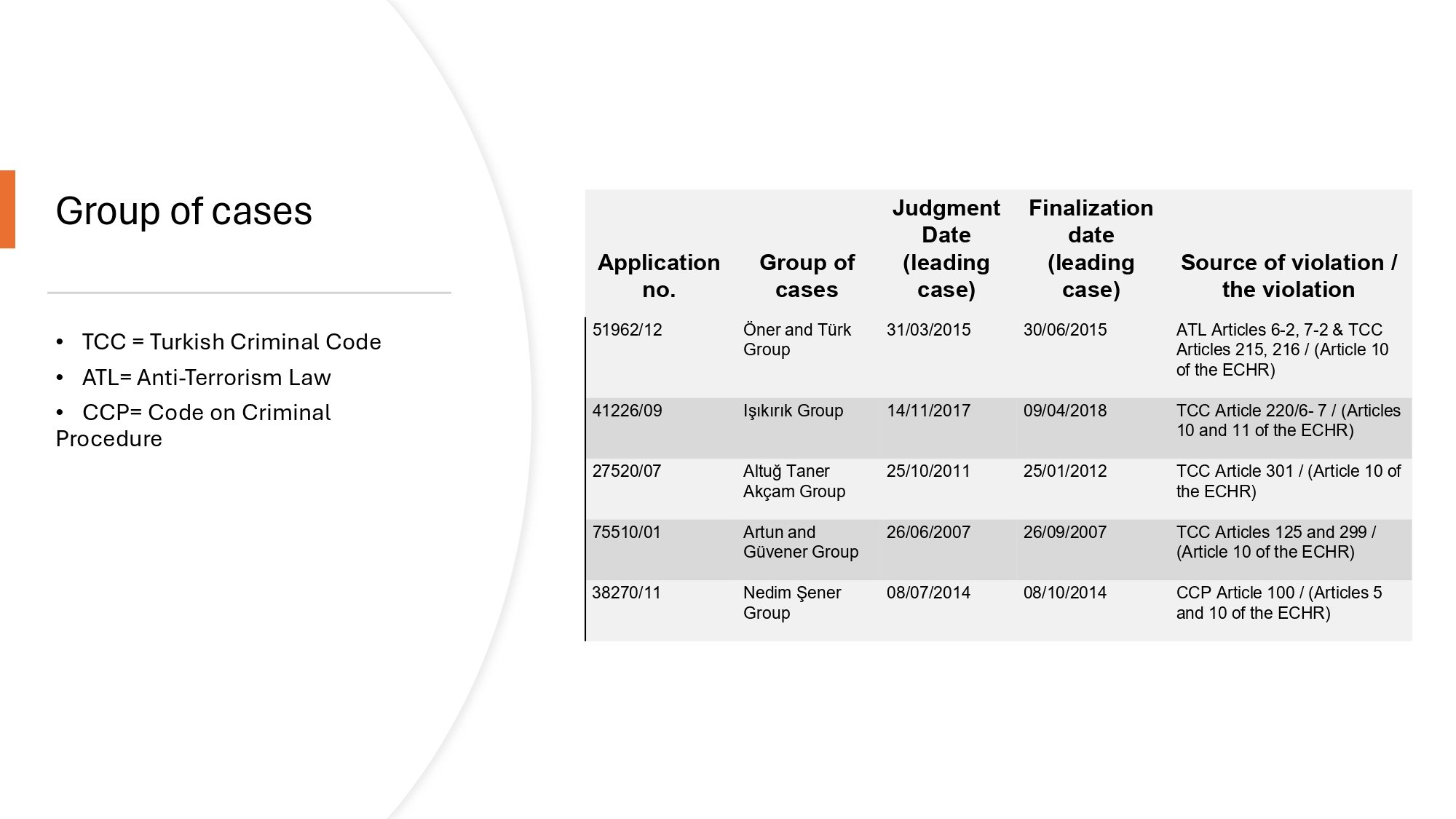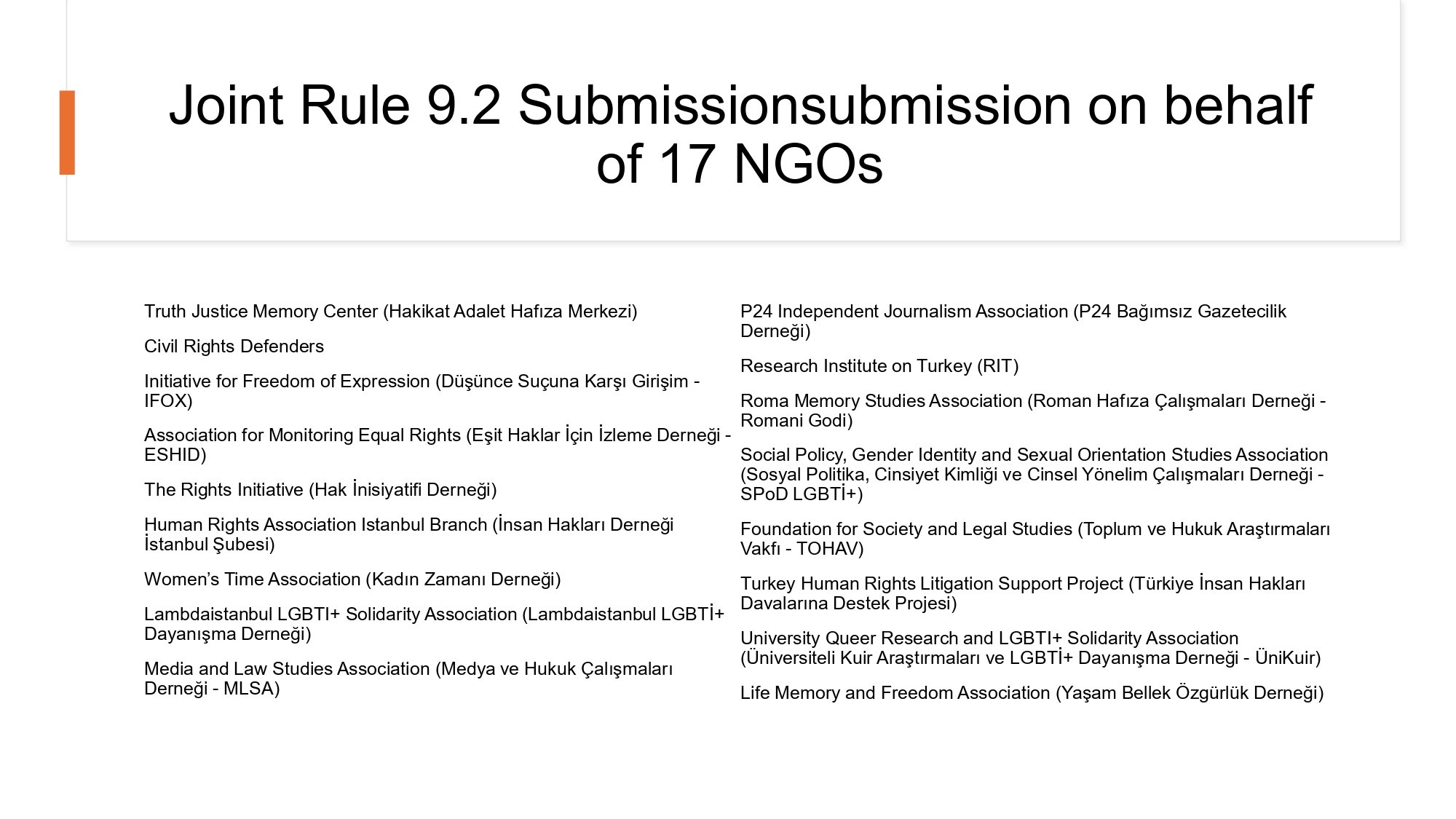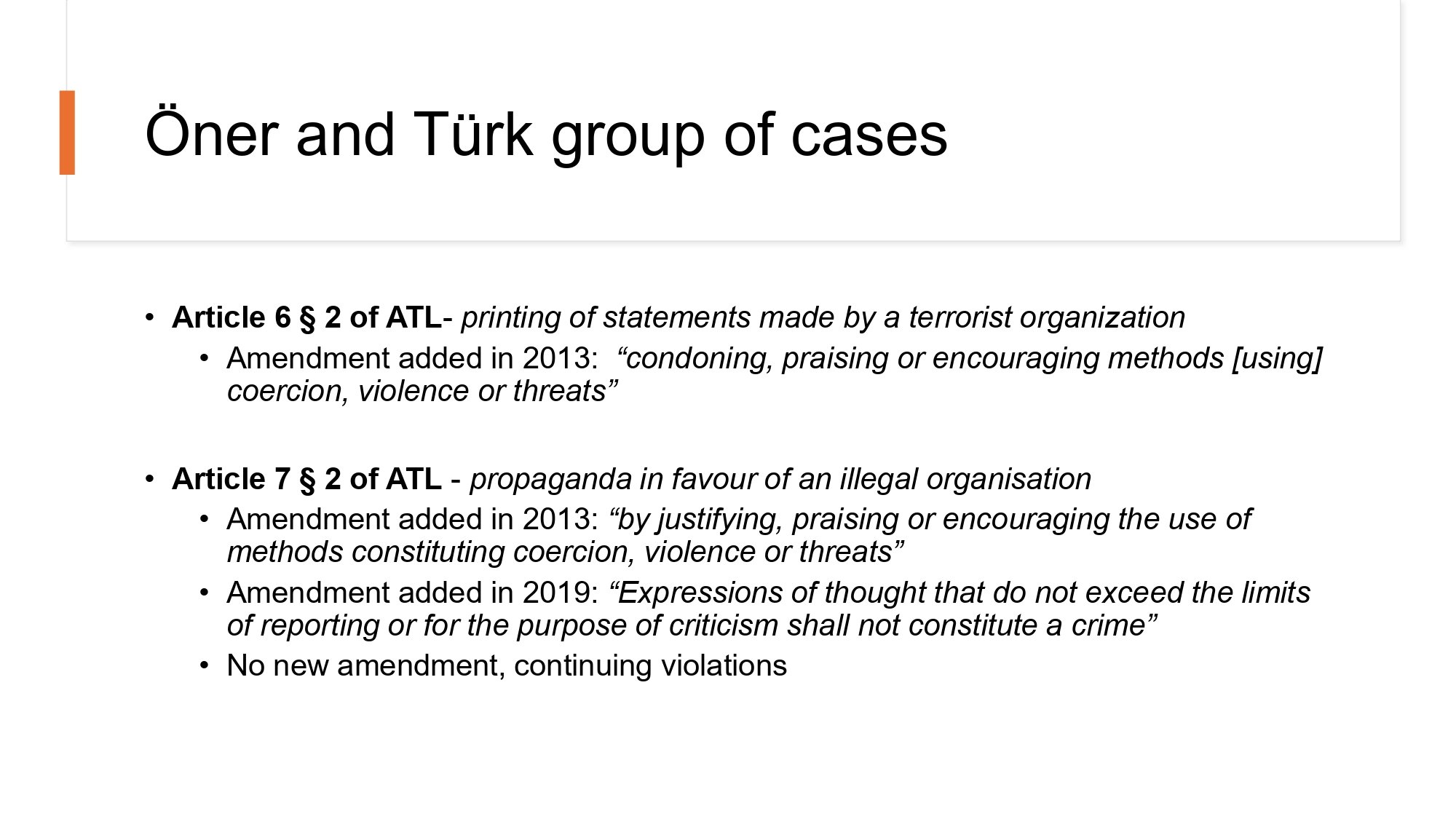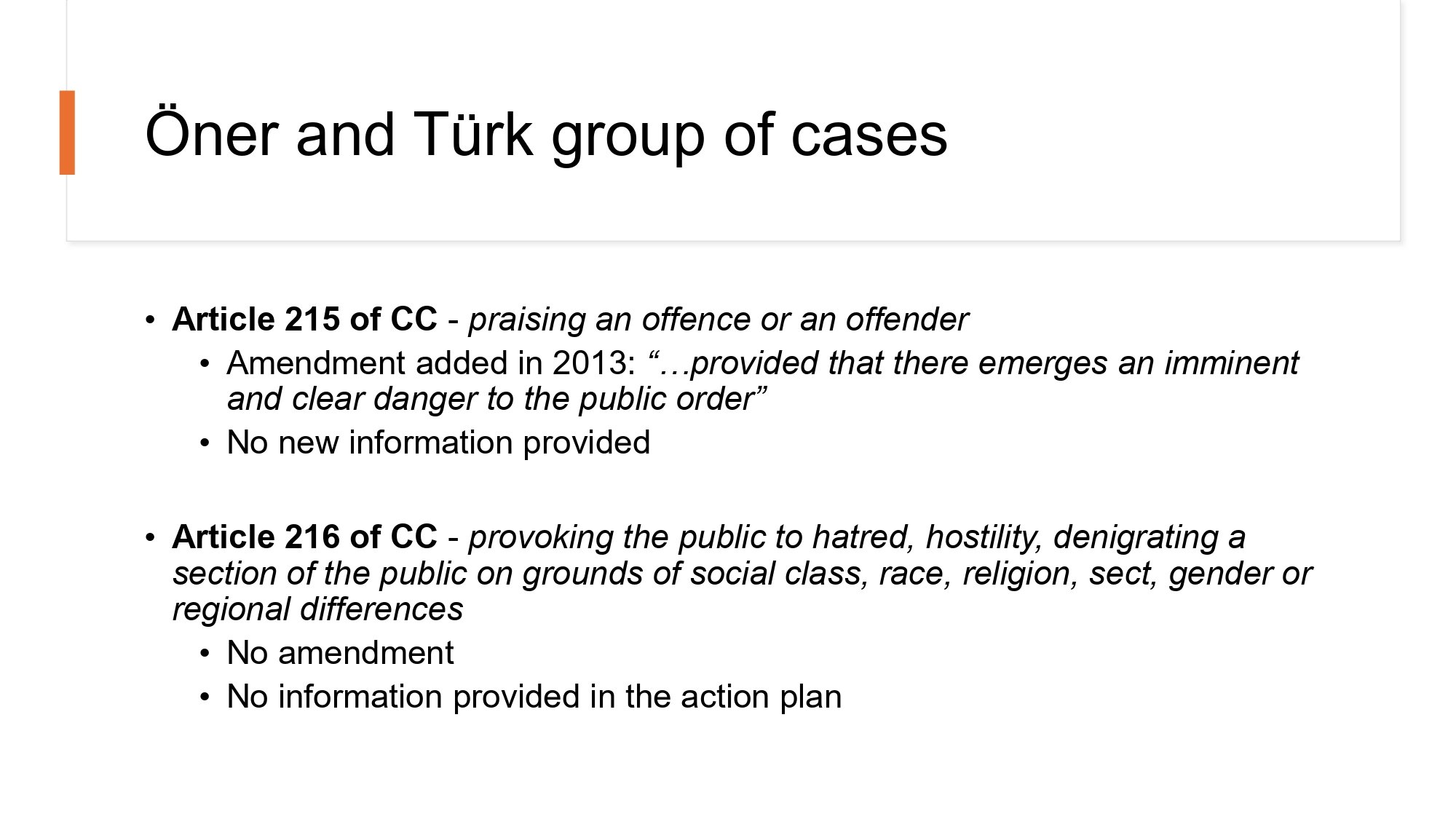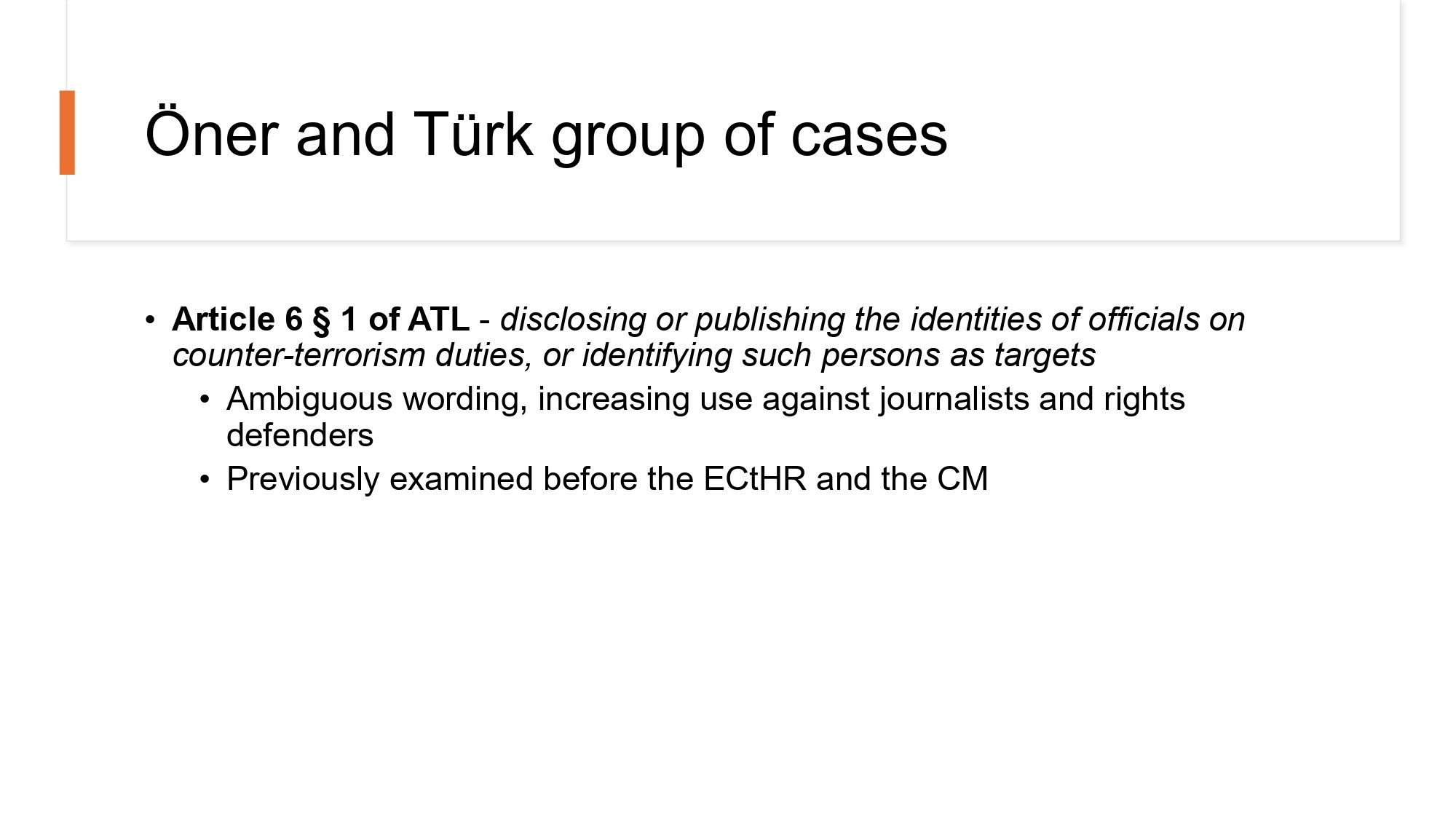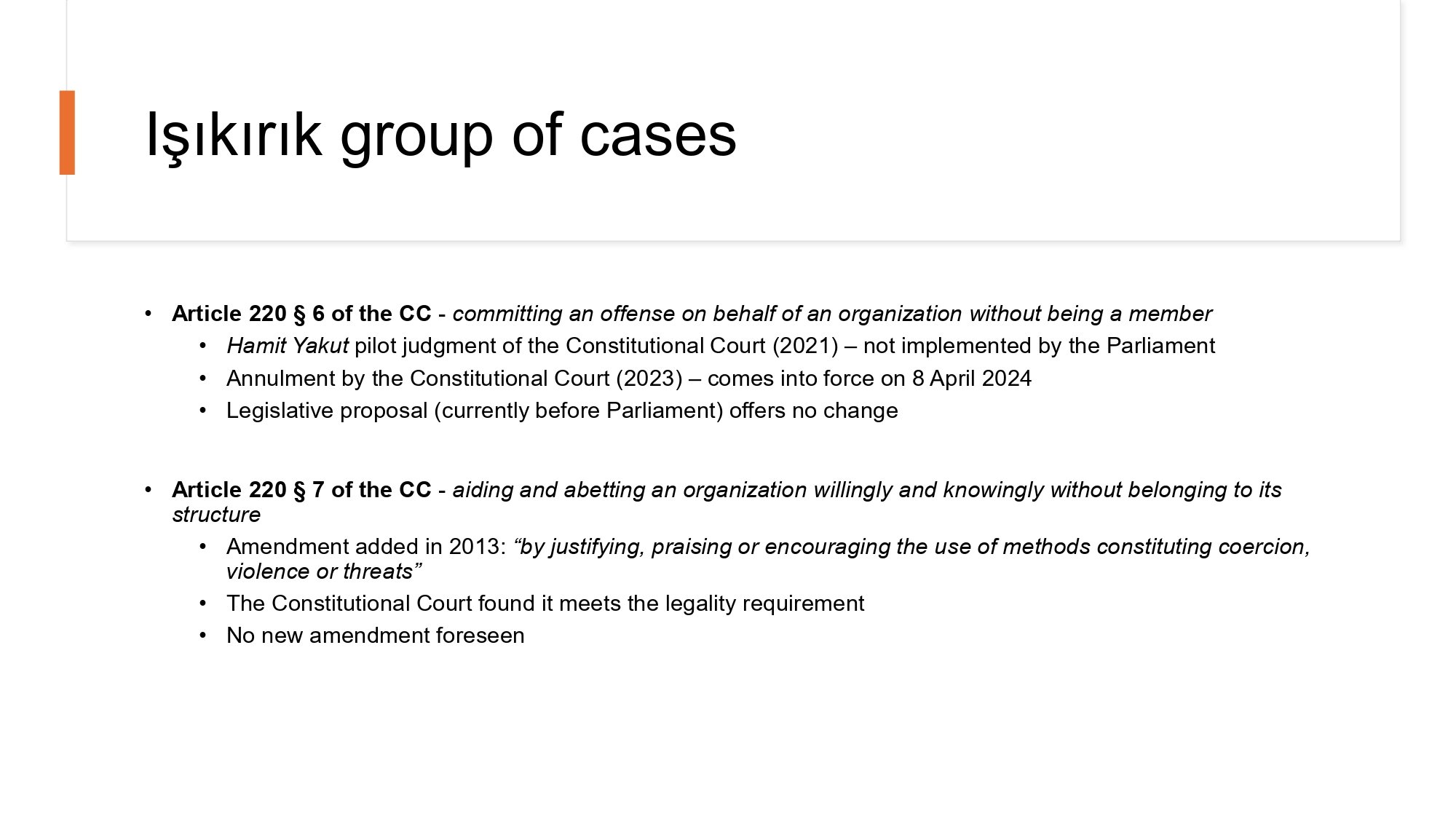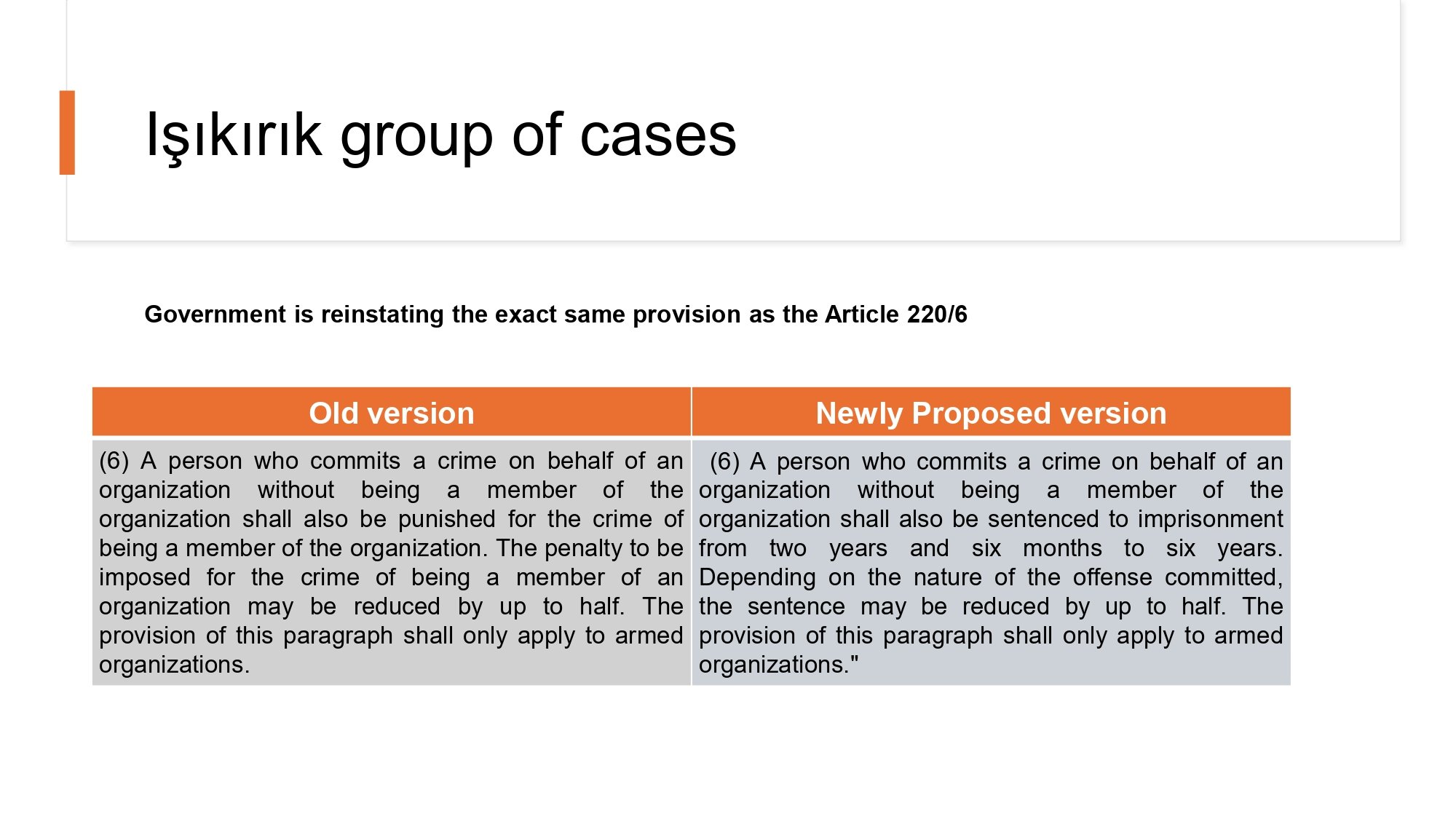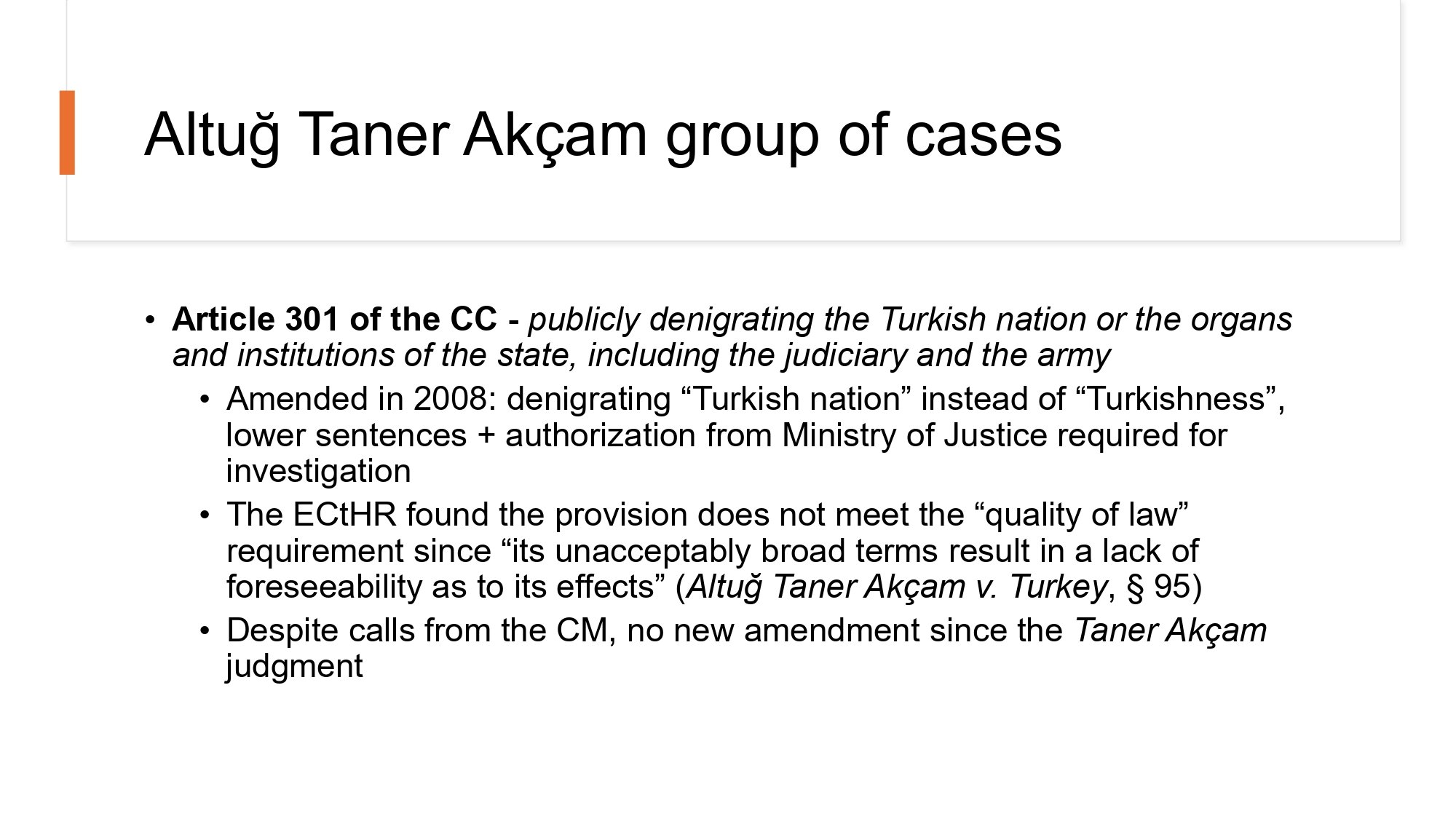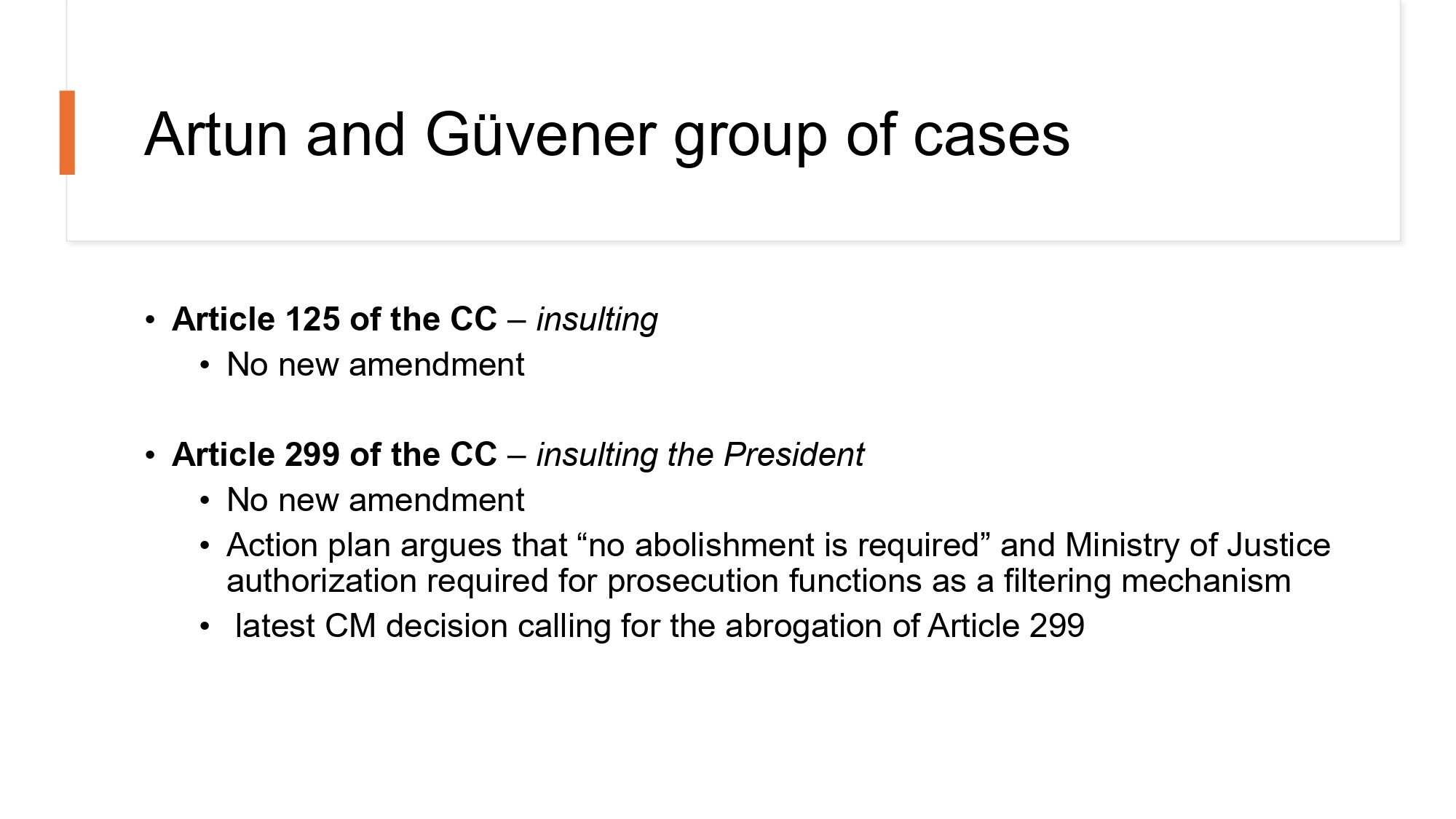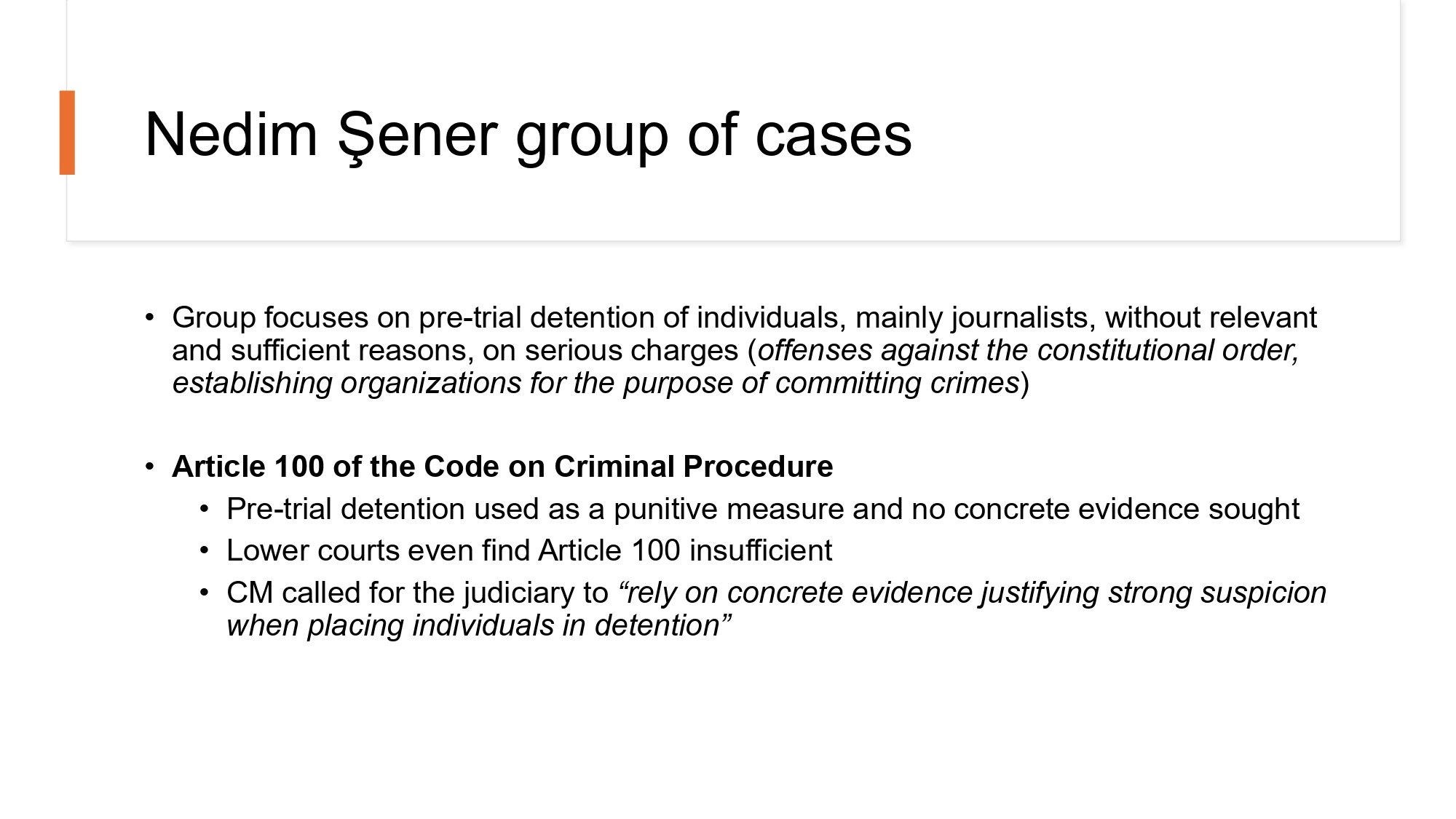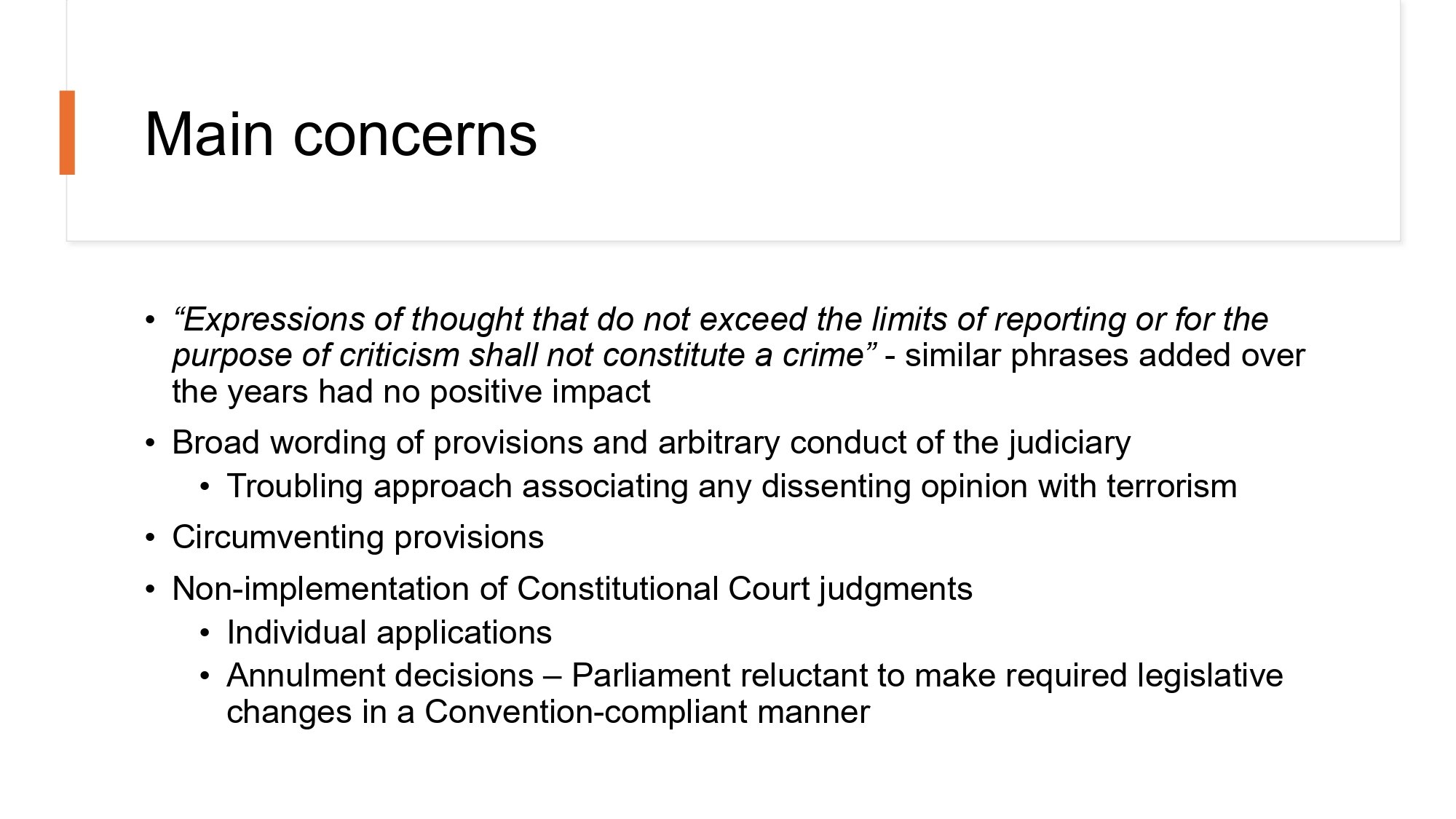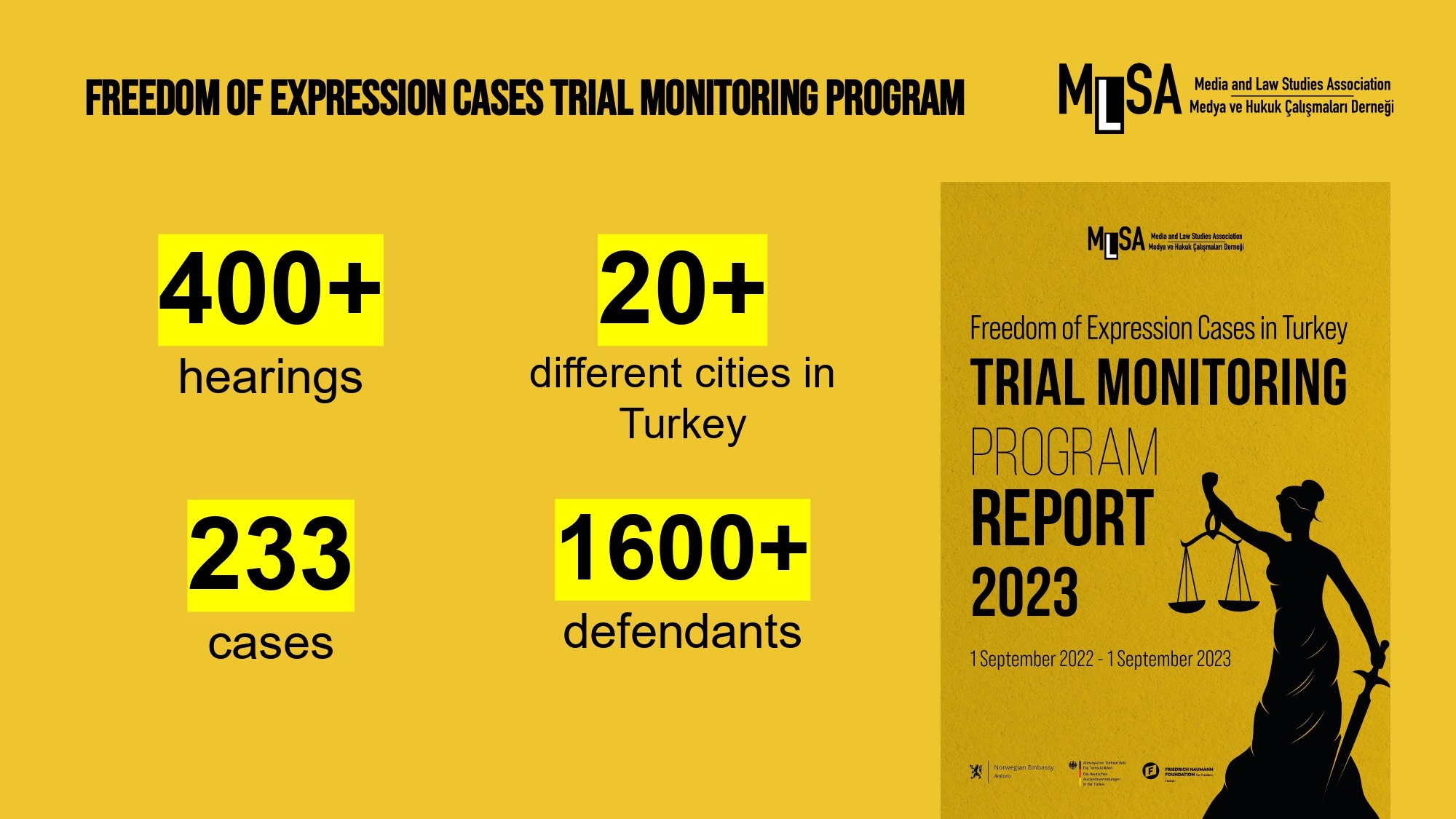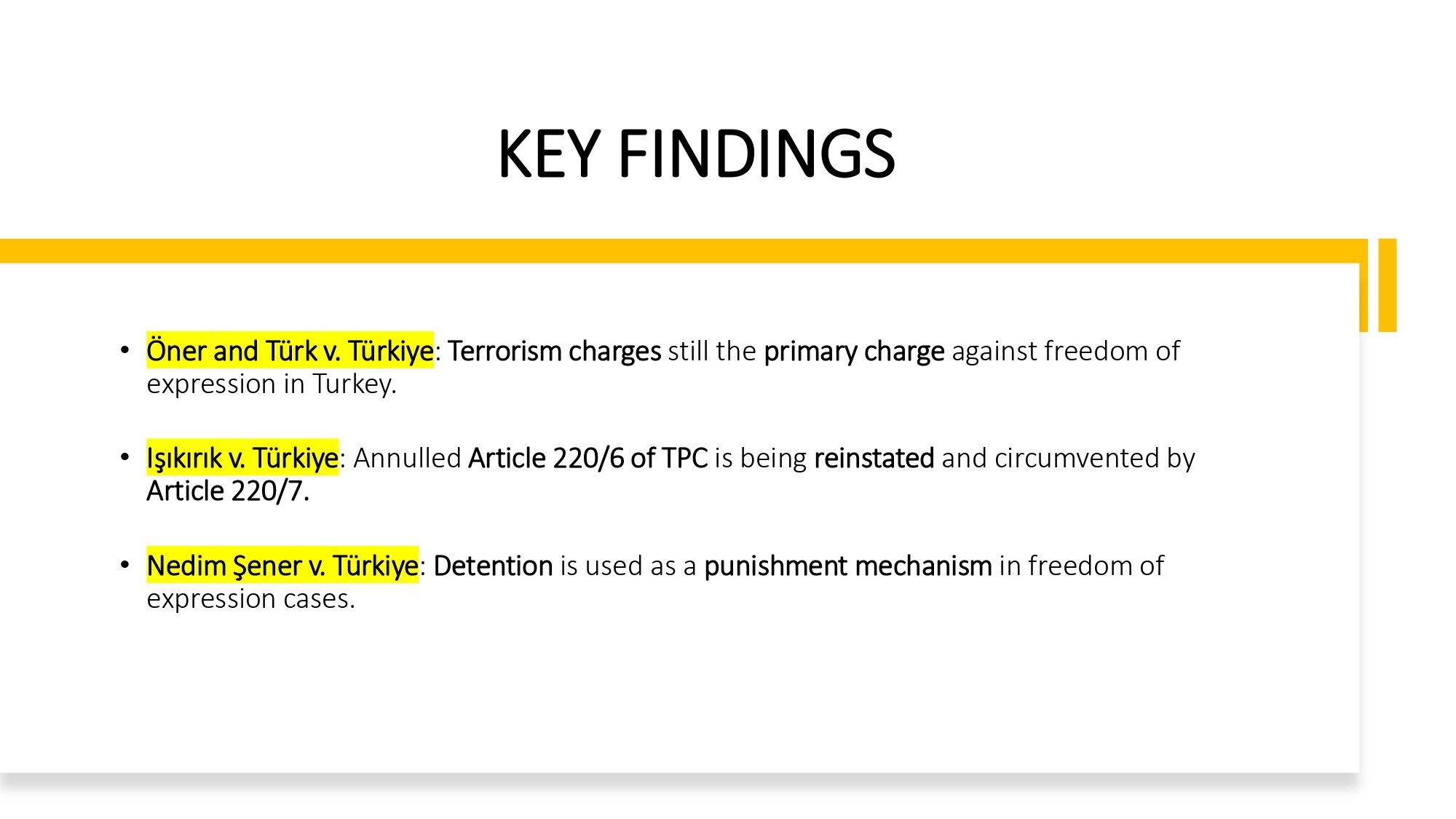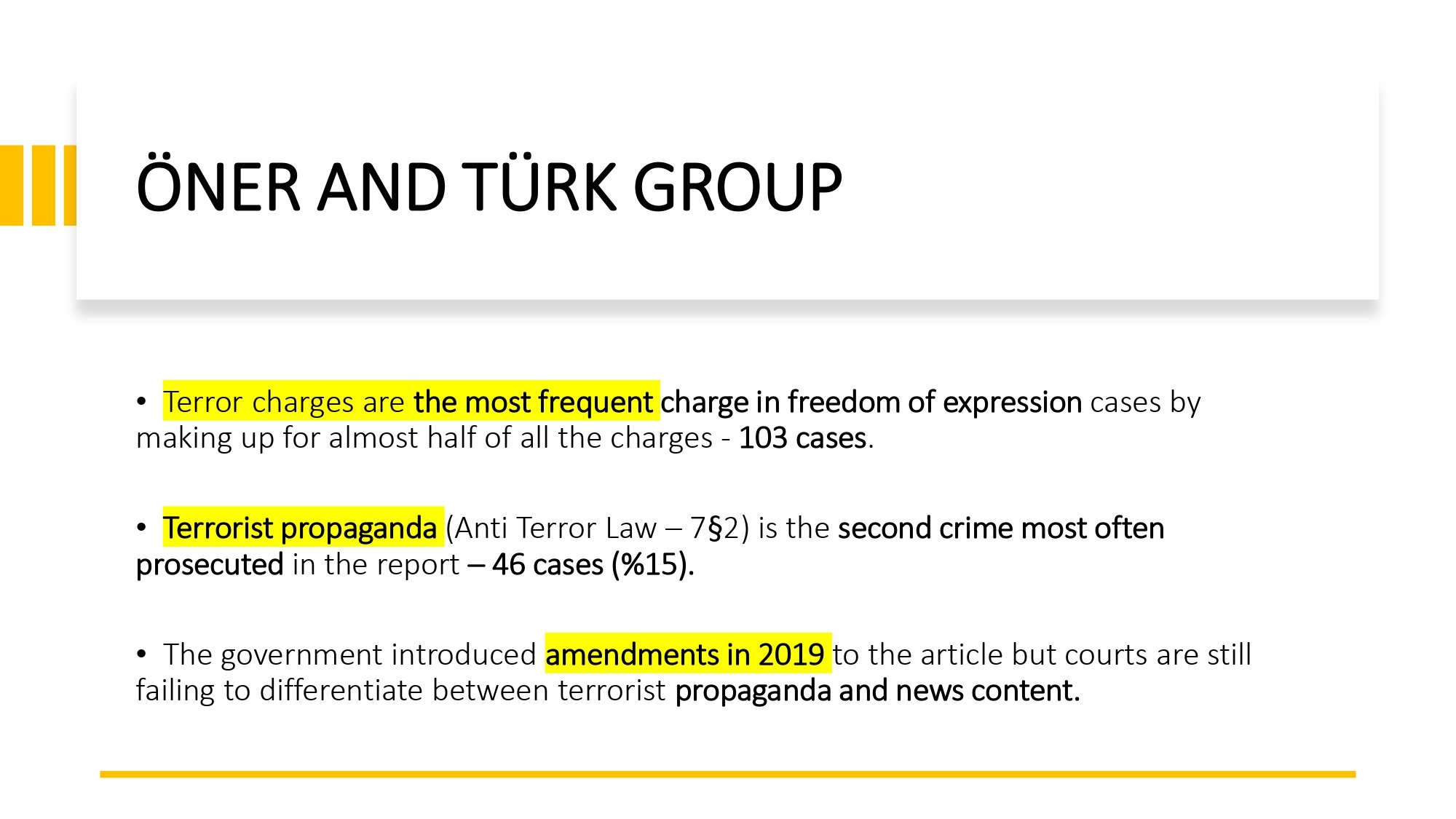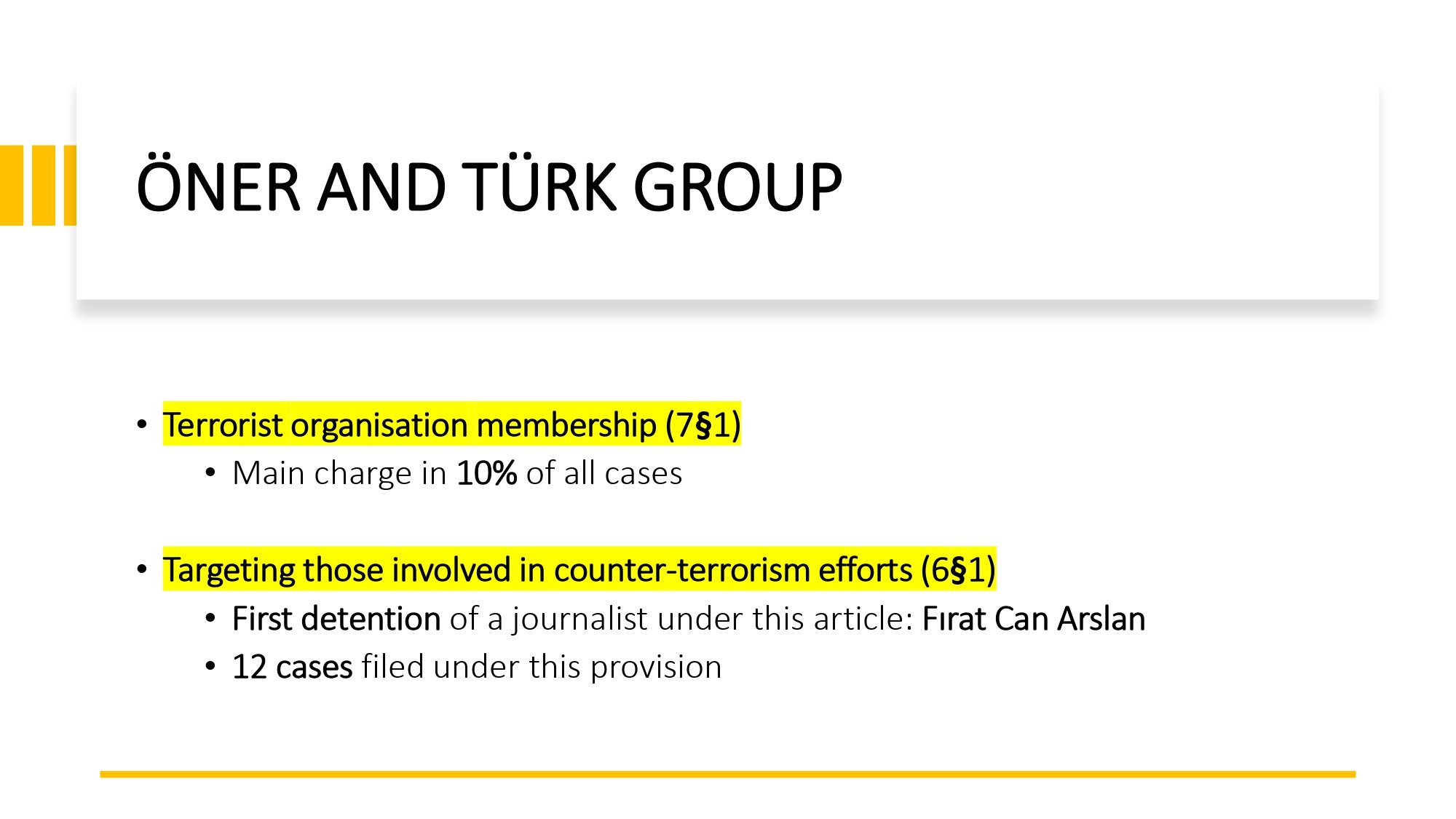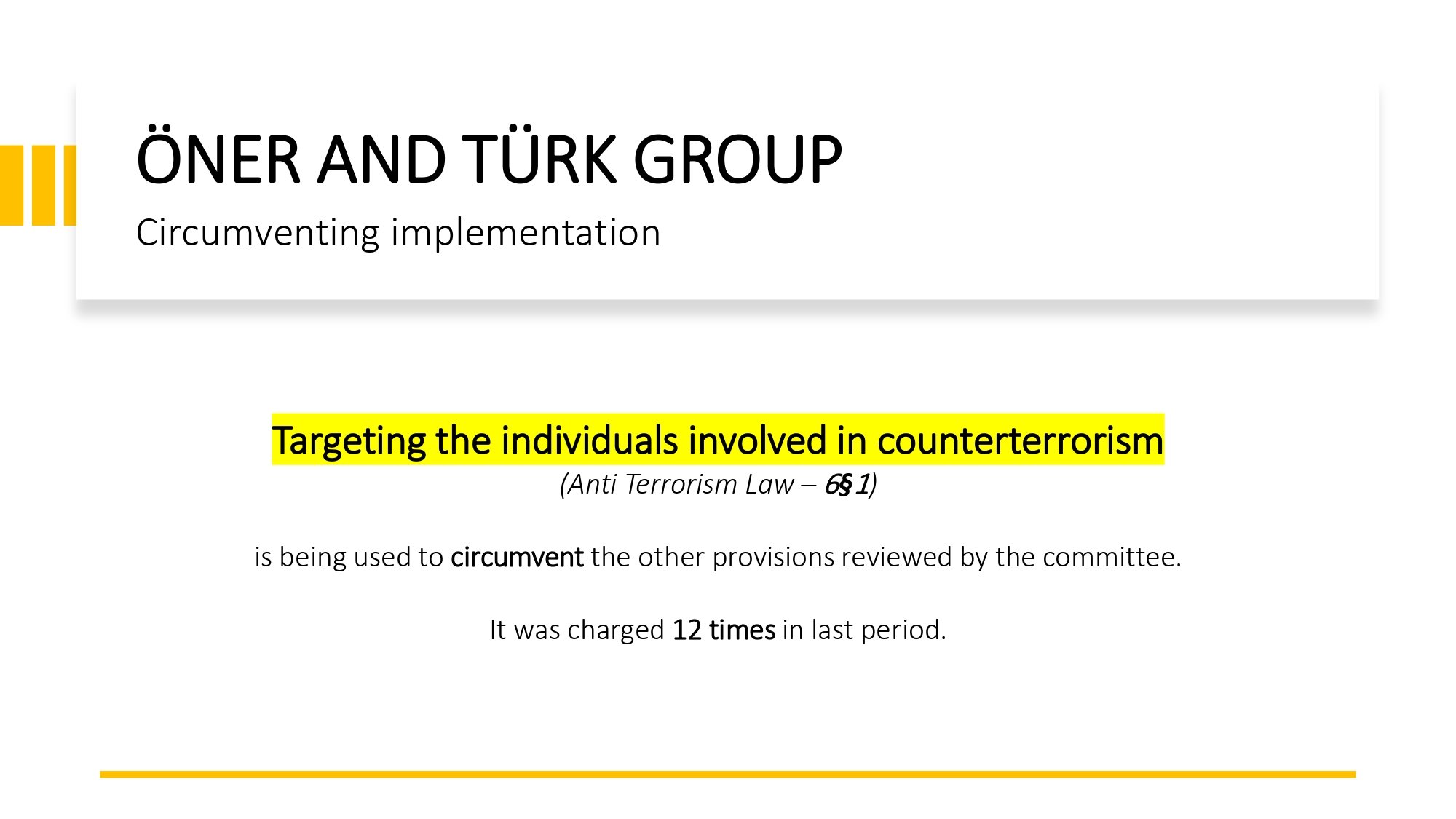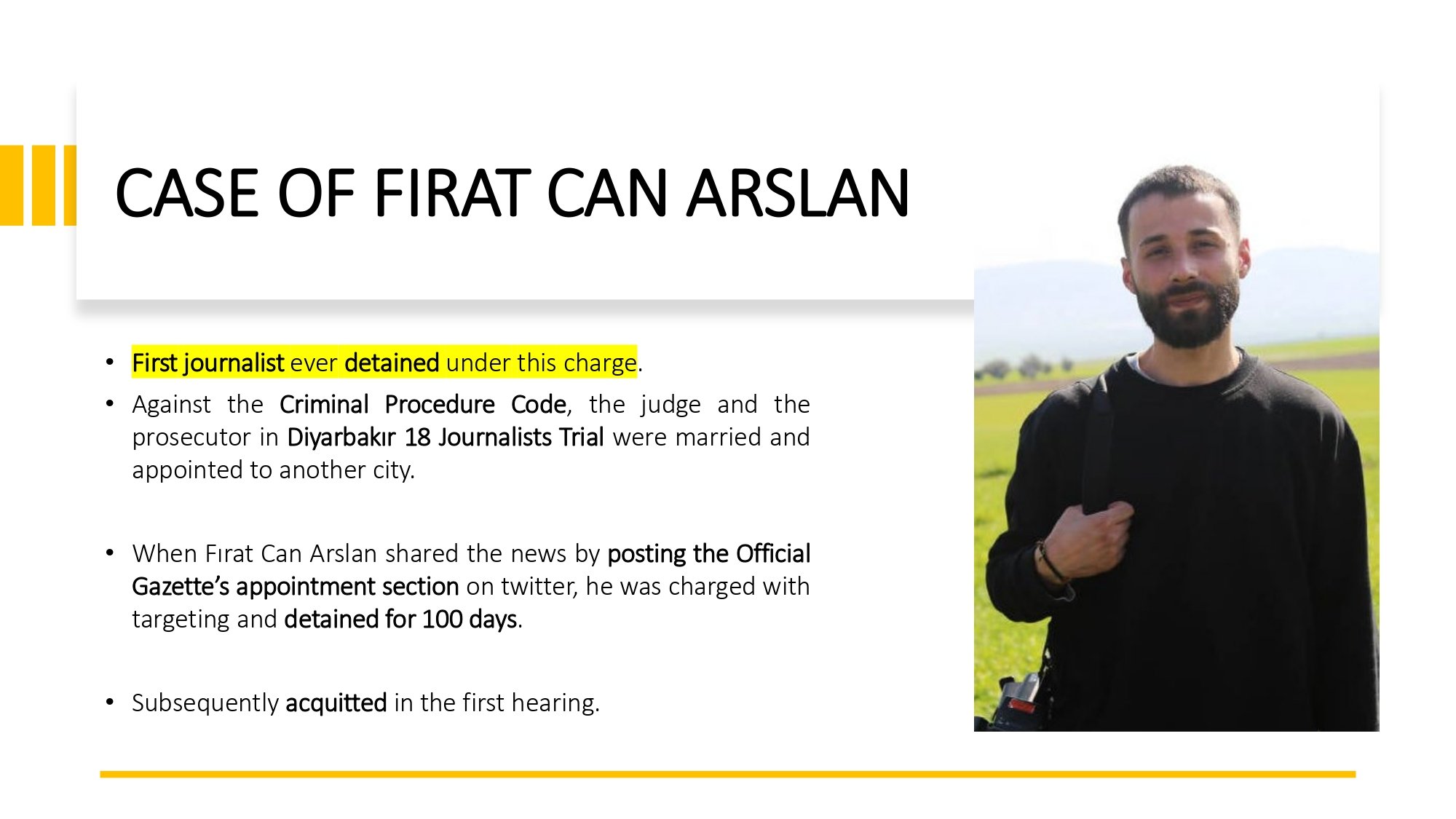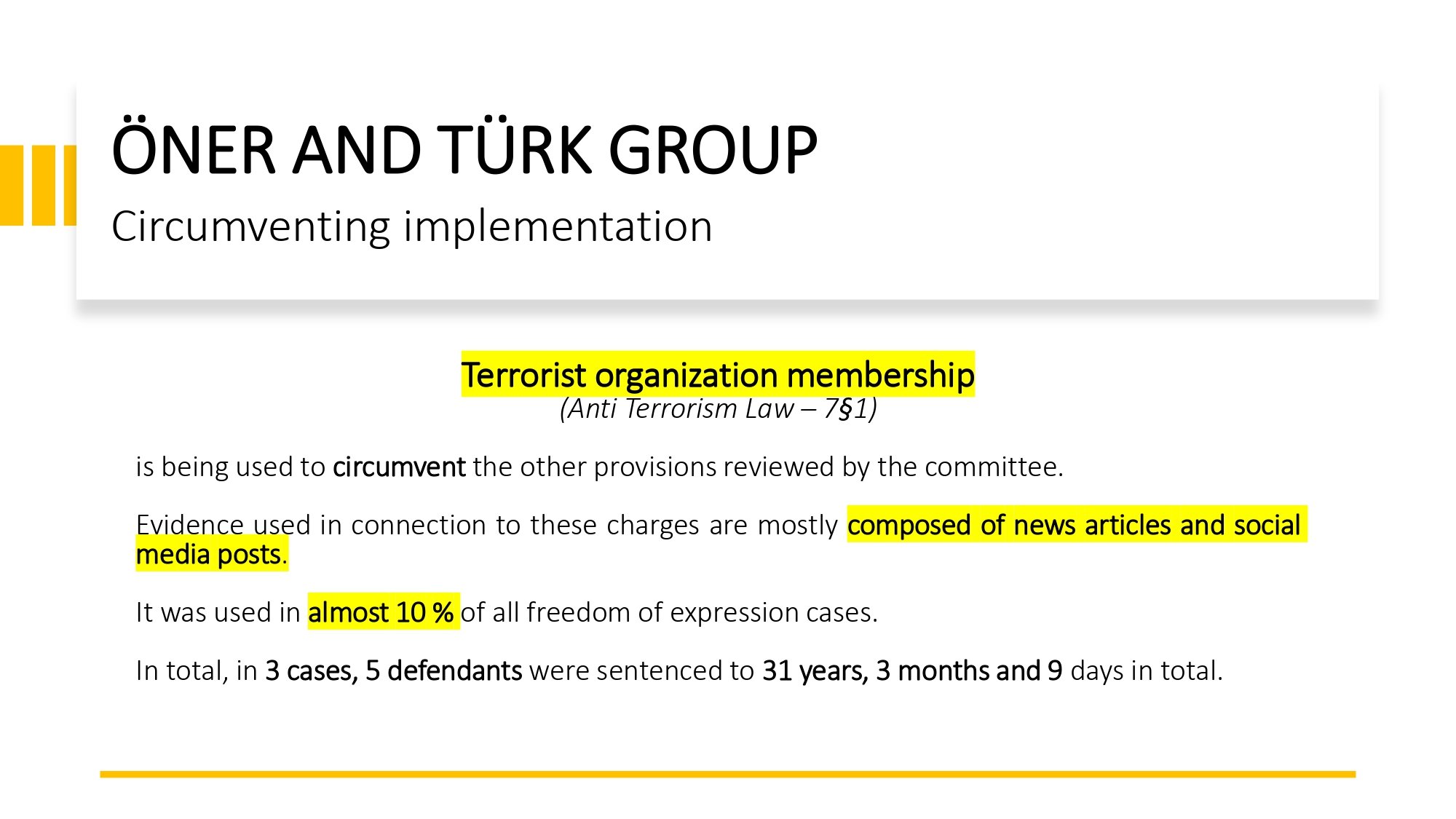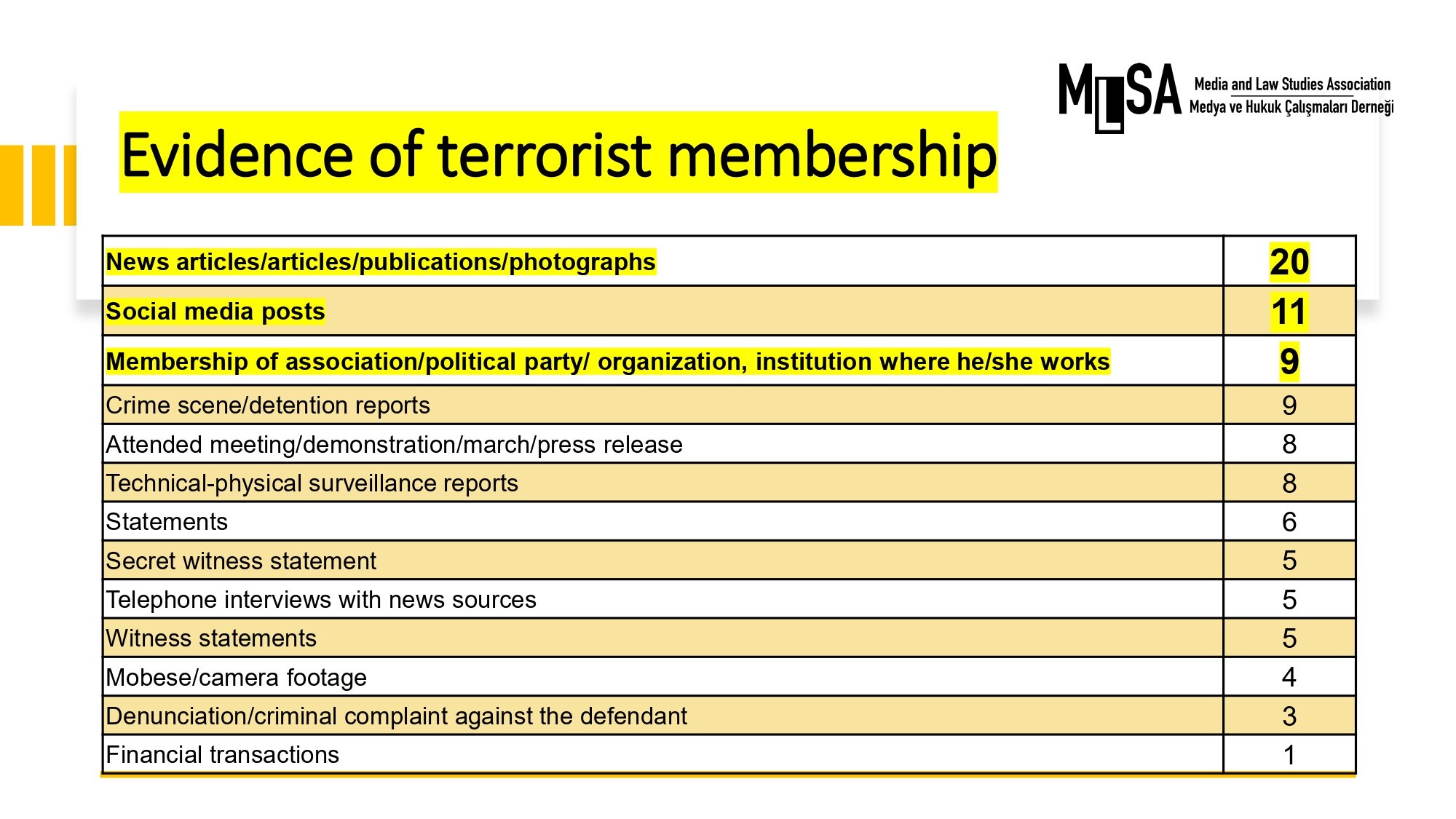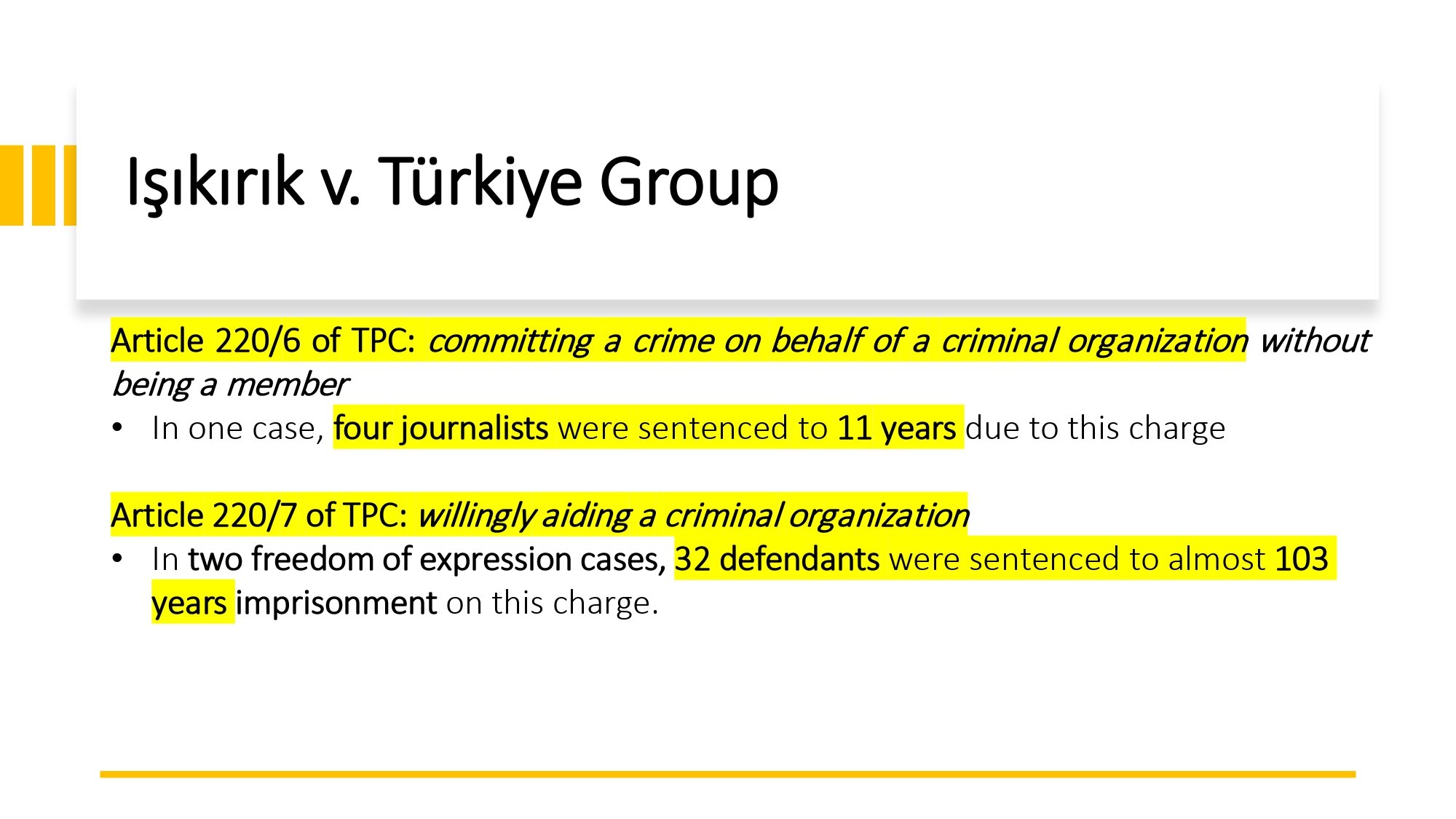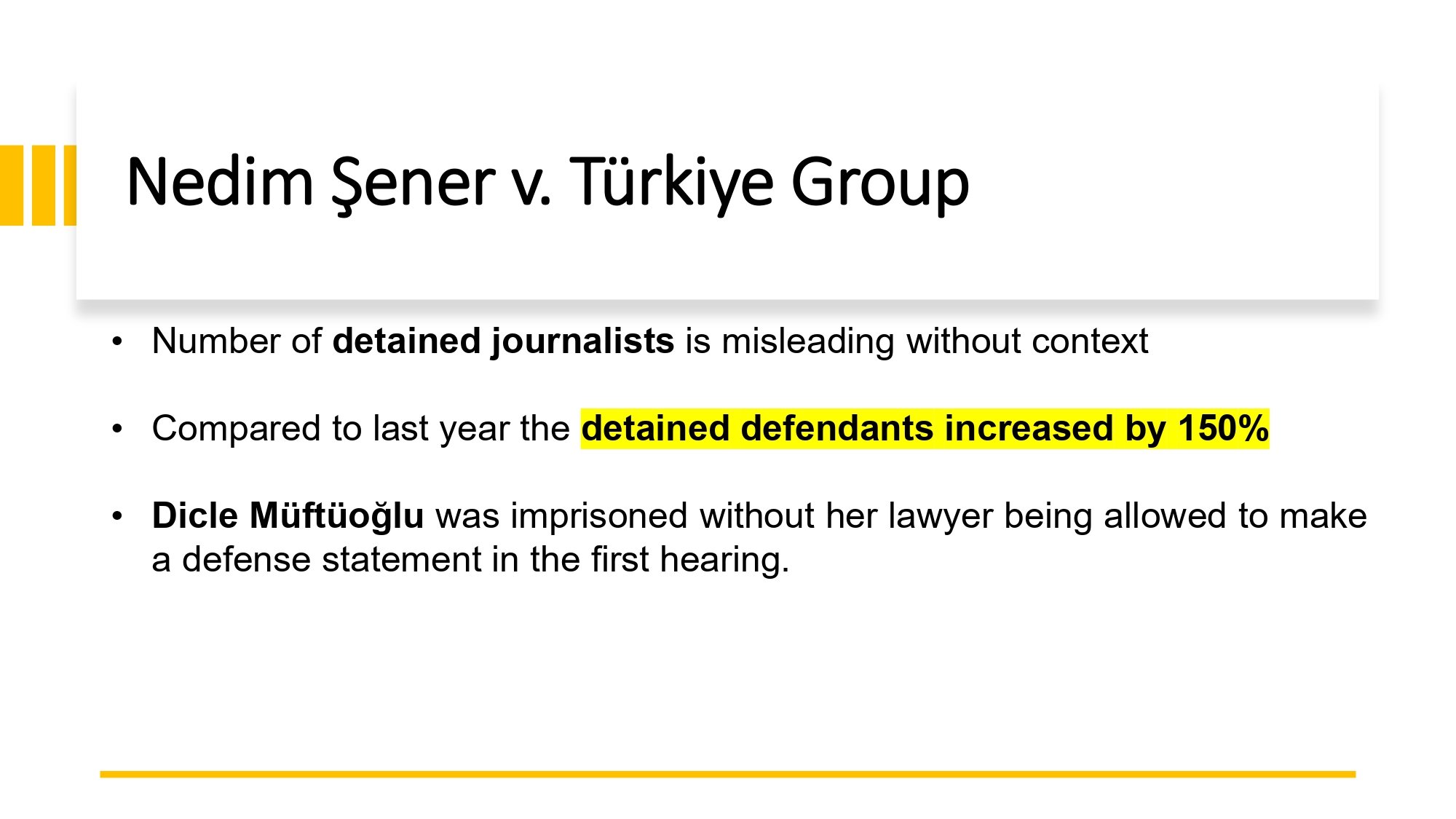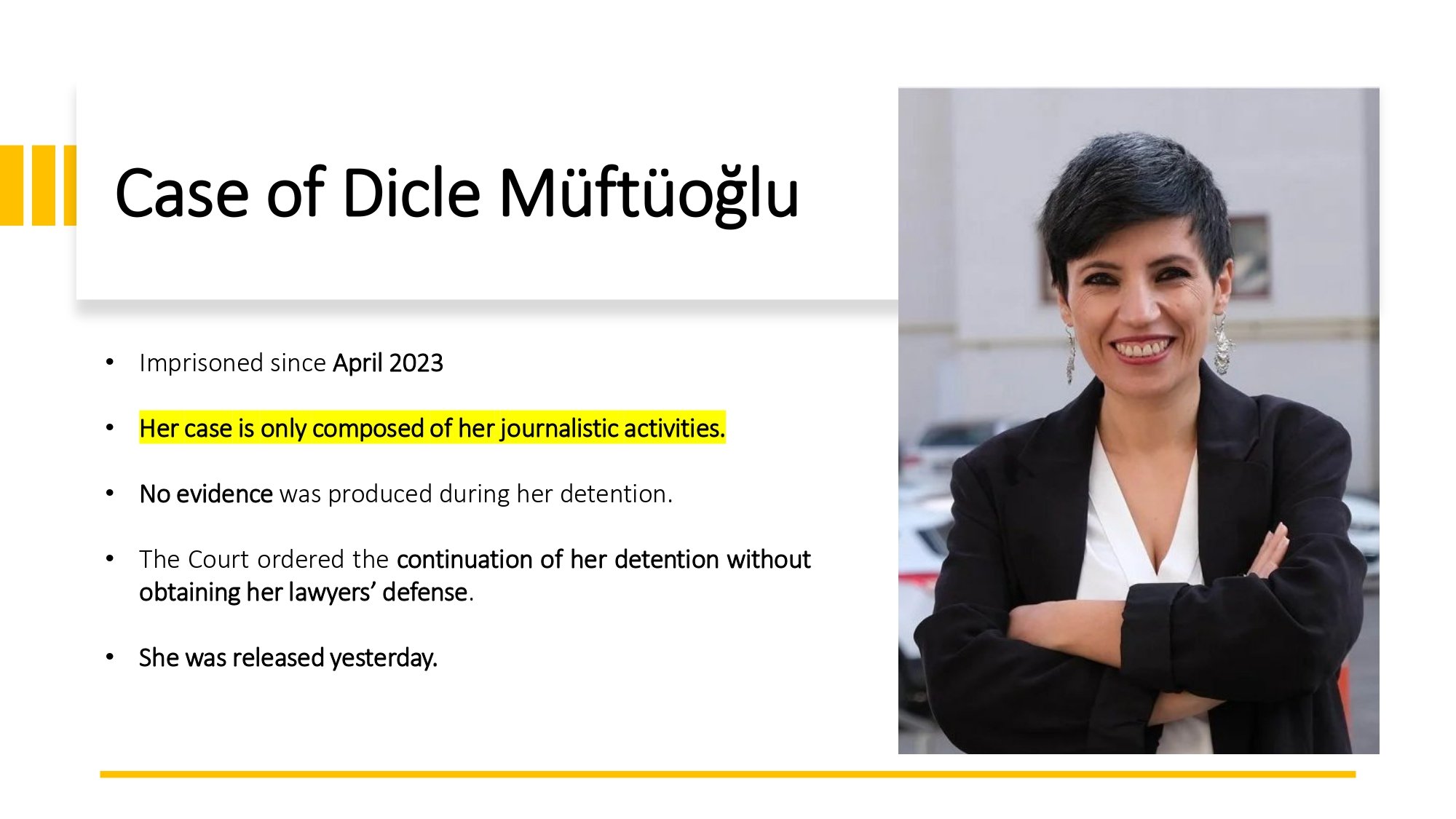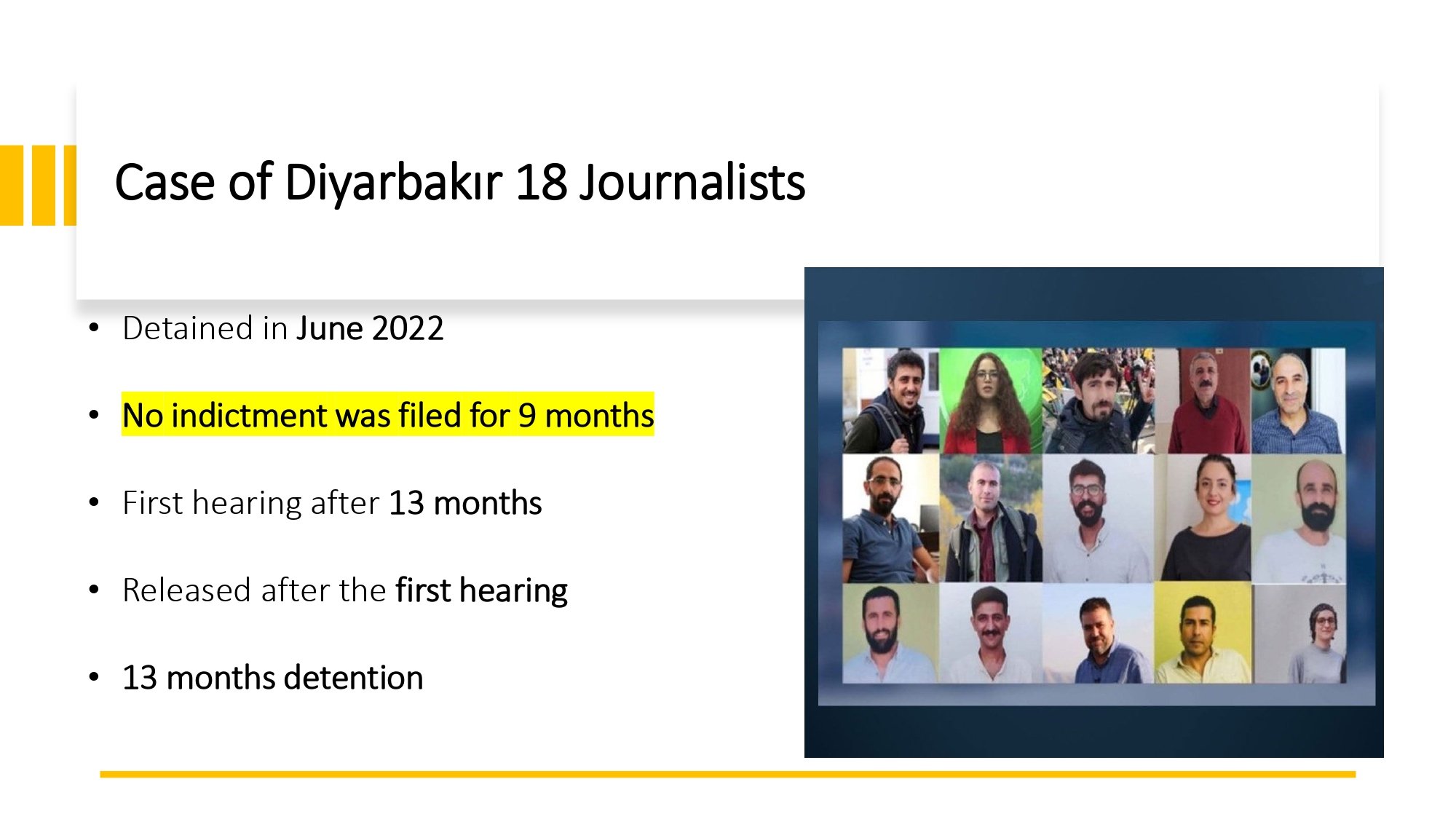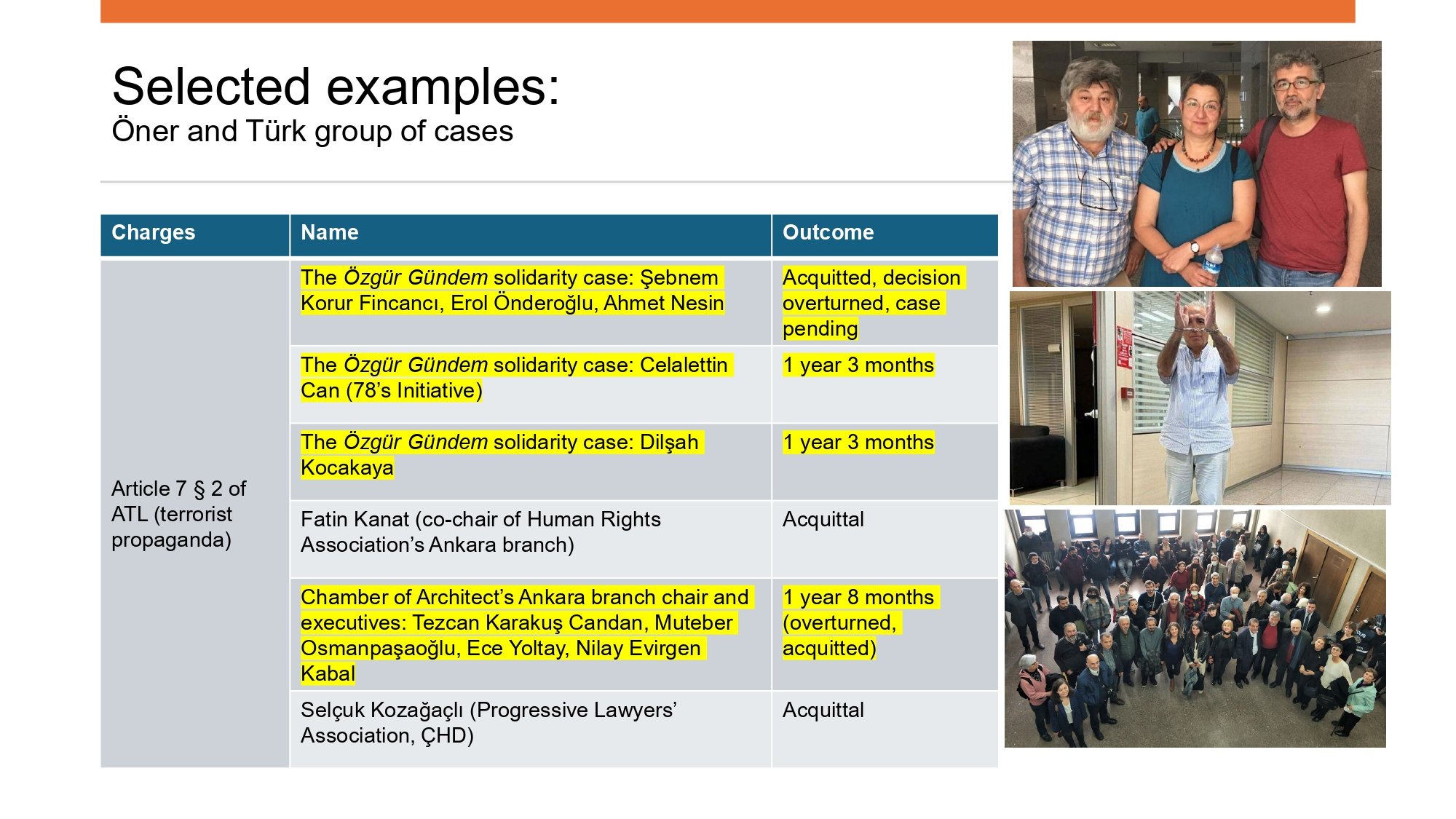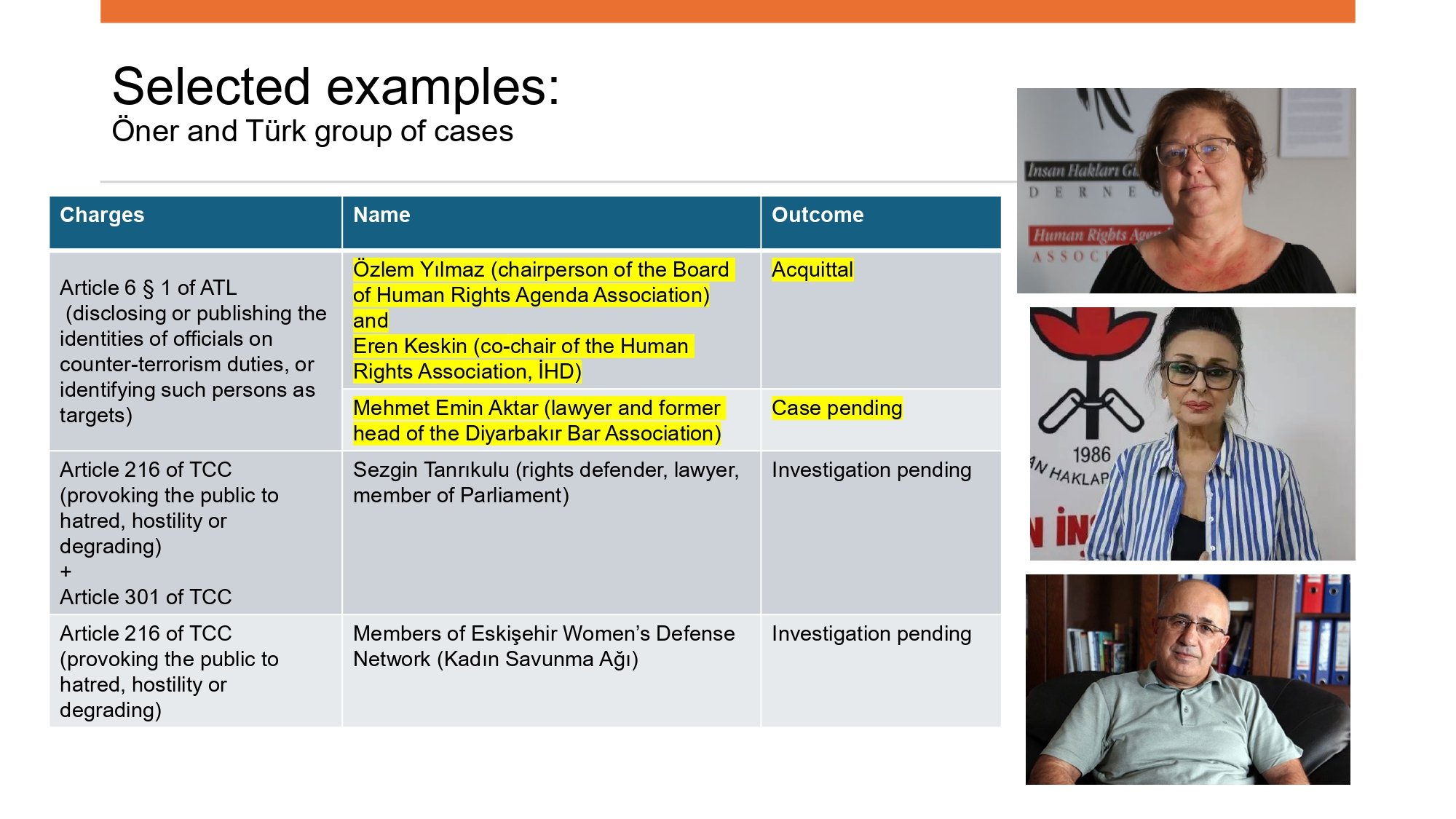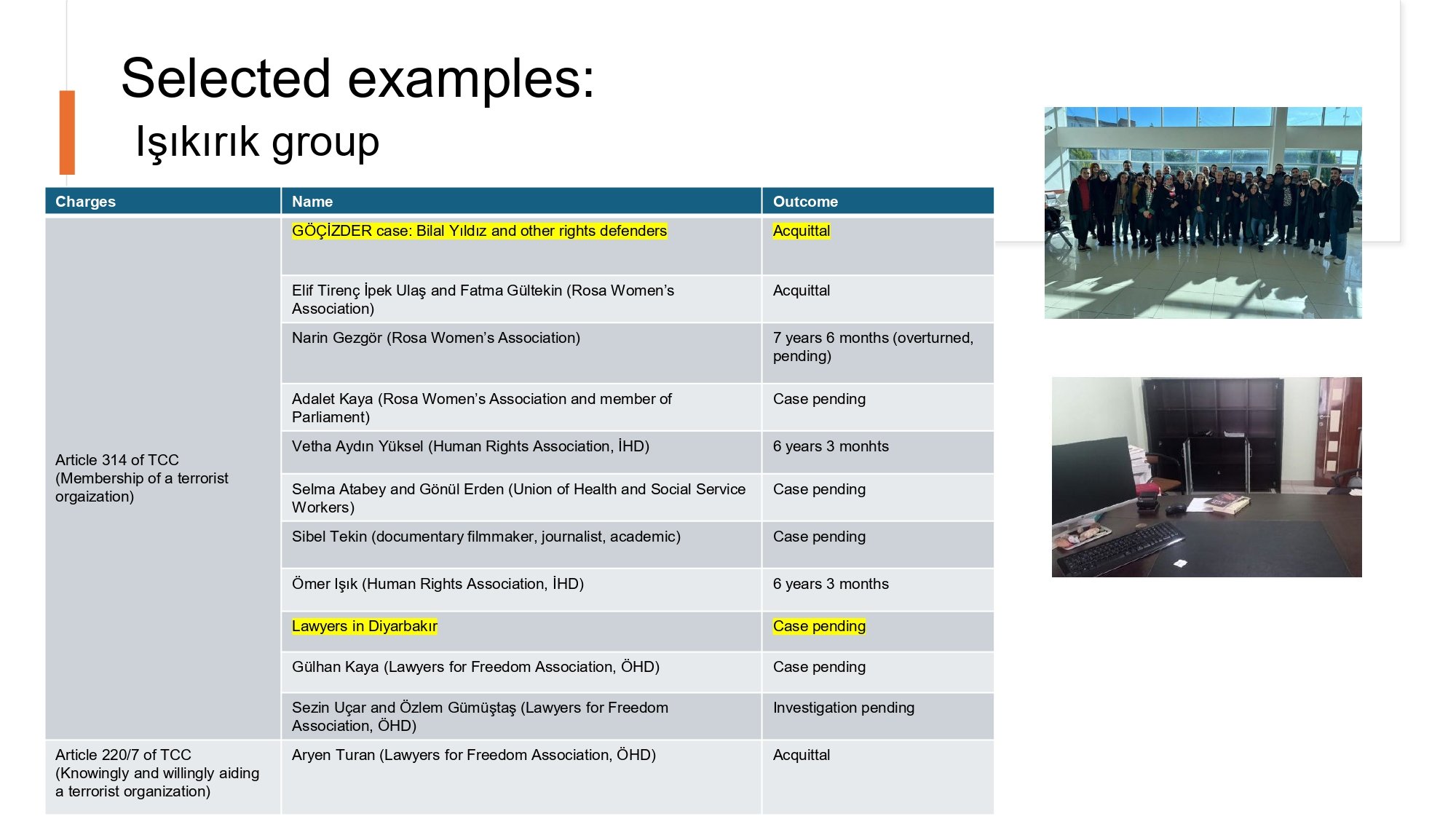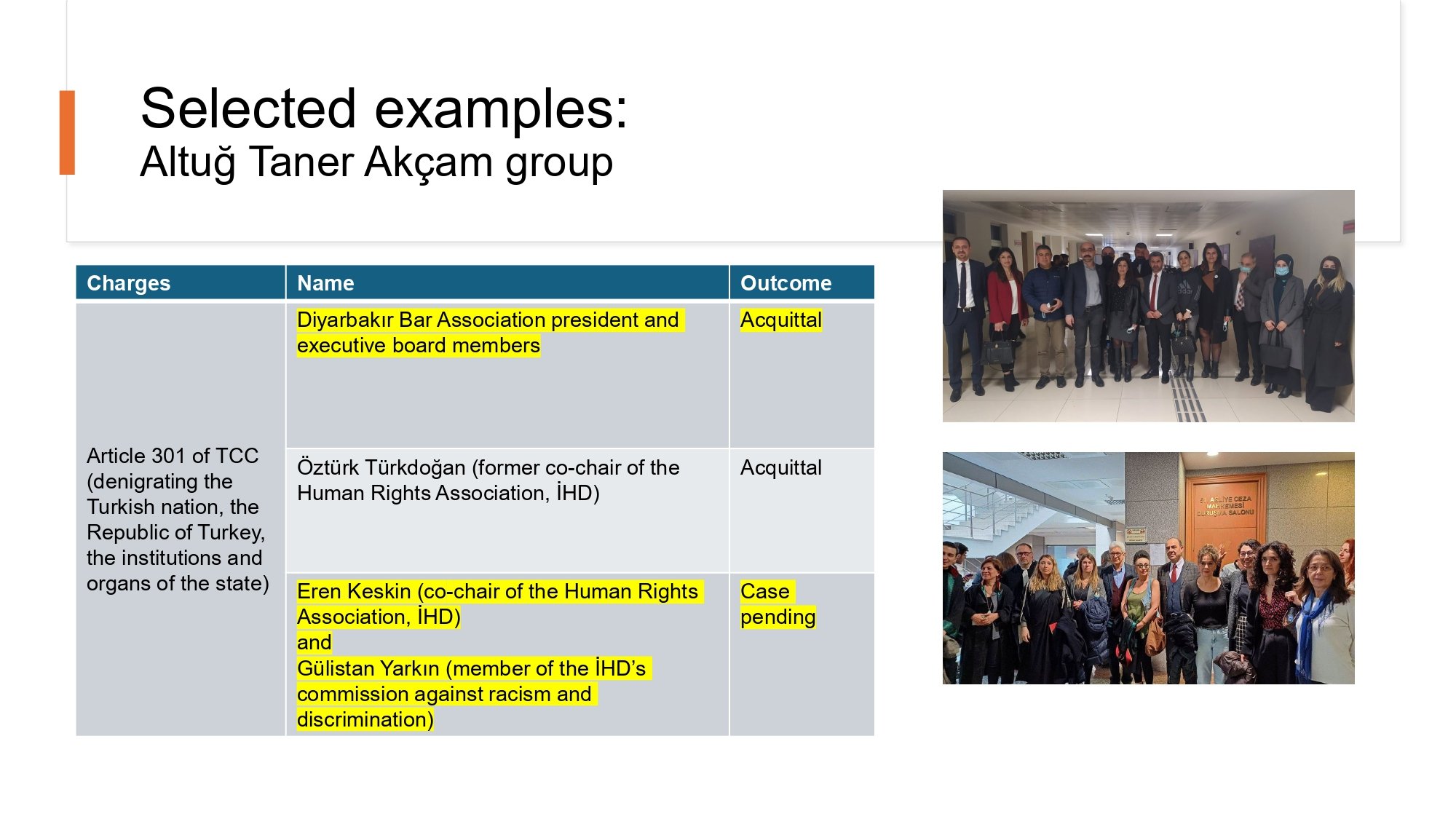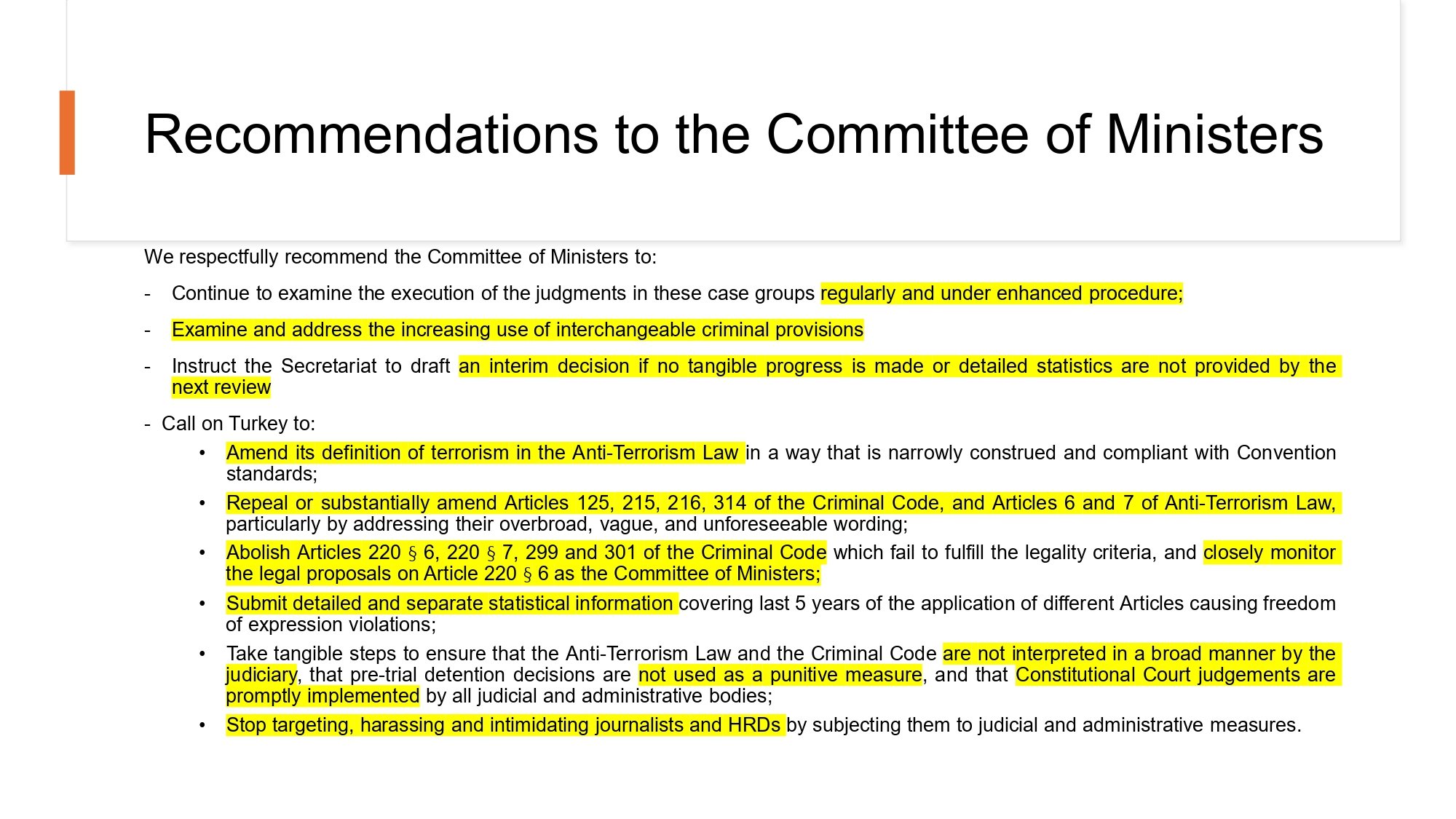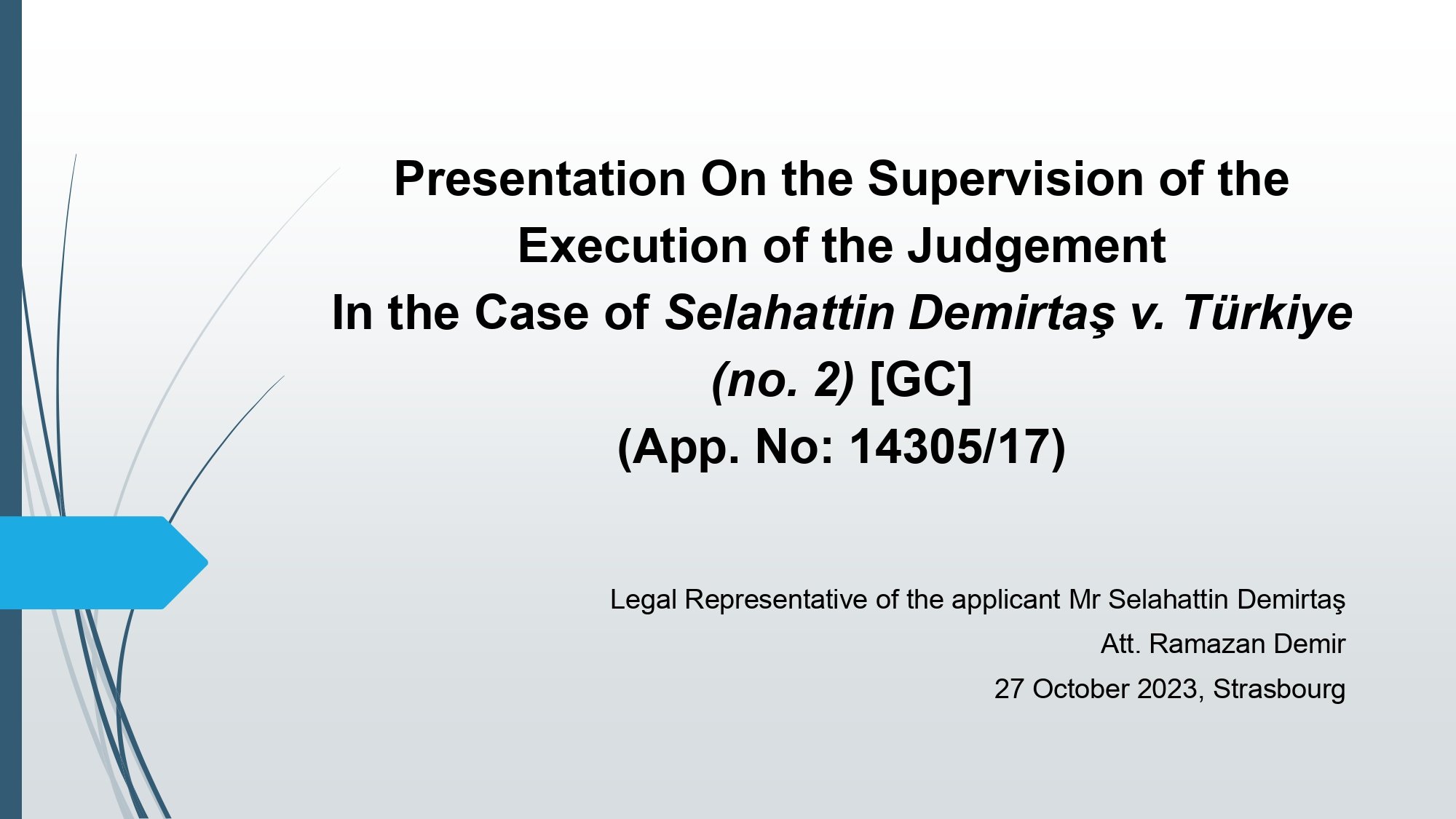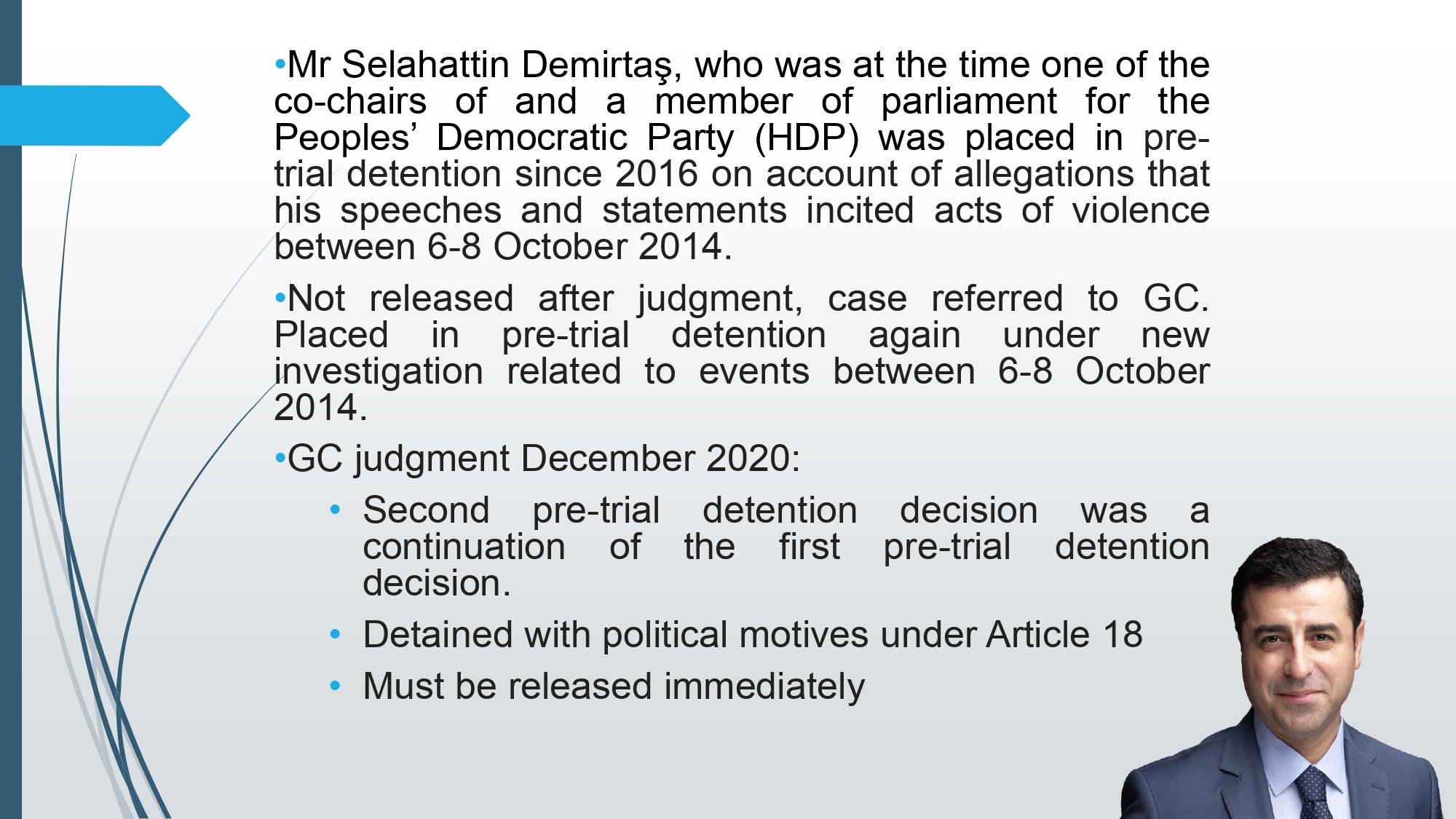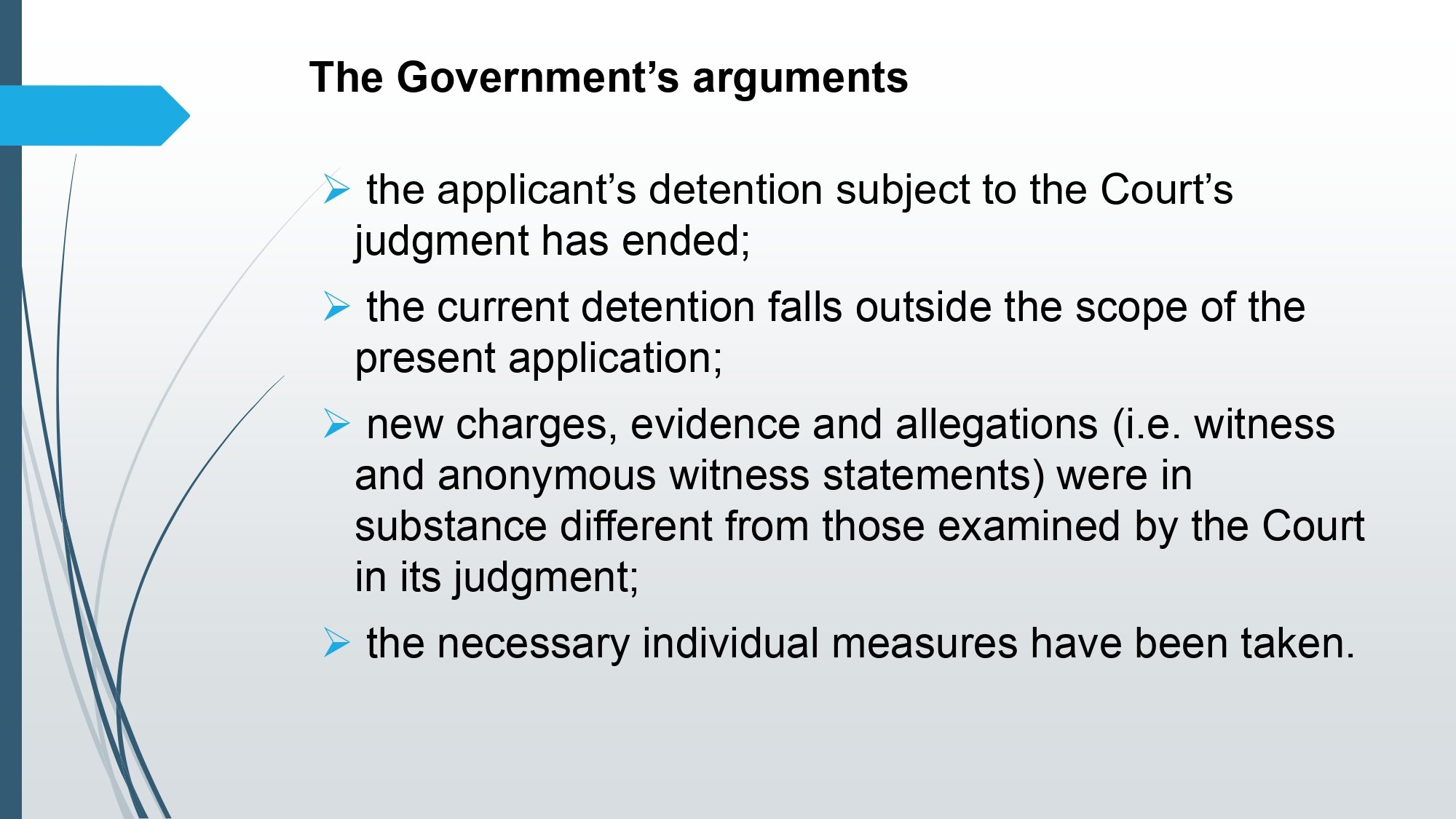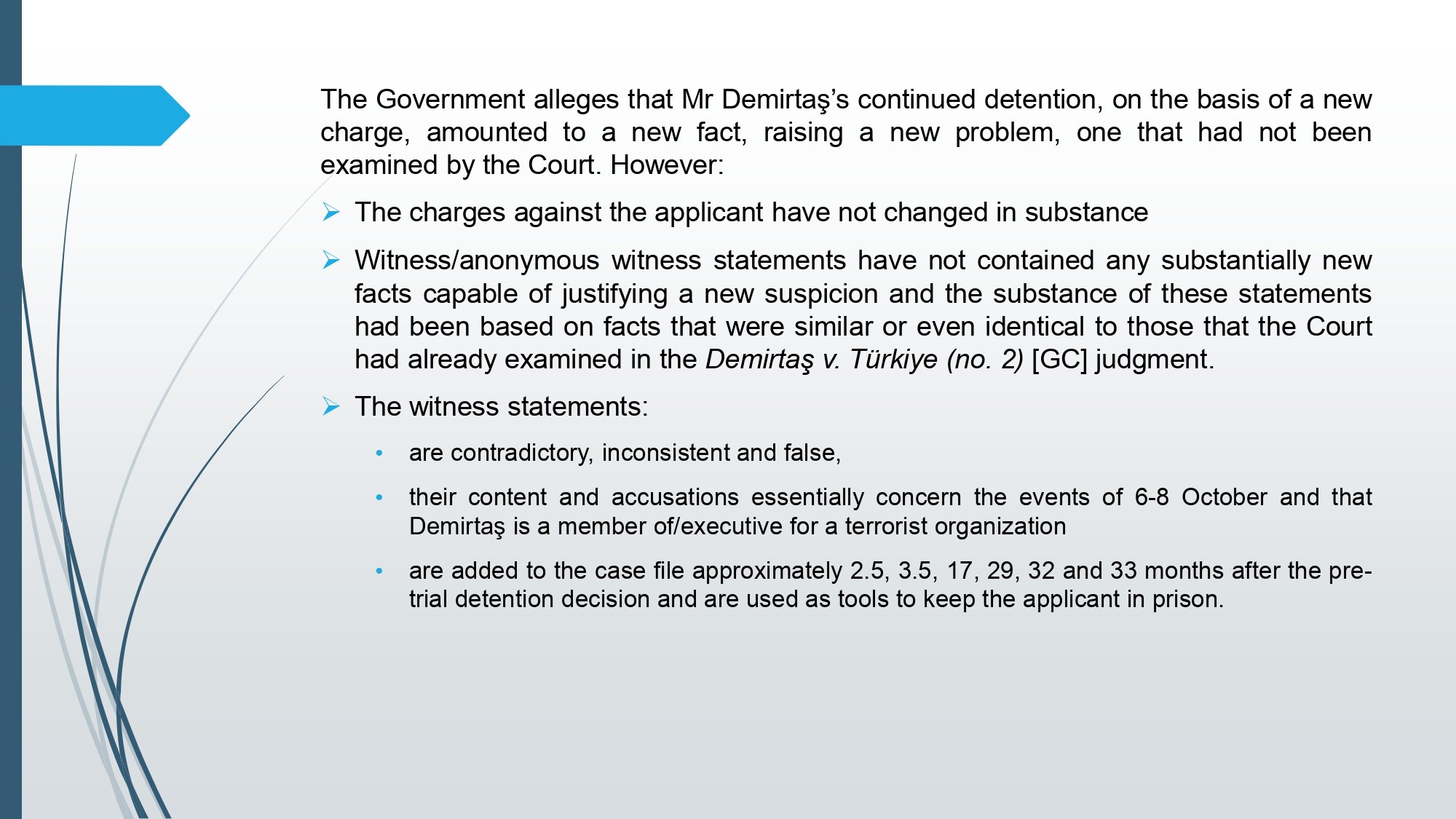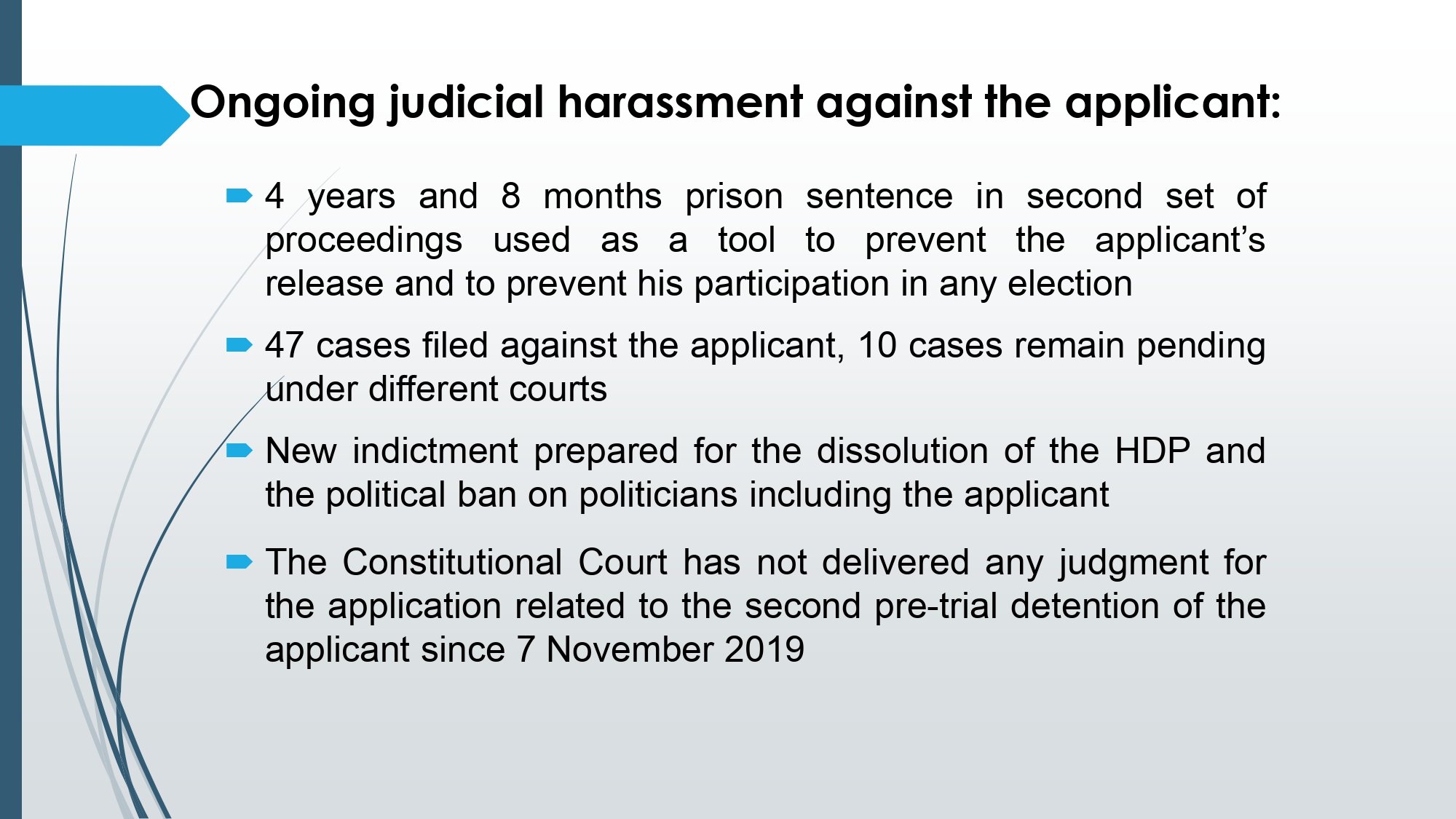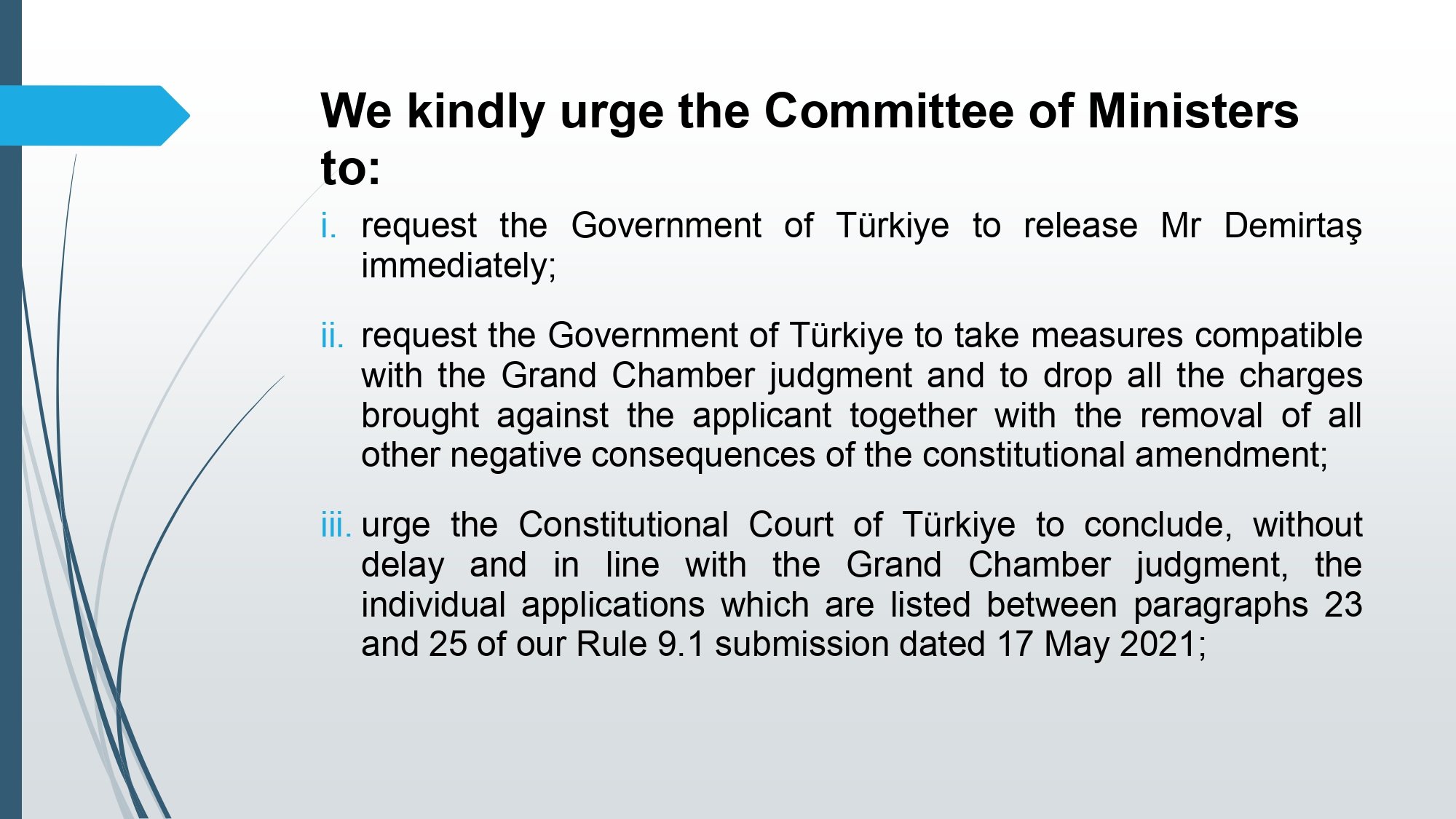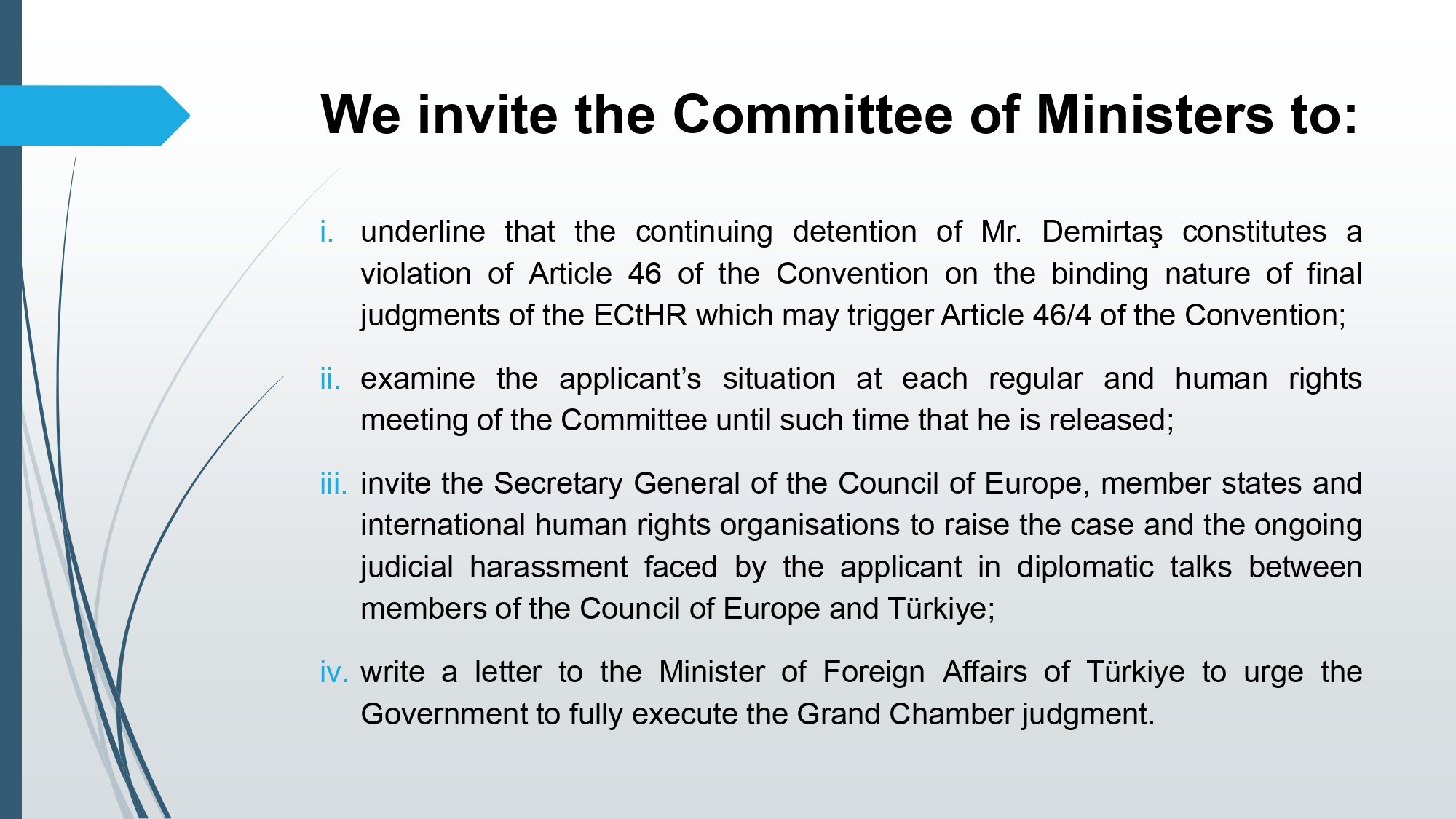EIN Advocacy Briefings
The EIN organises regular briefings on judgments of the European Court of Human Rights for members of the Committee of Ministers in view of their quarterly Human Rights (DH) meetings, where the implementation of judgments is discussed. With the briefings, we aim to provide the Committee with updated information on the progress of specific cases from civil society organisations on the ground.
These briefings are an opportunity for European civil society organisations to advocate for the implementation of ECtHR and as such are an inherent component of the freedom of expression project. To date, within the framework of the so-called project, four cases have been briefed.
Hungary
The Baka v Hungary case concerns the premature termination, via ad hominem legislative measures, of the applicant’s (President of the former Hungarian Supreme Court) term of office. The termination was found to have violated his right of access to a court as guaranteed by Article 6 § 1 because of the absence of judicial review. The Court found that these measures had been prompted by the views and criticisms expressed by the applicant on issues of public interest (planned major reform of the judicial system) and had violated Article 10 as they had not pursued any legitimate aim linked to the judicial reform at issue, nor had the measures been necessary in a democratic society.
The Manole and others v the Republic of Moldova case concerns concerns undue interferences with the right of freedom of expression of journalists, editors and producers working at the state television company Teleradio-Moldova on account of censorship and political control by the state authorities in the period 2001-2006. The Court found a violation of Article 10 arising inter alia from insufficient statutory guarantees of independence for the public broadcaster. It noted that the legislative framework had been flawed throughout, in that it did not provide sufficient safeguards against the control of Teleradio-Moldova’s senior management, and thus its editorial policy, by the political organ of the government.
The Court indicated under Article 46 that the Republic of Moldova was under a legal obligation to take general measures at the earliest opportunity to remedy the situation, including by undertaking legislative reform to ensure that the legal framework complies with the requirements of Article 10, which also takes into account the Committee of Ministers' Recommendation Rec(96)10 on the guarantees of the independence of public service broadcasting and the recommendations of the Council of Europe experts on the draft law on public service broadcasting in Moldova.
Türkiye
Öner and Turk v Türkiye, Işıkırık v Türkiye, Altuğ Taner Akçam v Türkiye, Artun and Güvener v Türkiye and Nedim Şener v Türkiye groups of cases
The Öner and Turk v Türkiye, Işıkırık v Türkiye, Altuğ Taner Akçam v Türkiye, Artun and Güvener v Türkiye and Nedim Şener v Türkiye groups of cases concern unjustified and disproportionate interferences with the applicants’ freedom of expression on account of criminal proceedings for having expressed opinions that did not incite hatred or violence, and the consequent chilling effect on society as a whole.
The Selahattin Demirtaş (No. 2) v Türkiye case concerns the arrest and pre-trial detention of, and criminal proceedings against, the applicant, a member of the National Assembly and one of the leaders of the Peoples’ Democratic Party (HDP, a pro-Kurdish opposition party).

